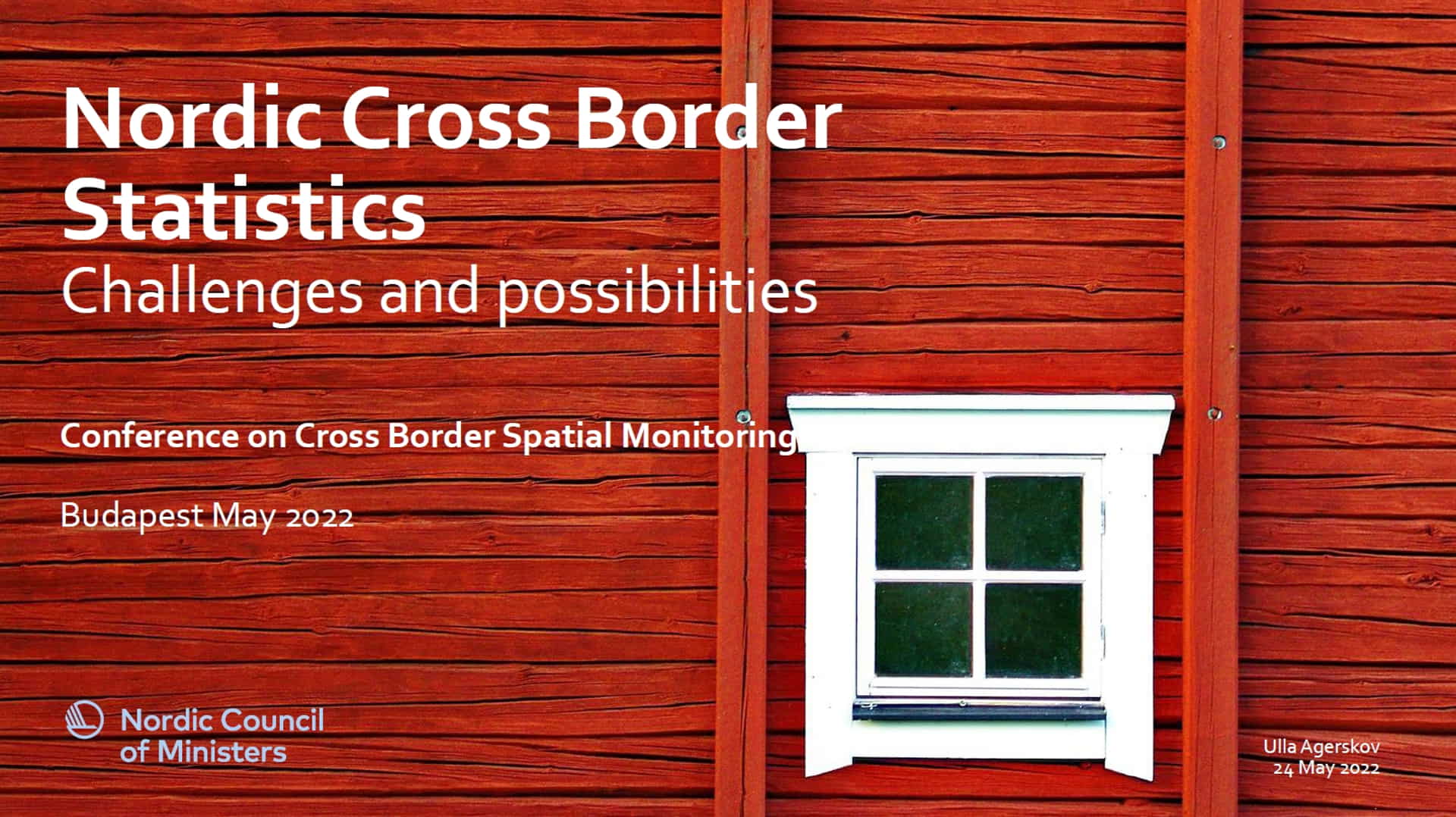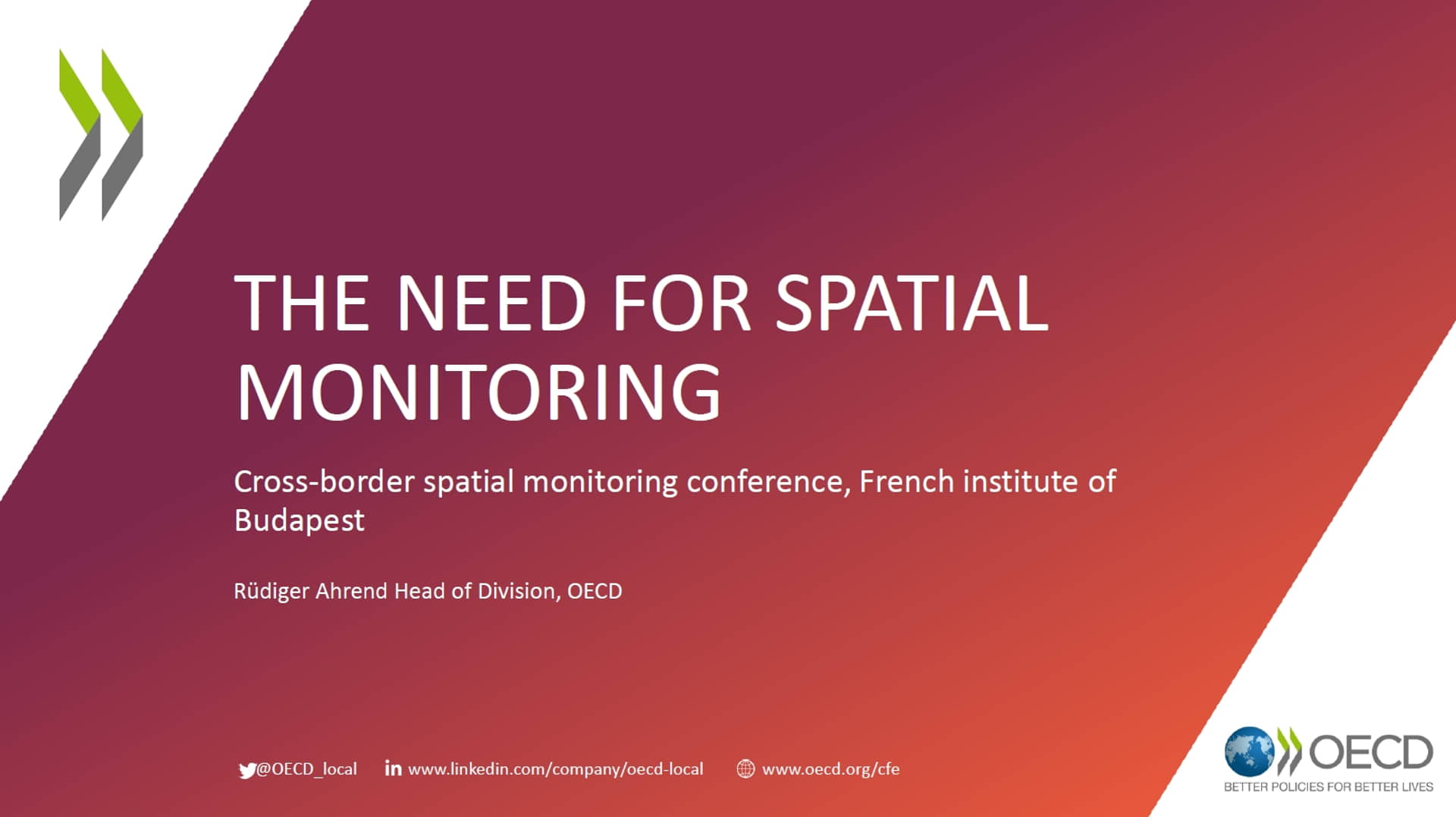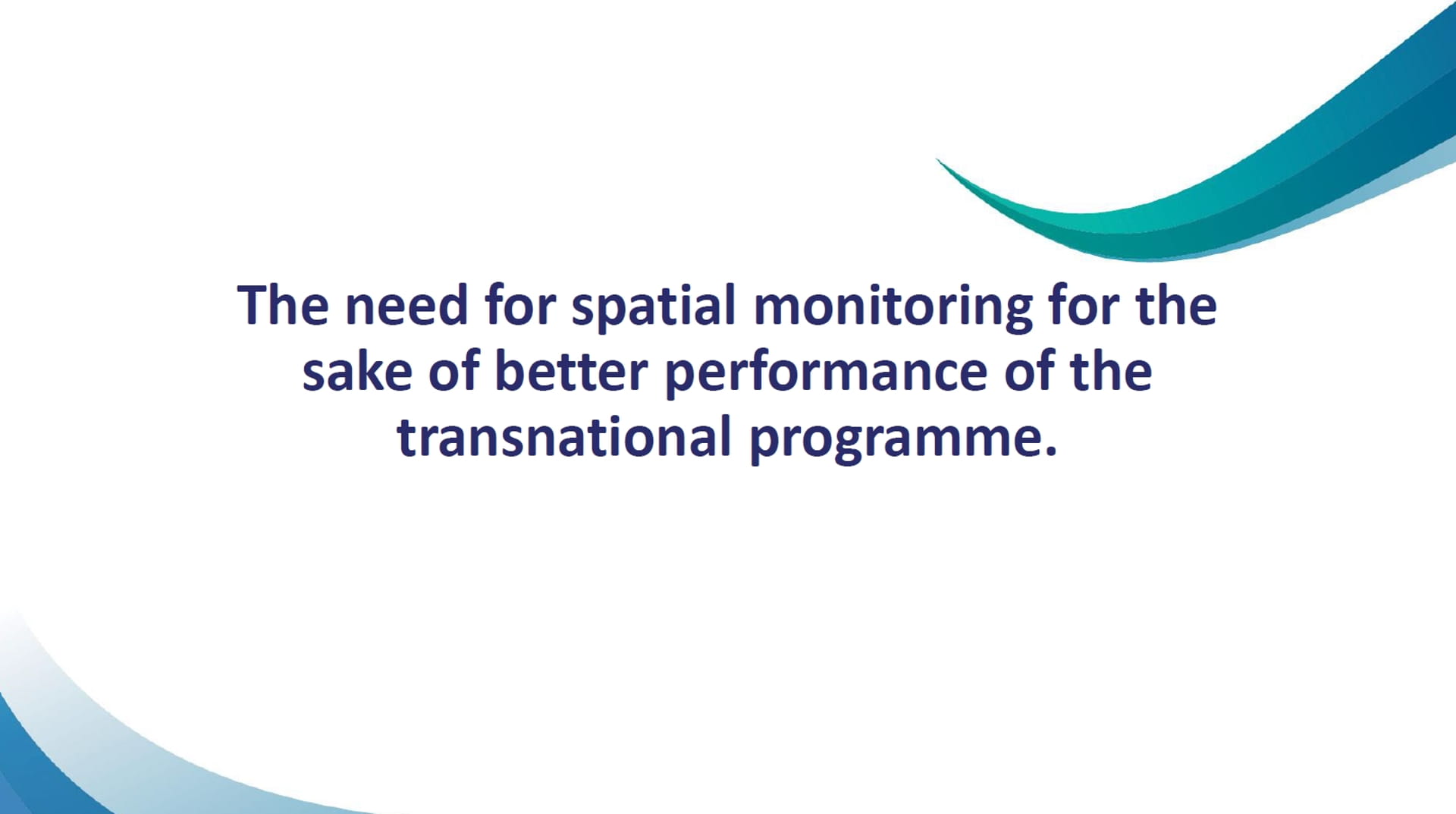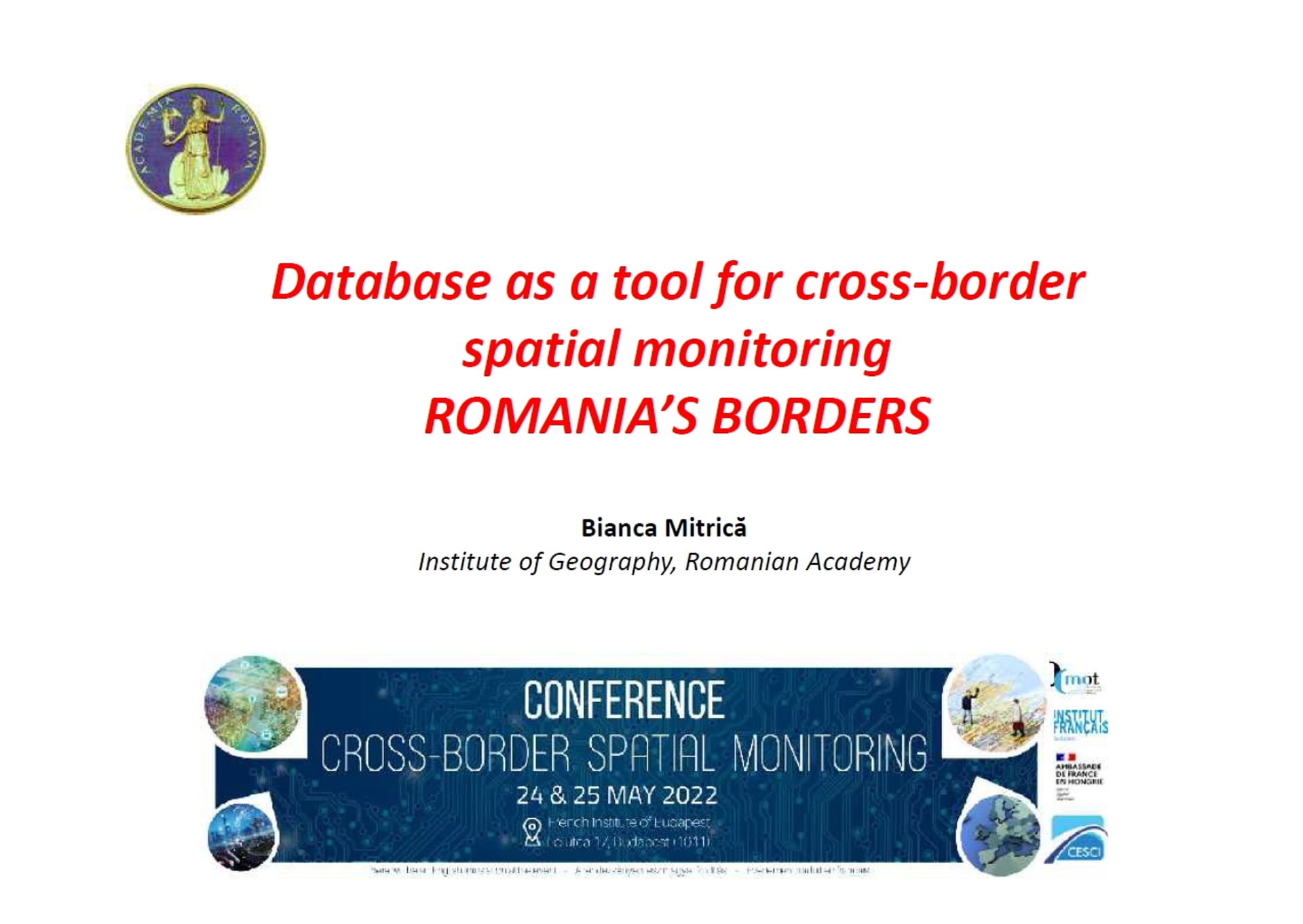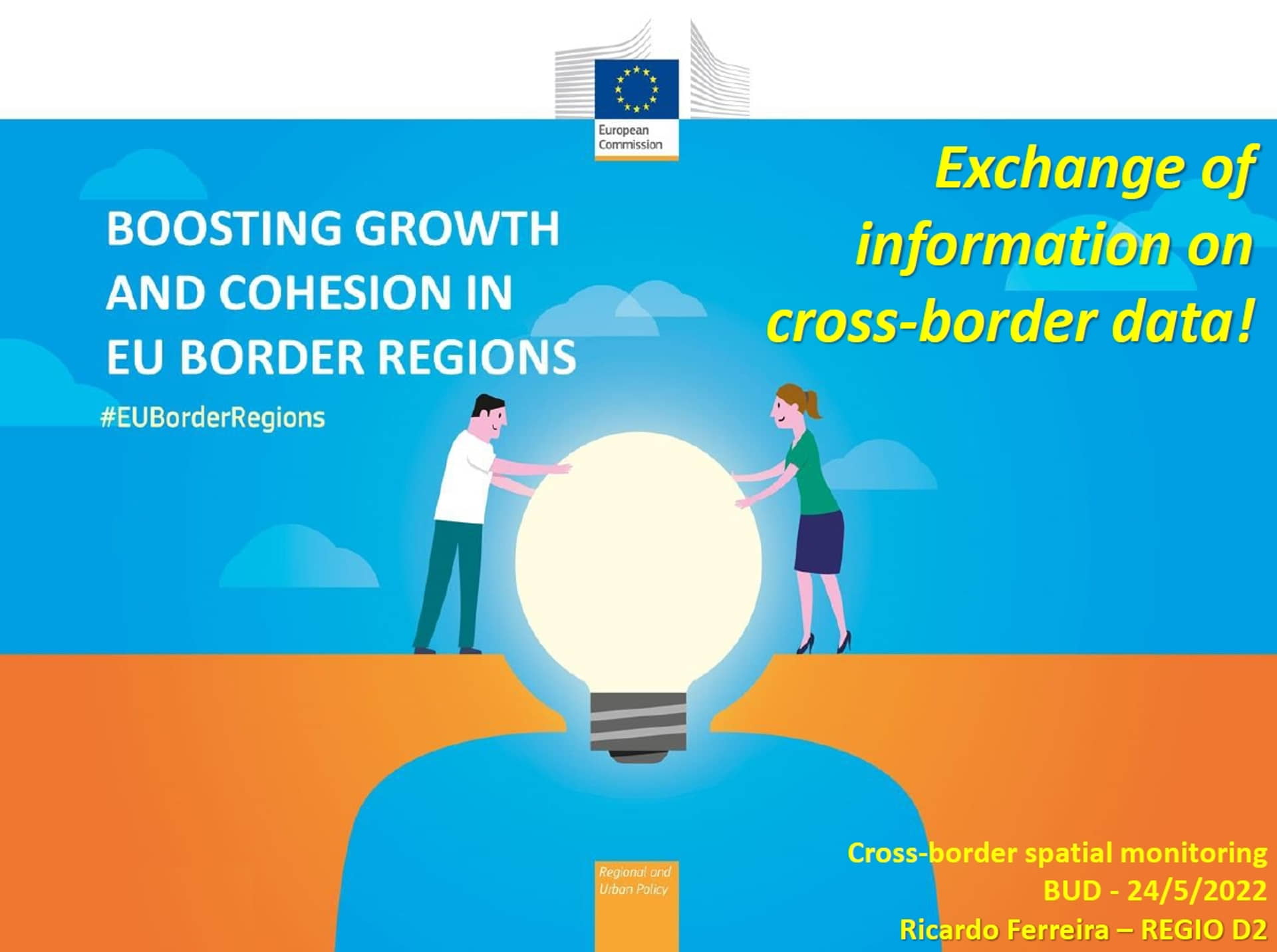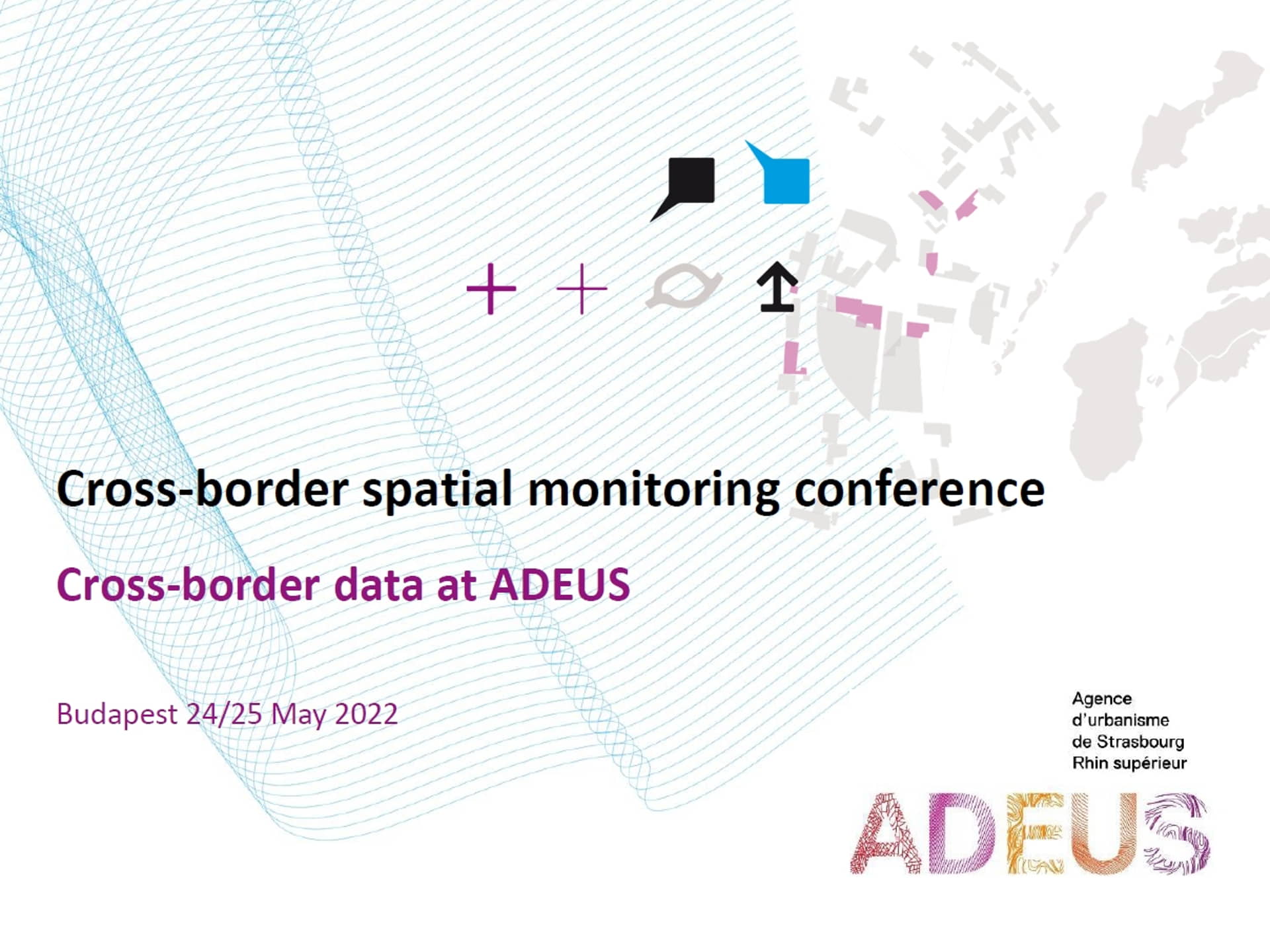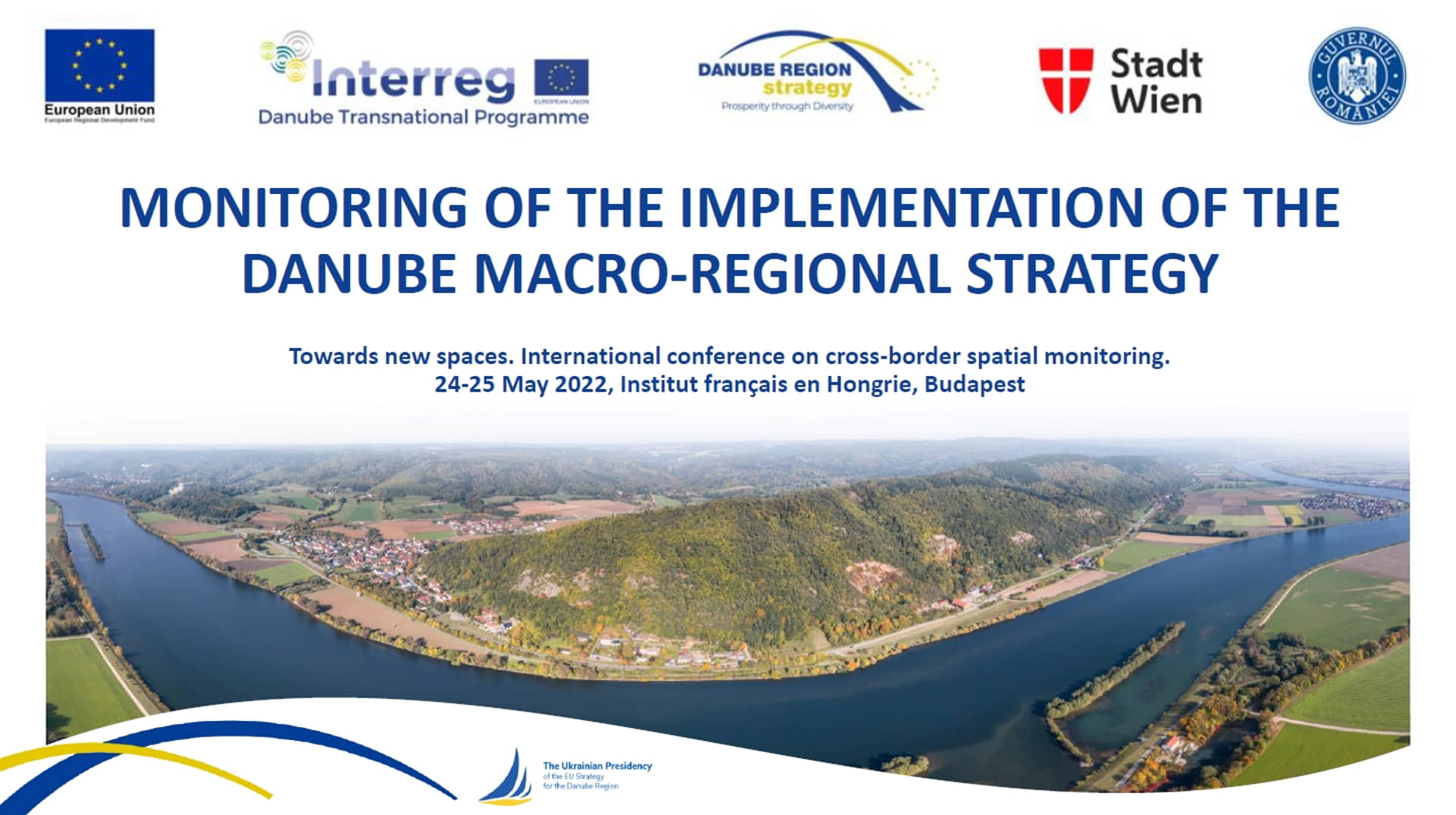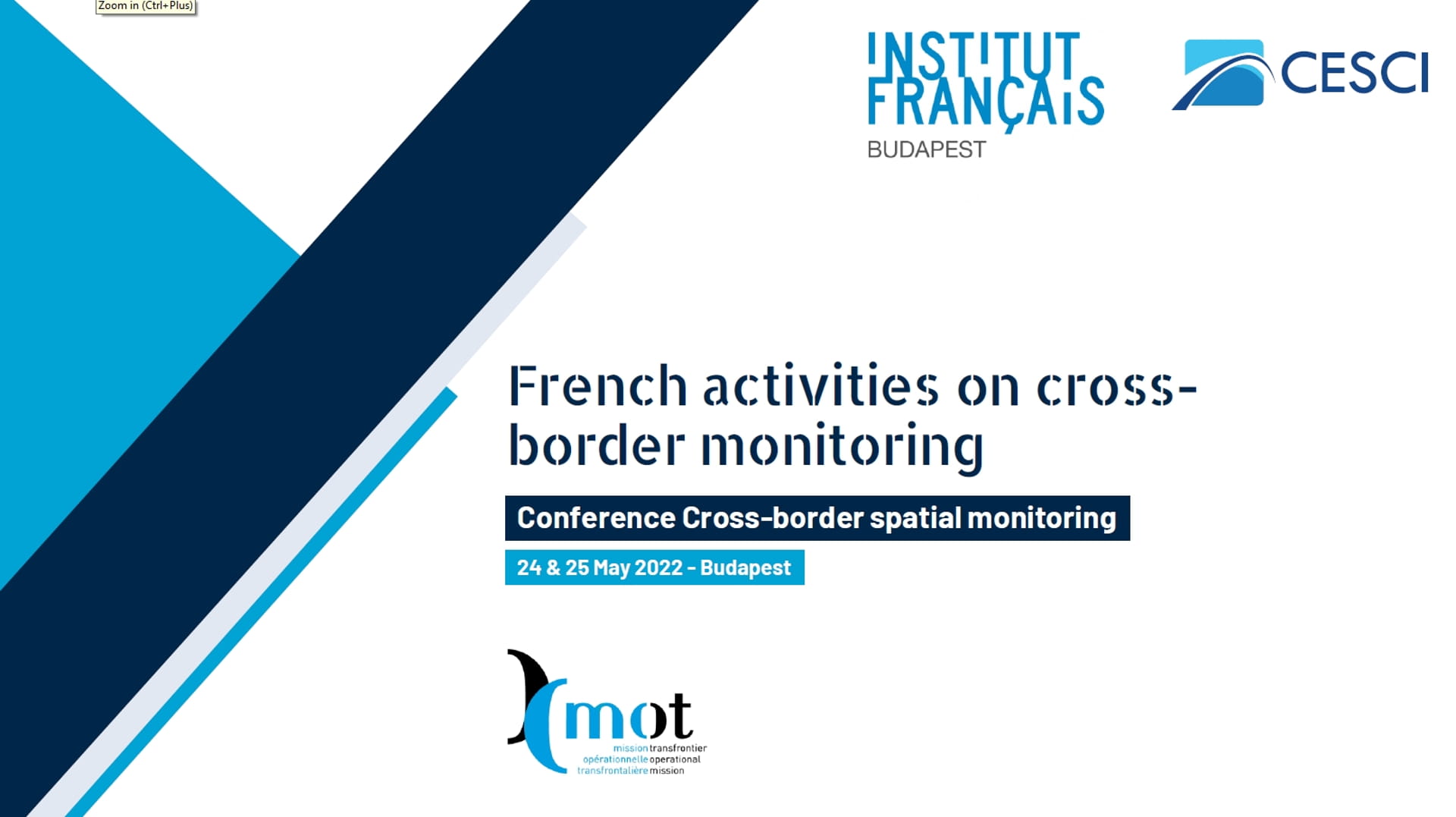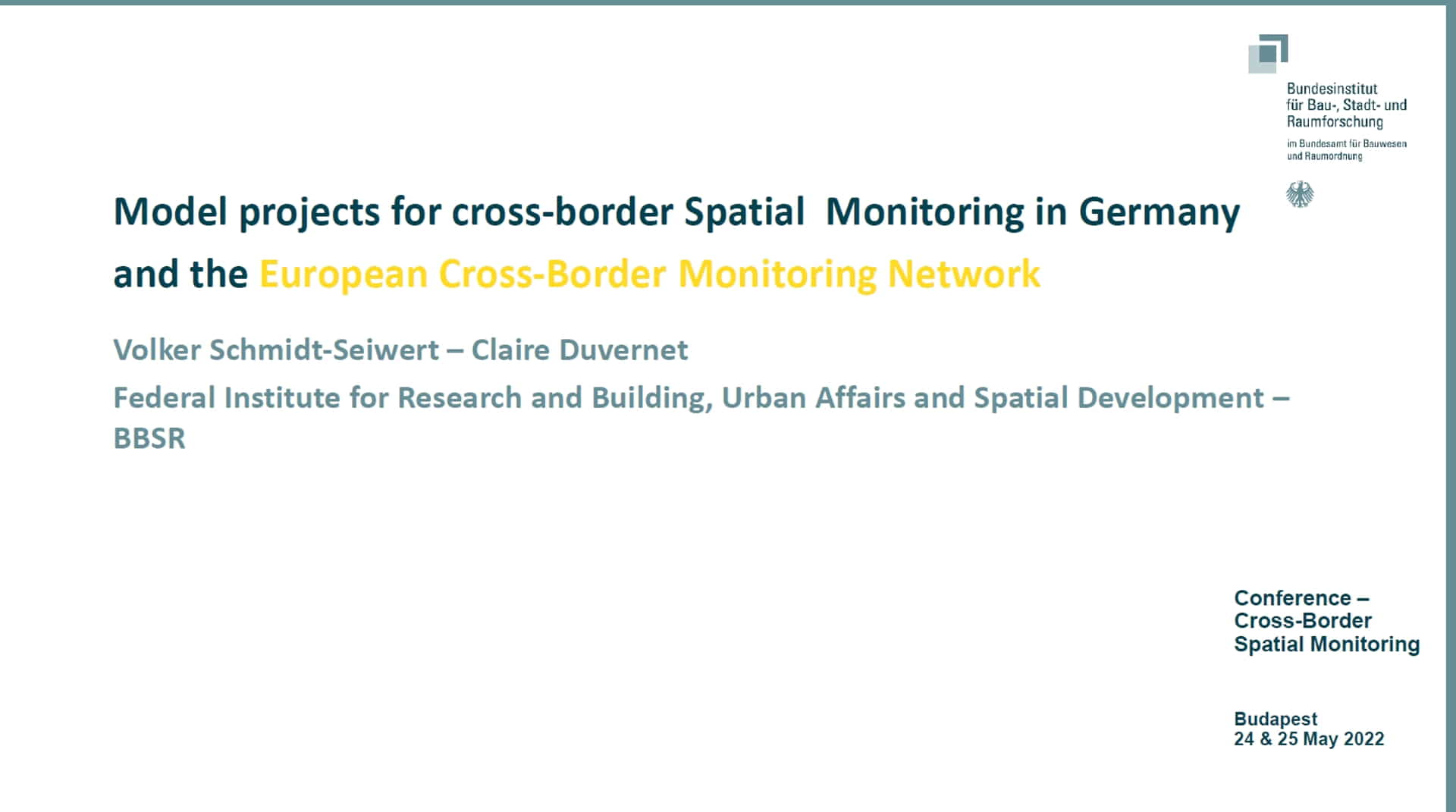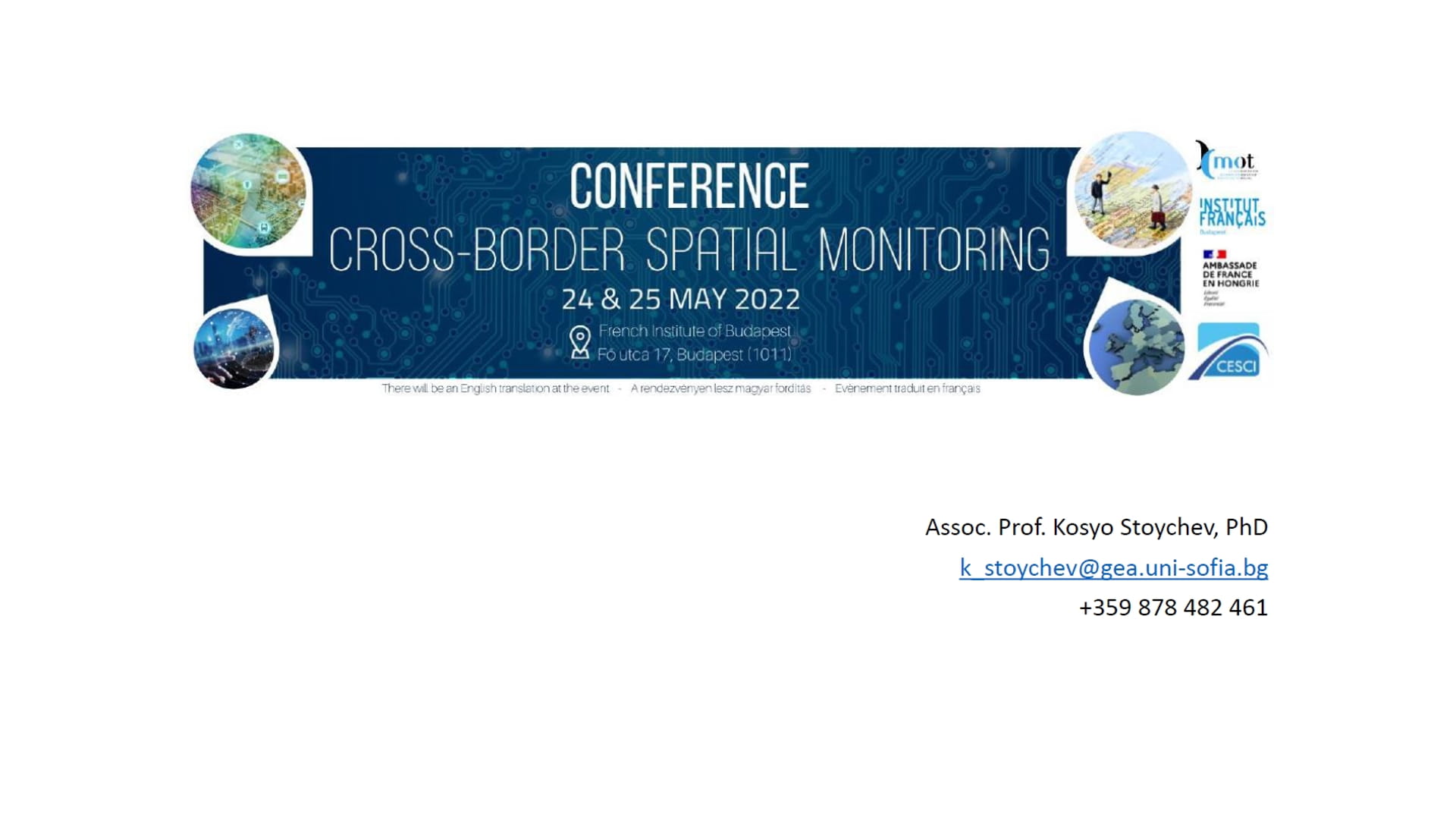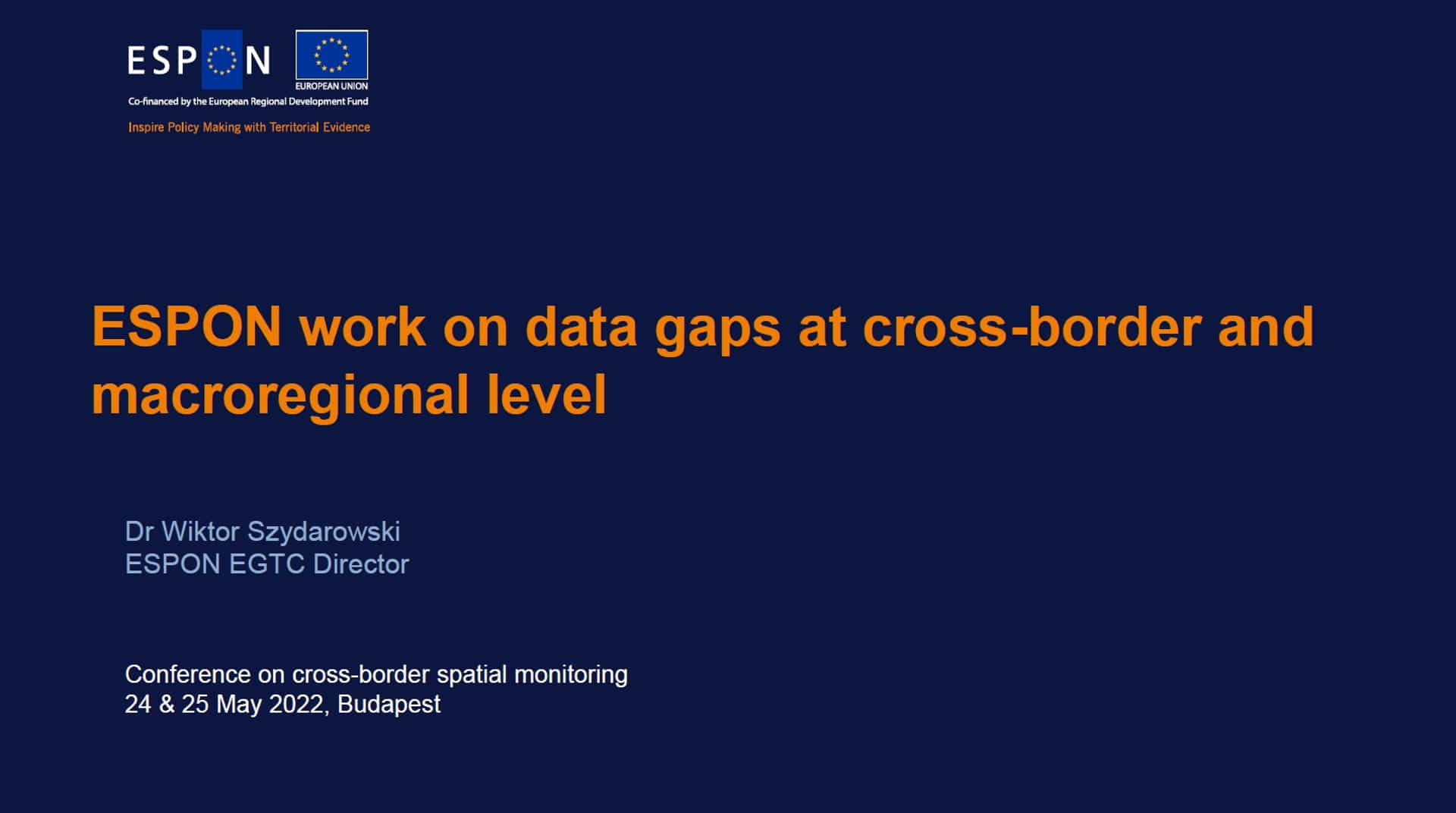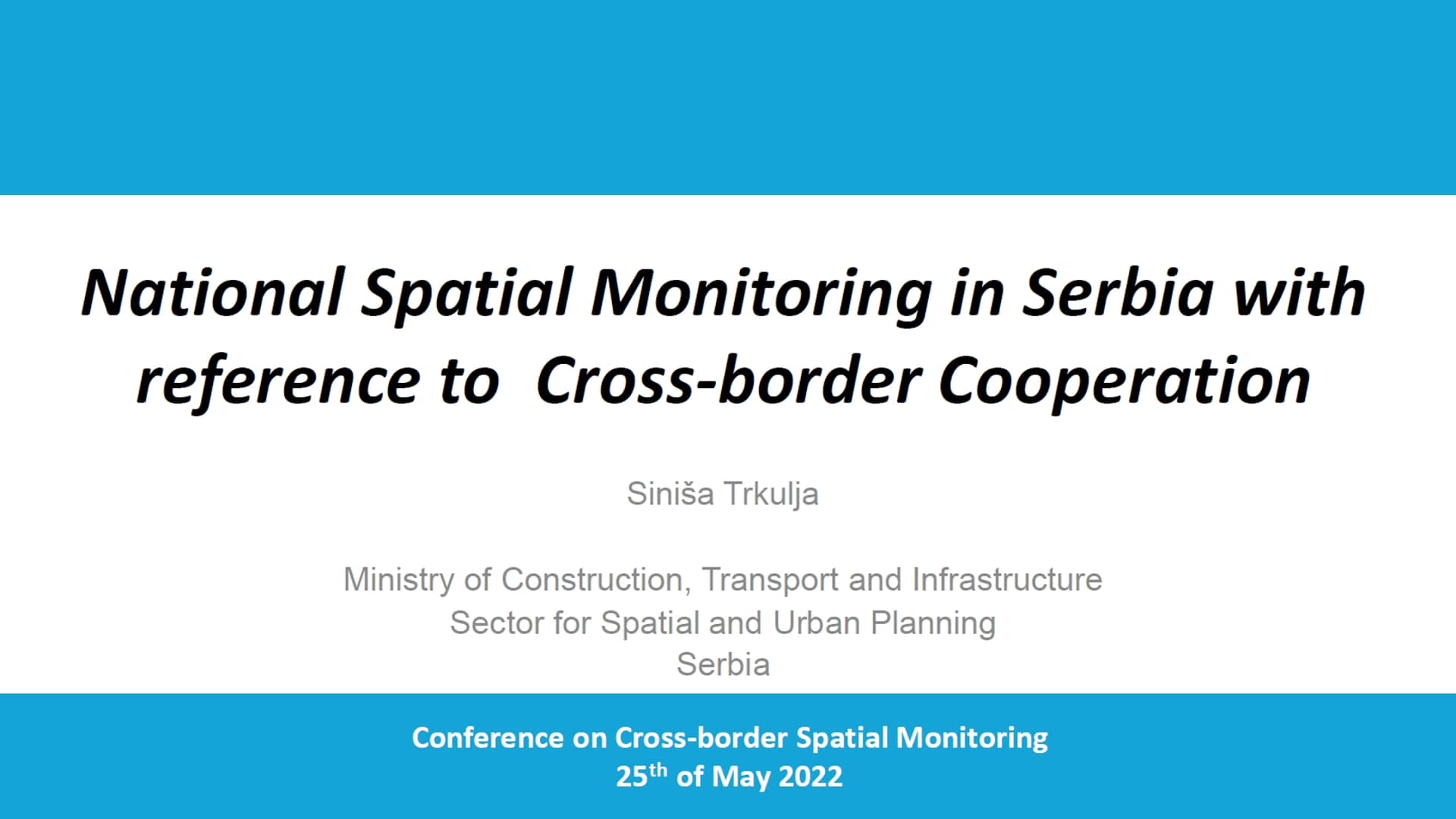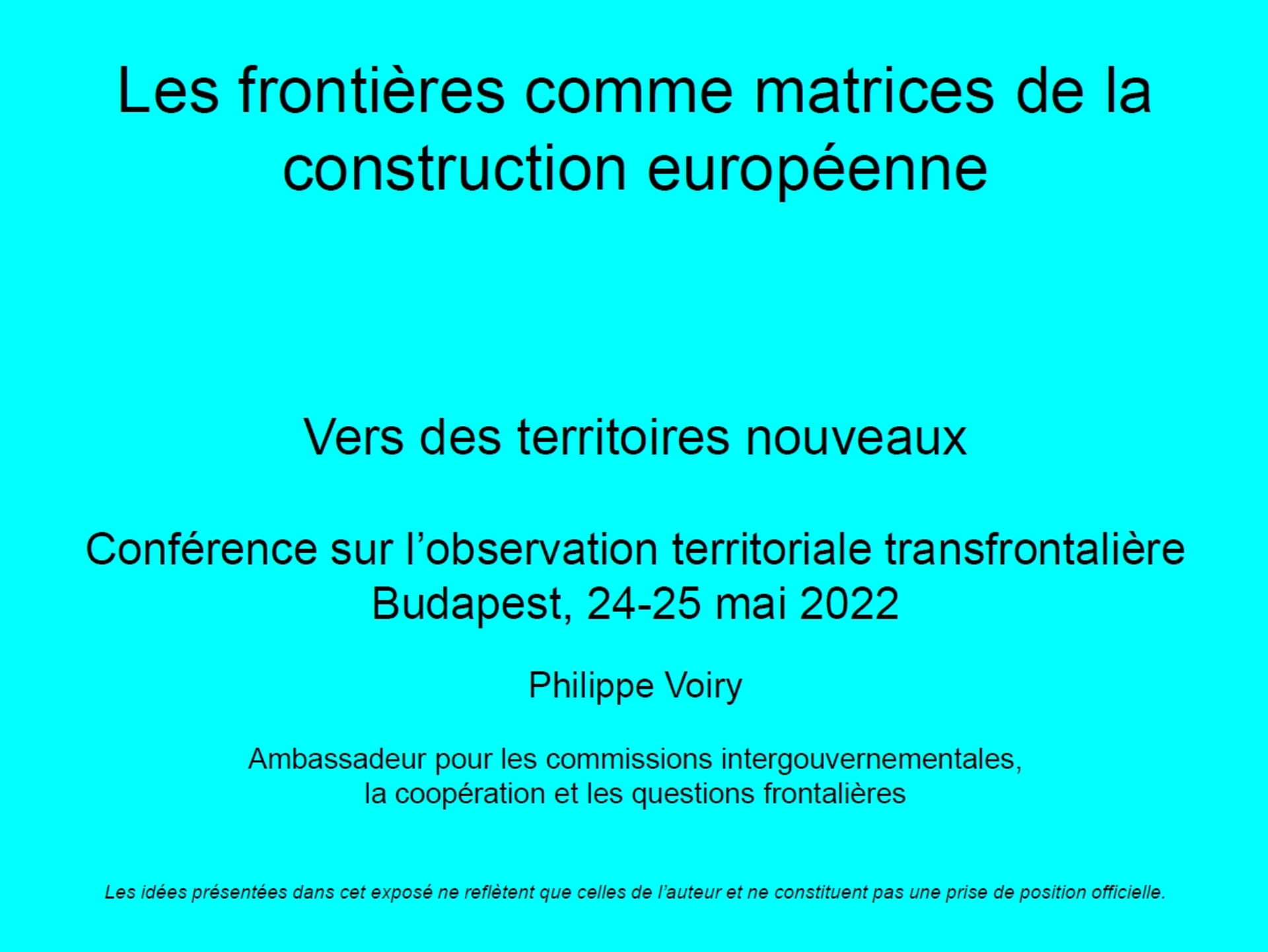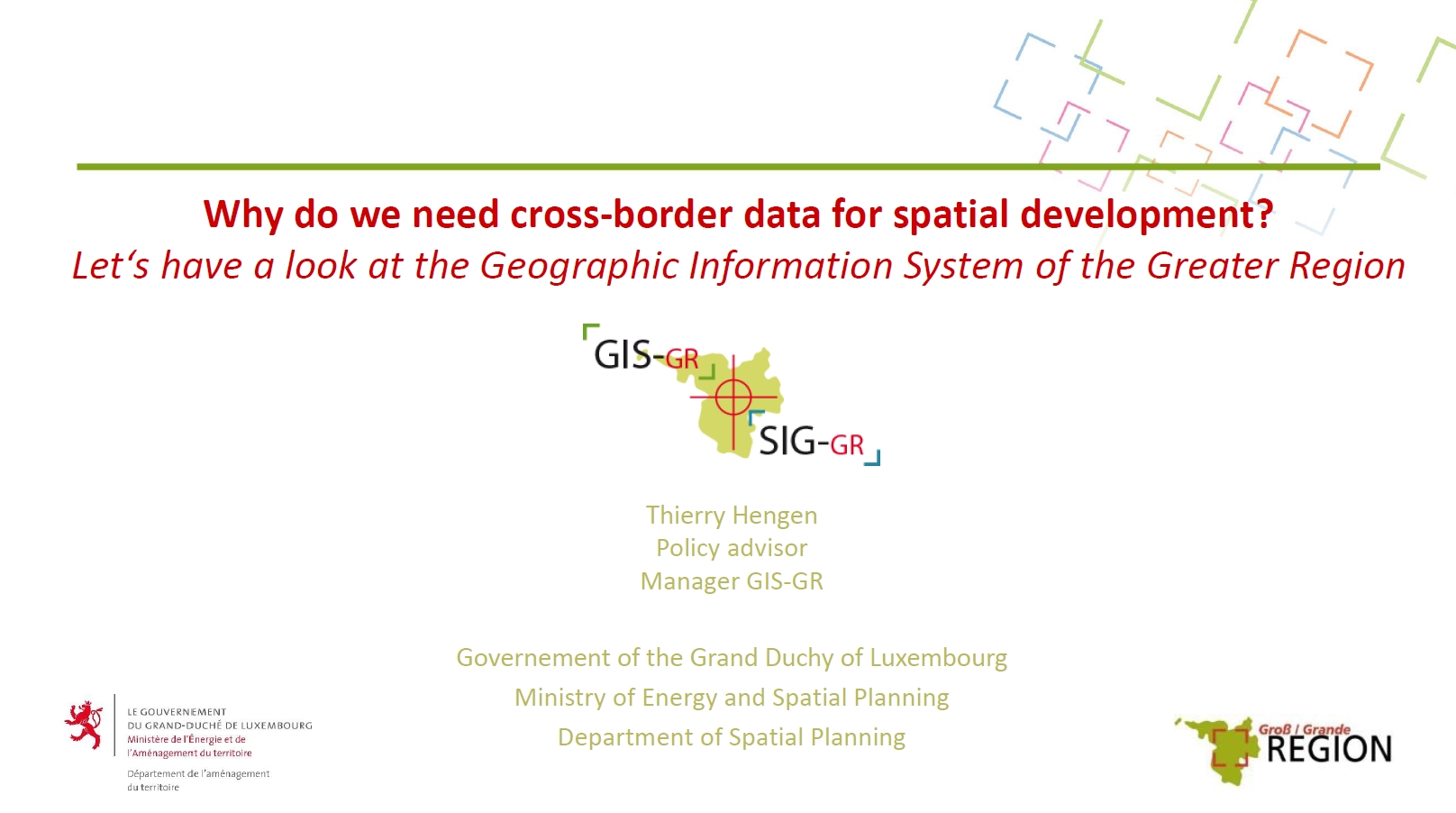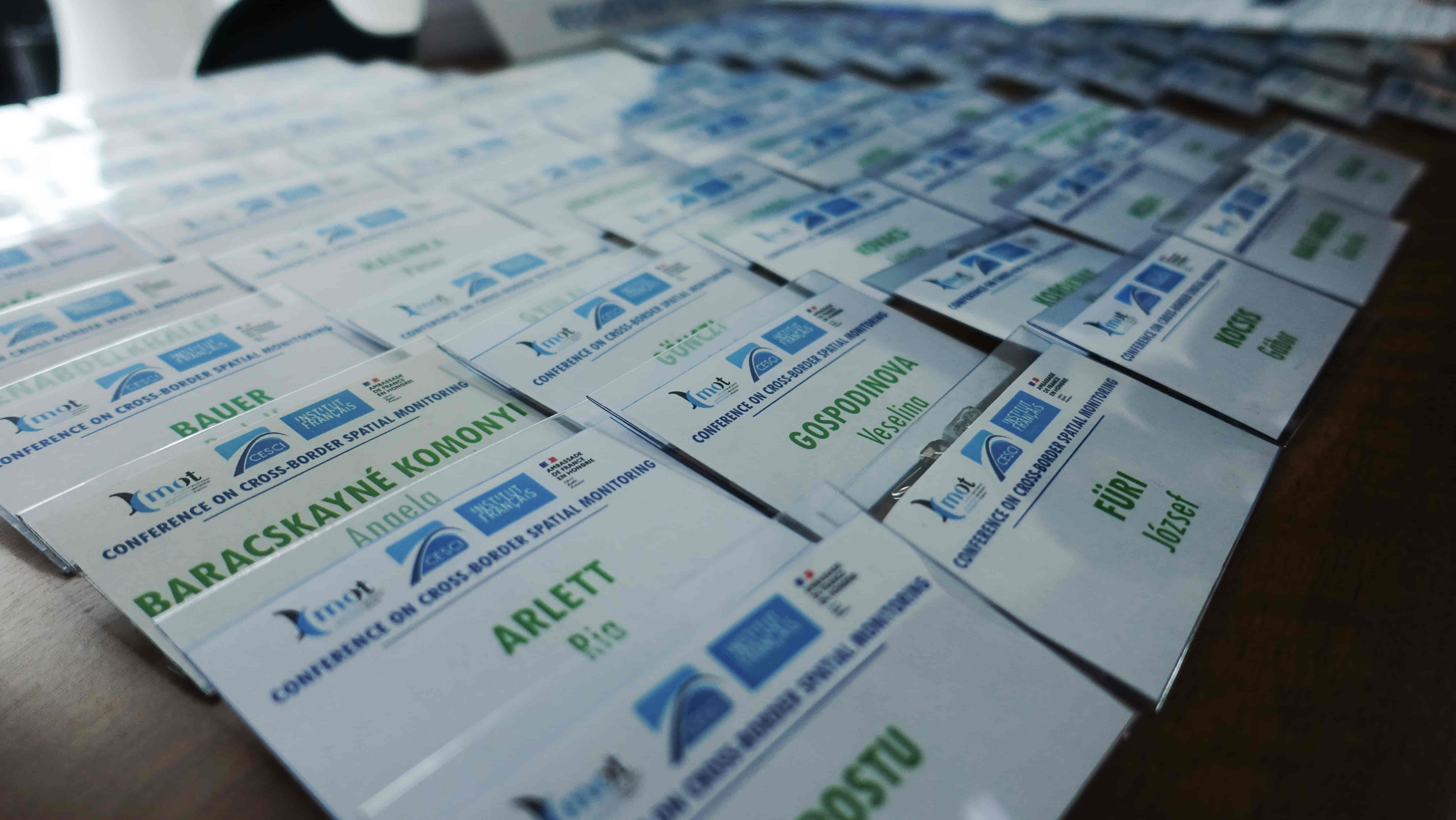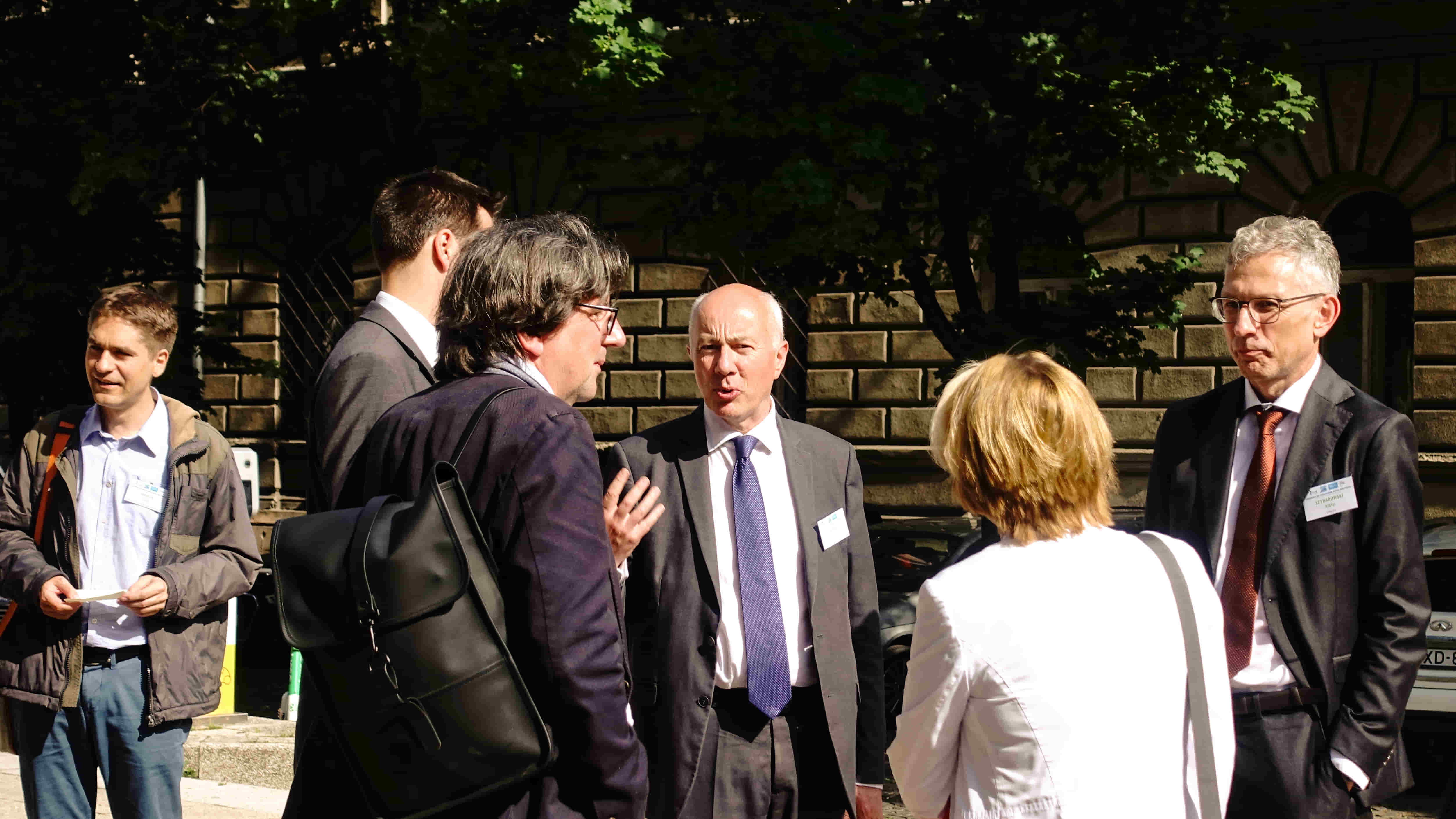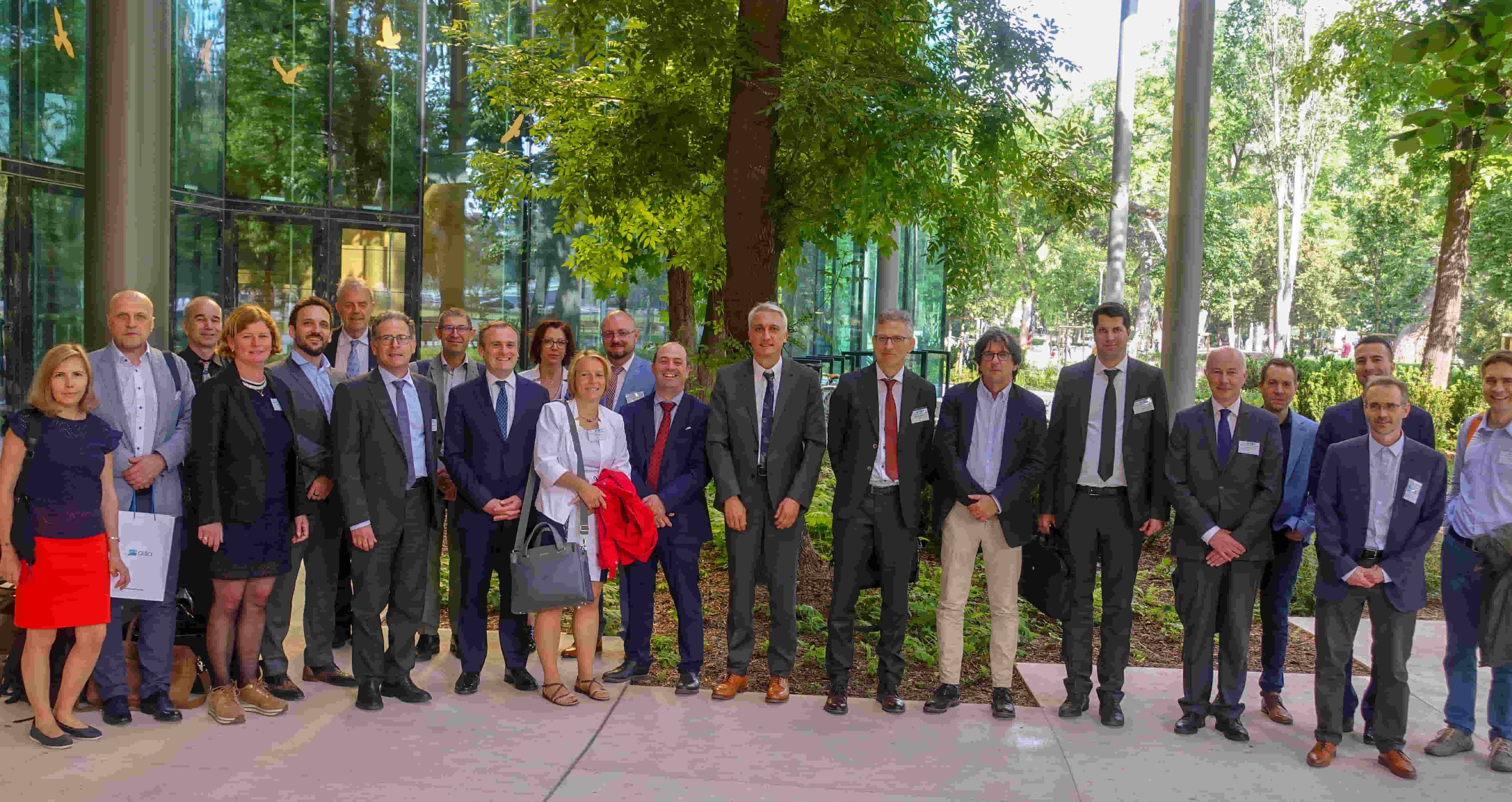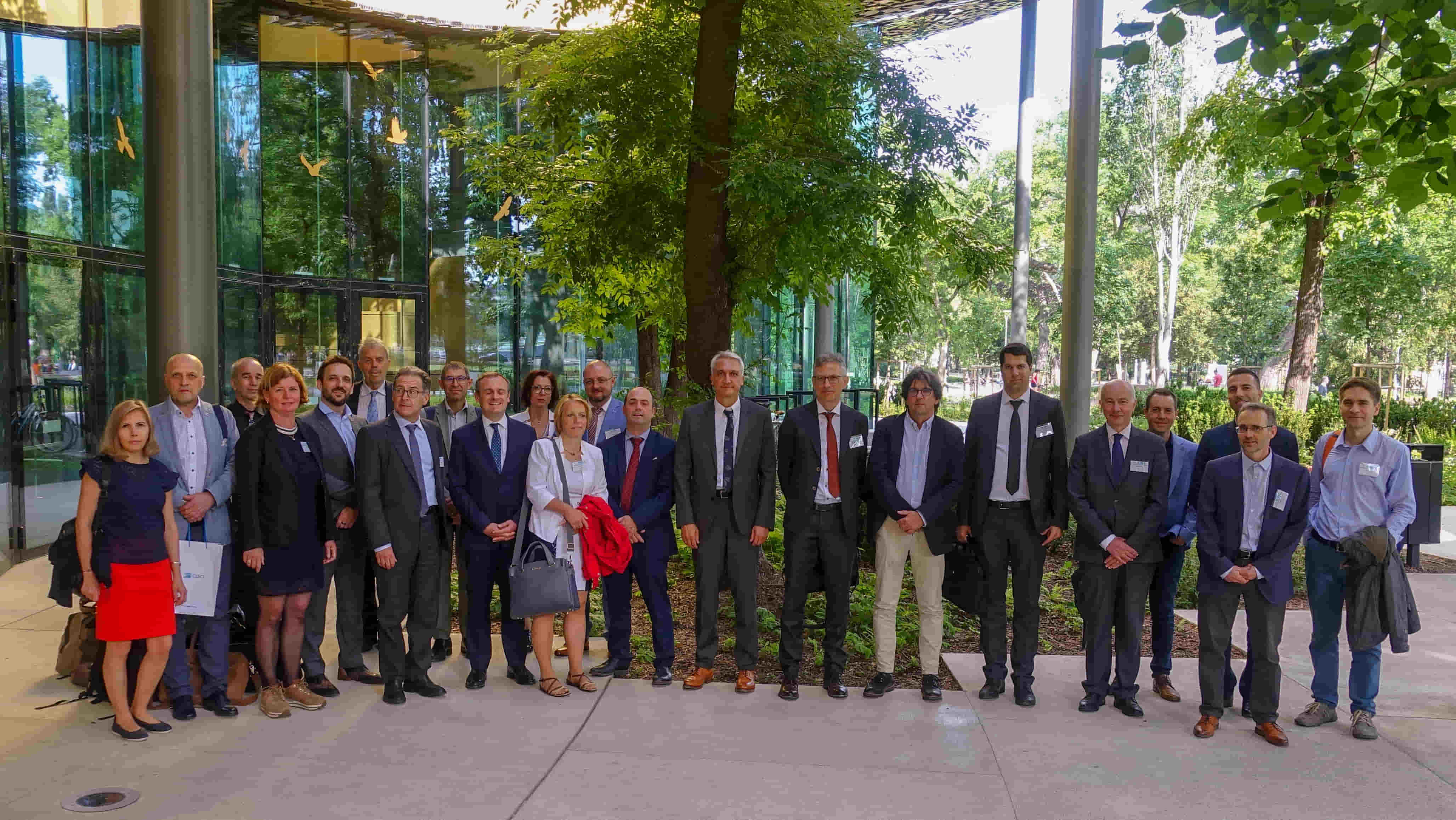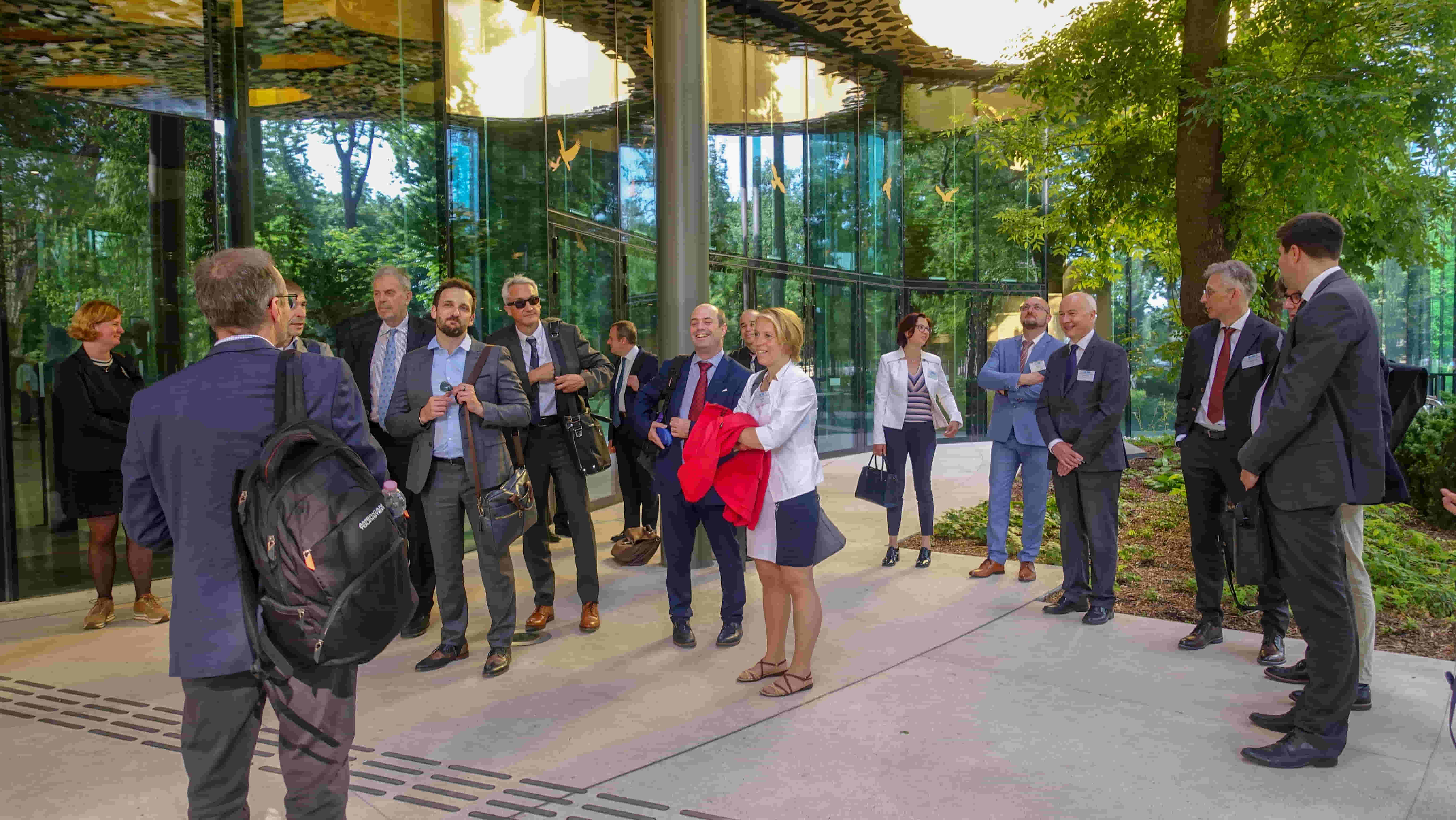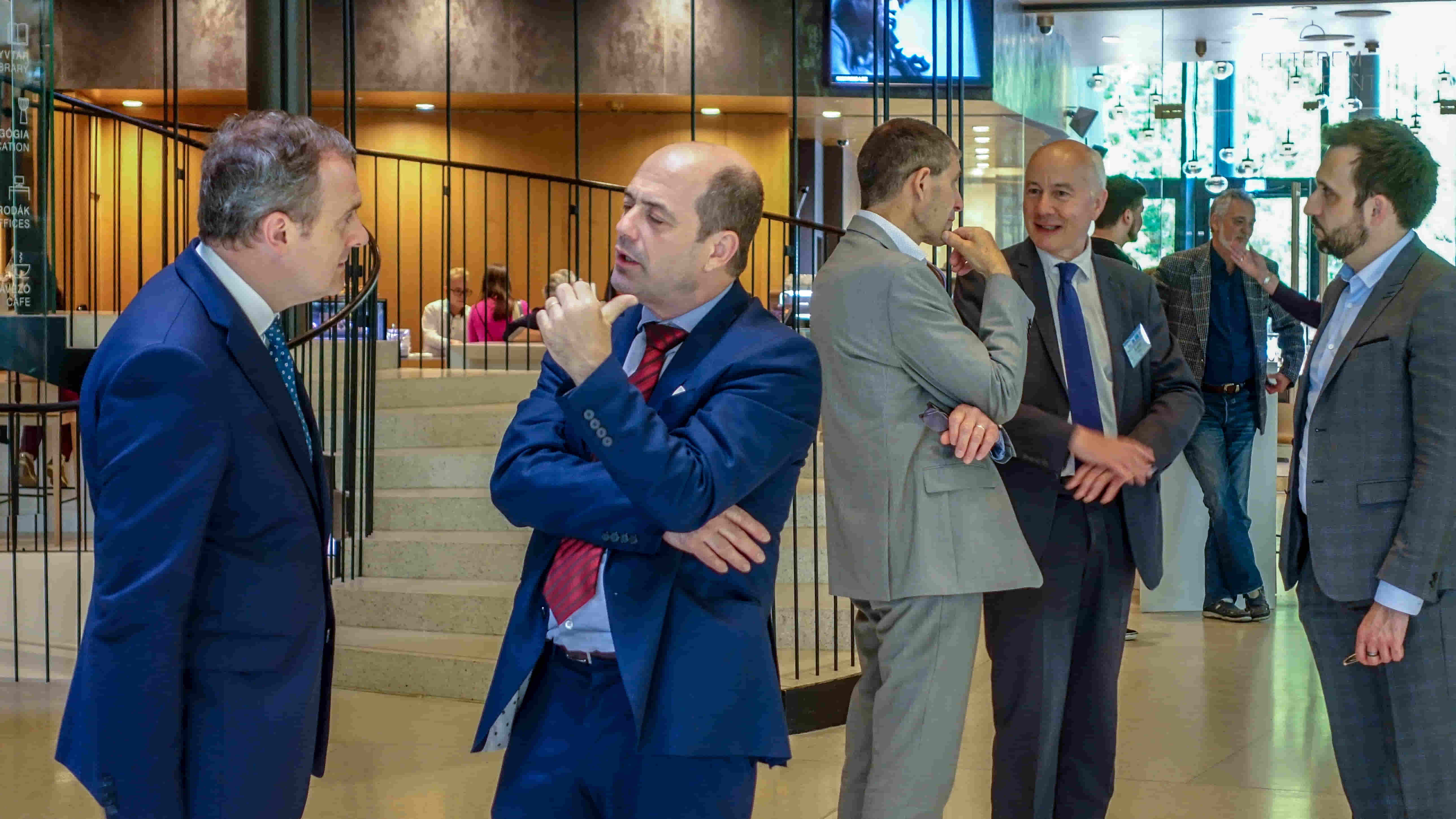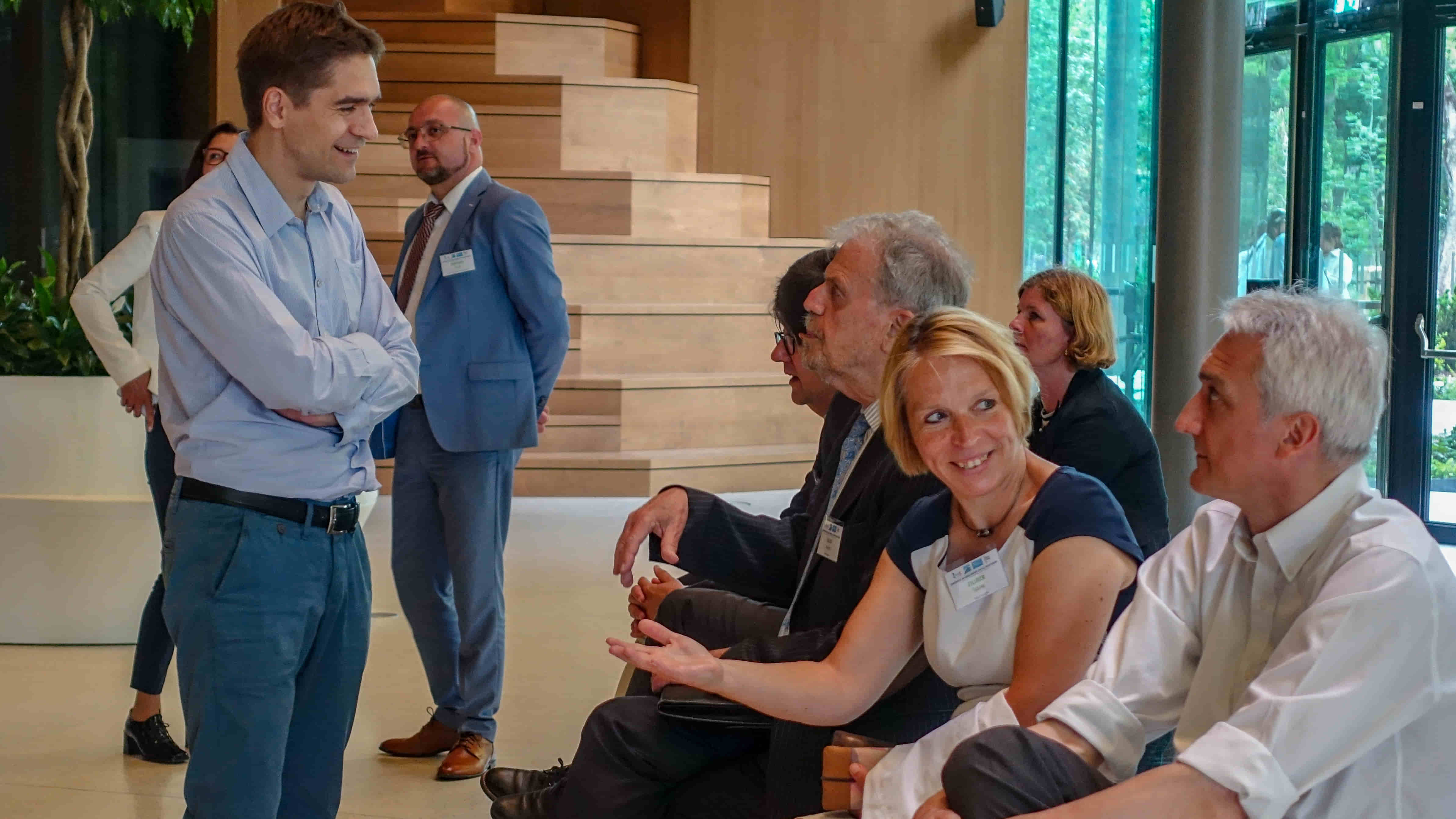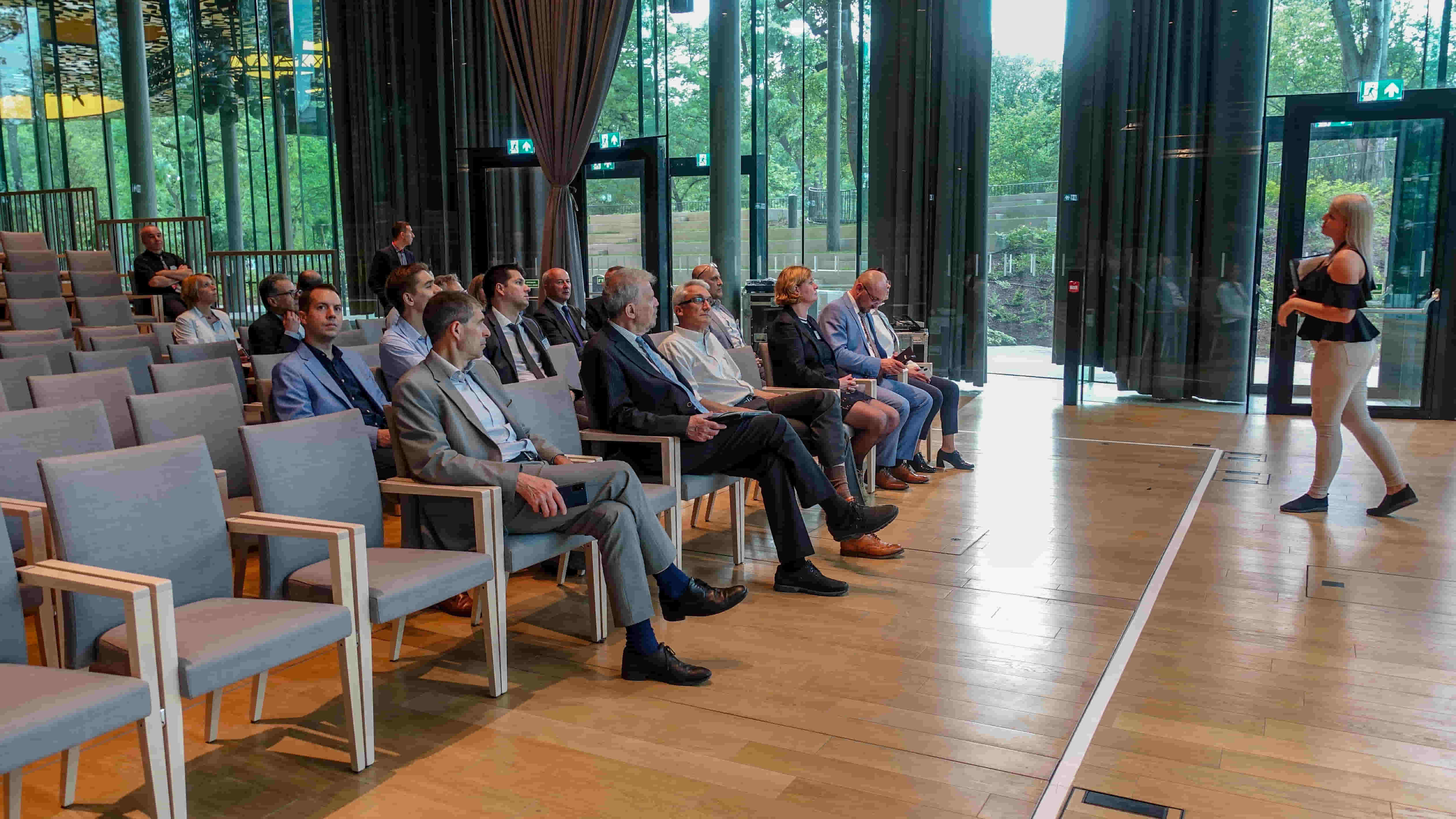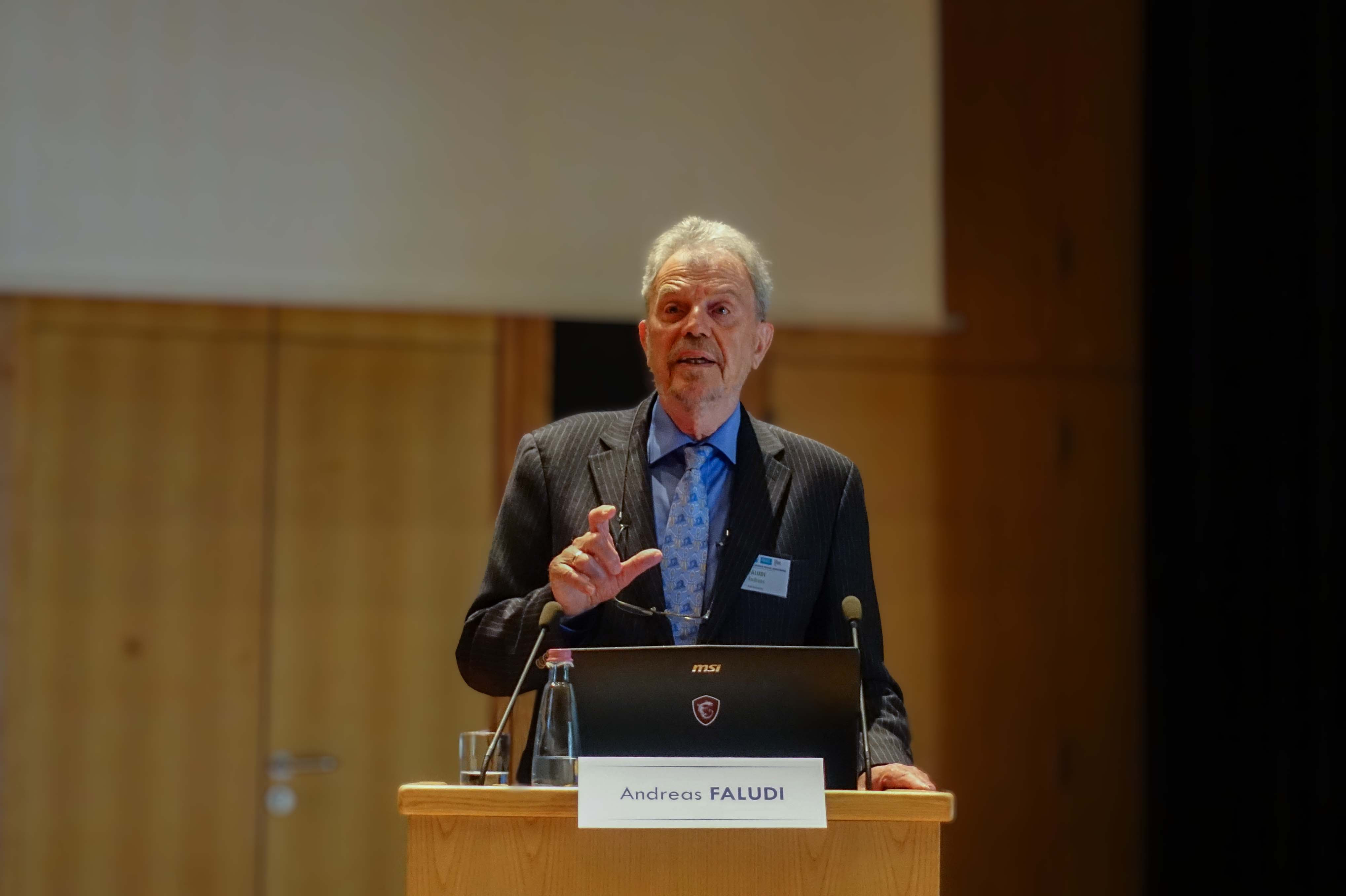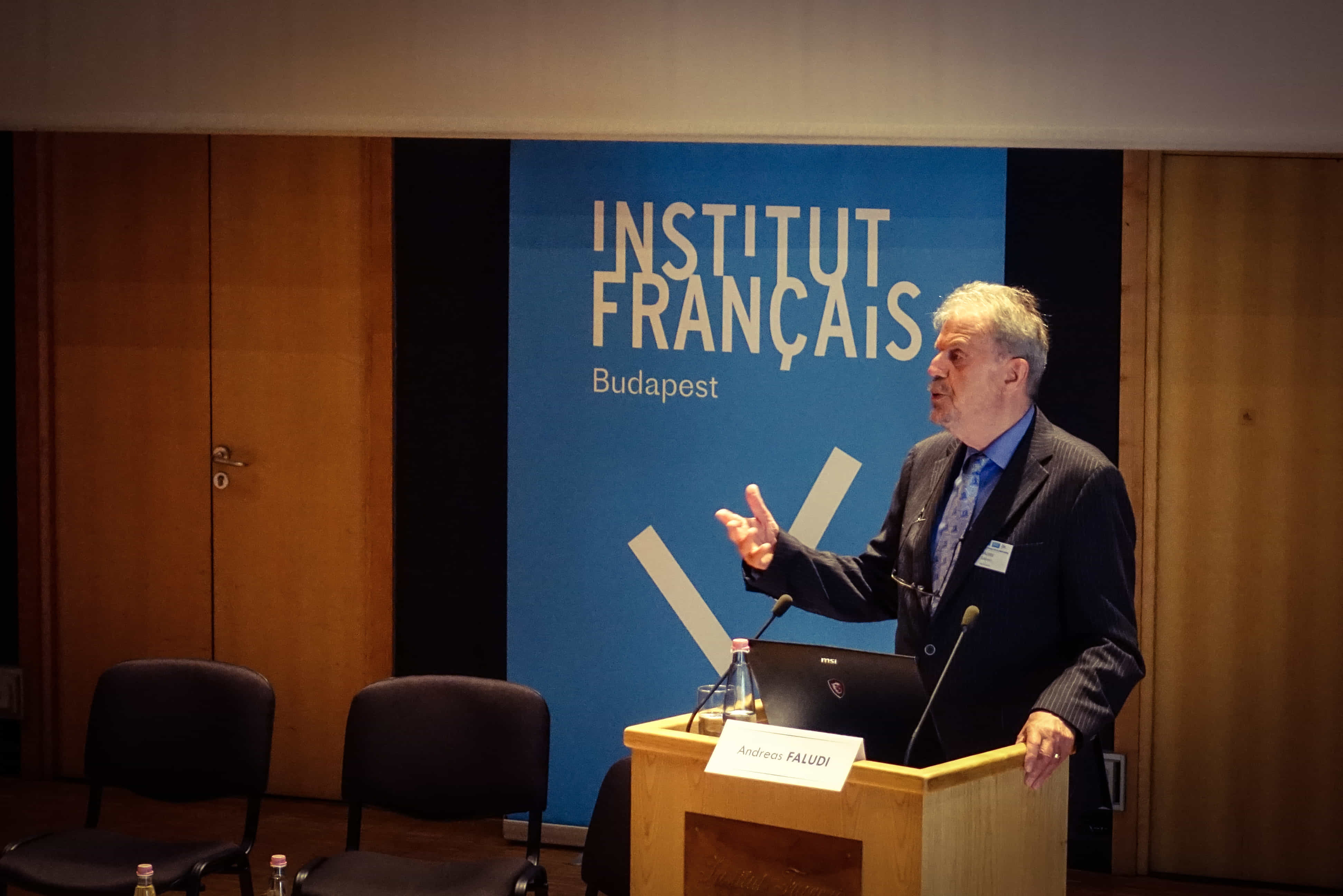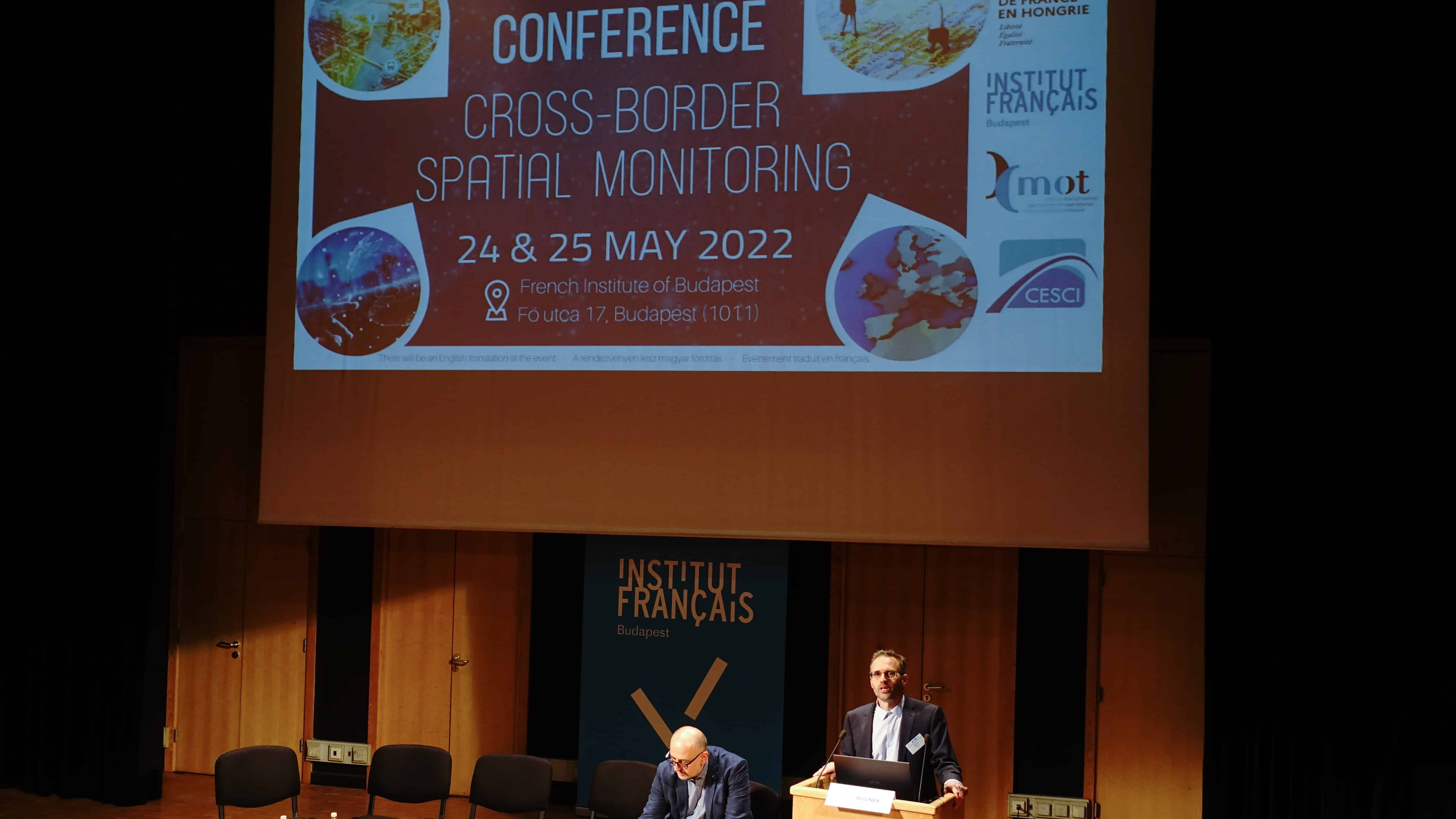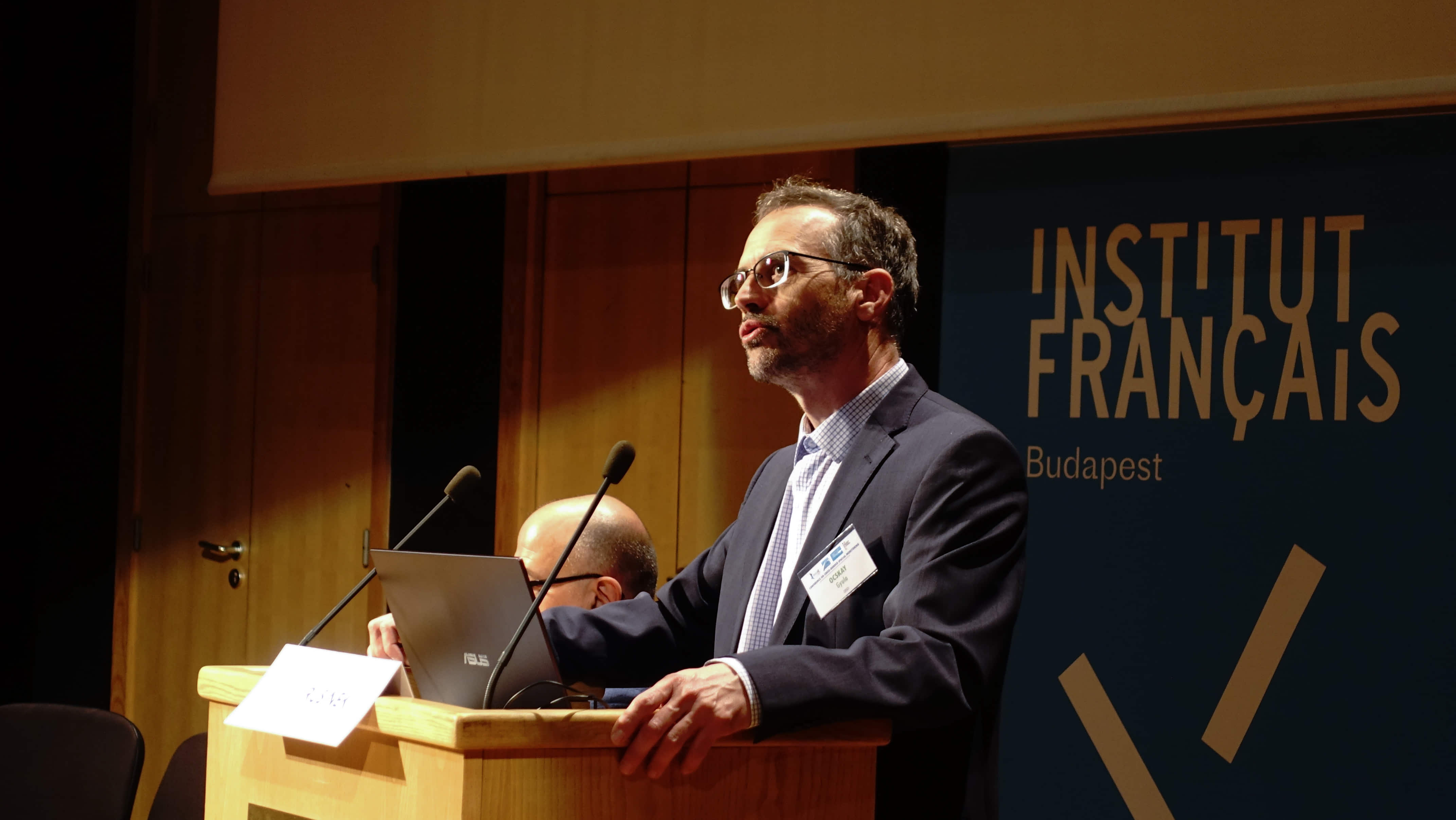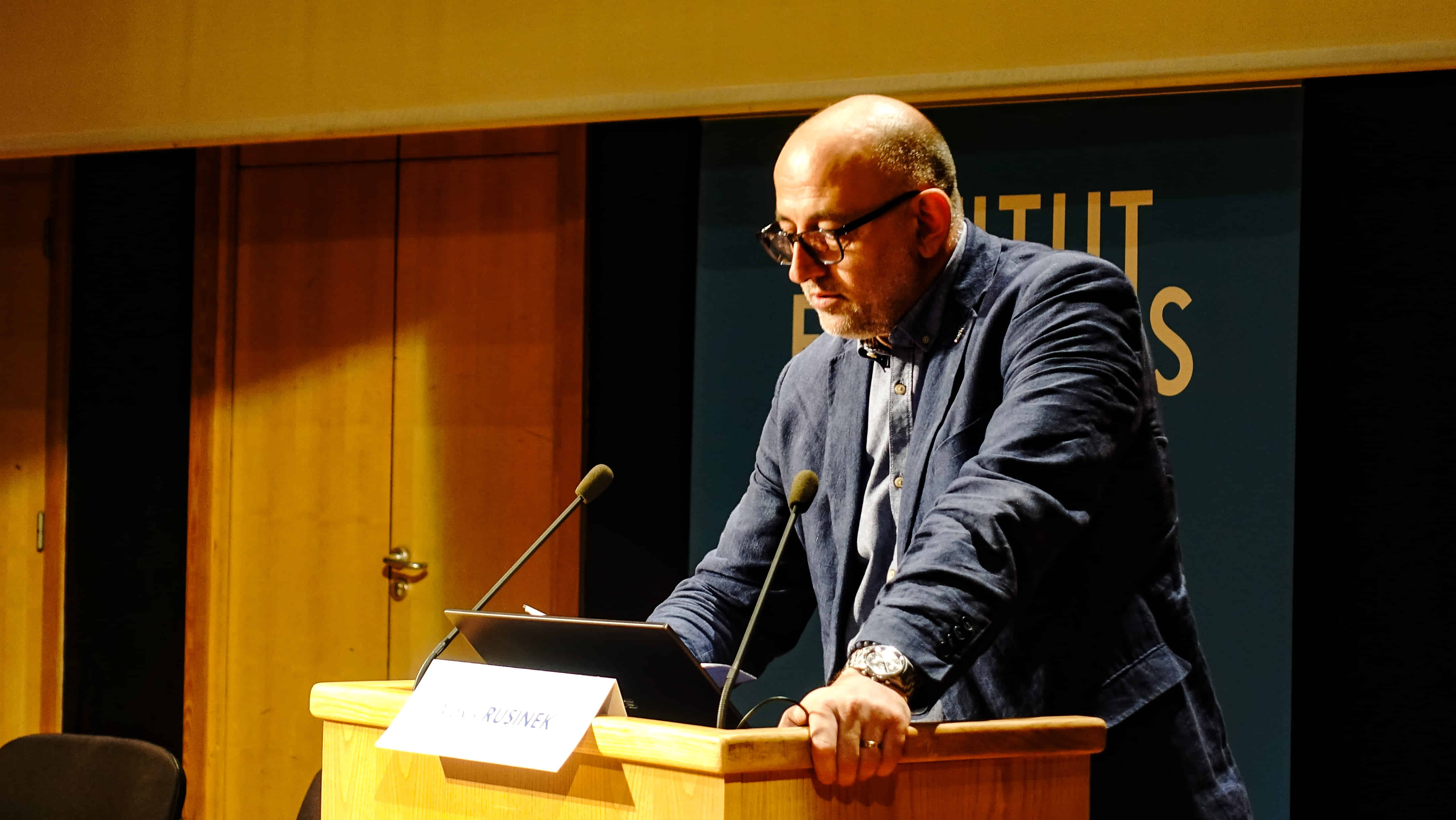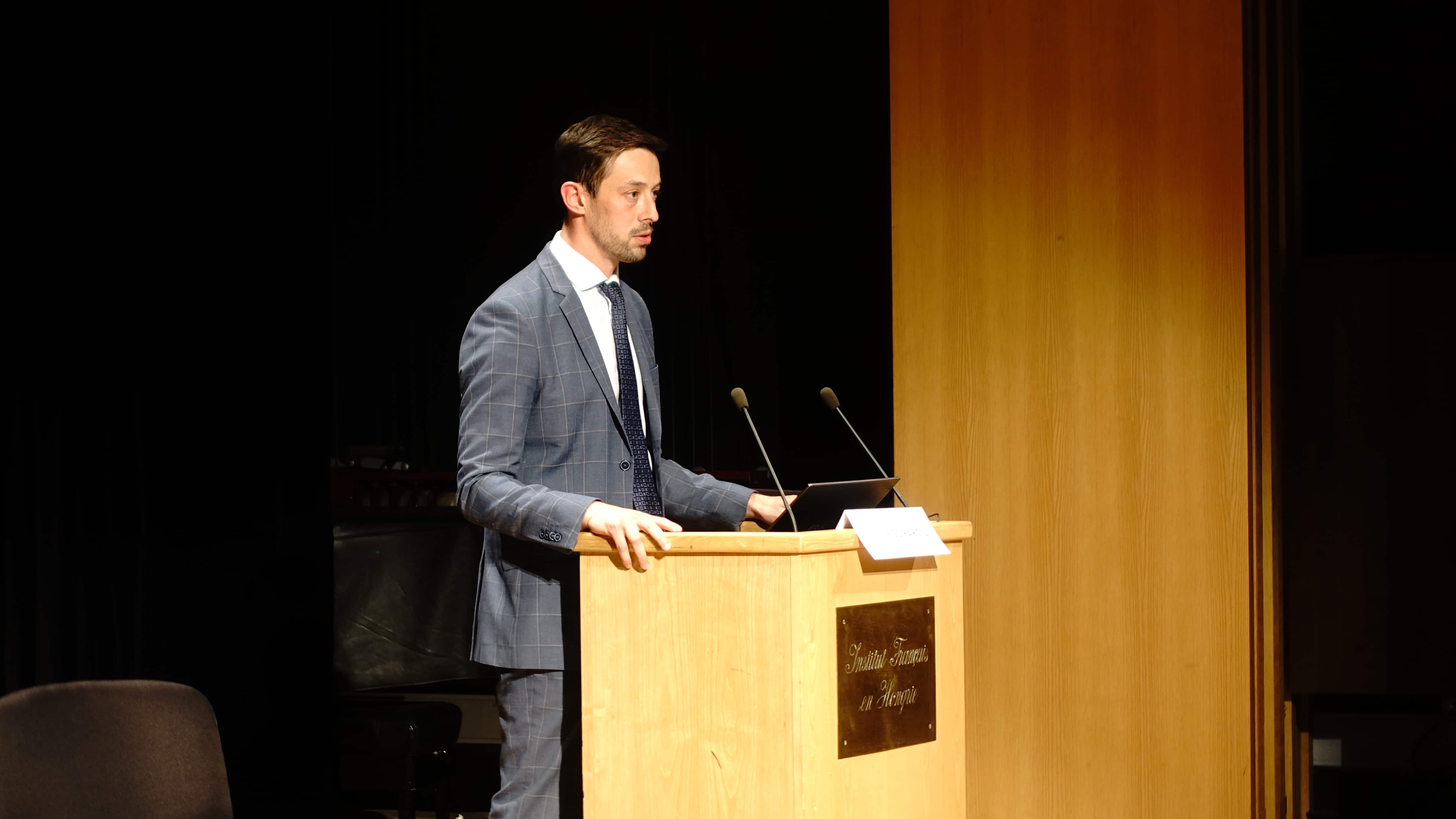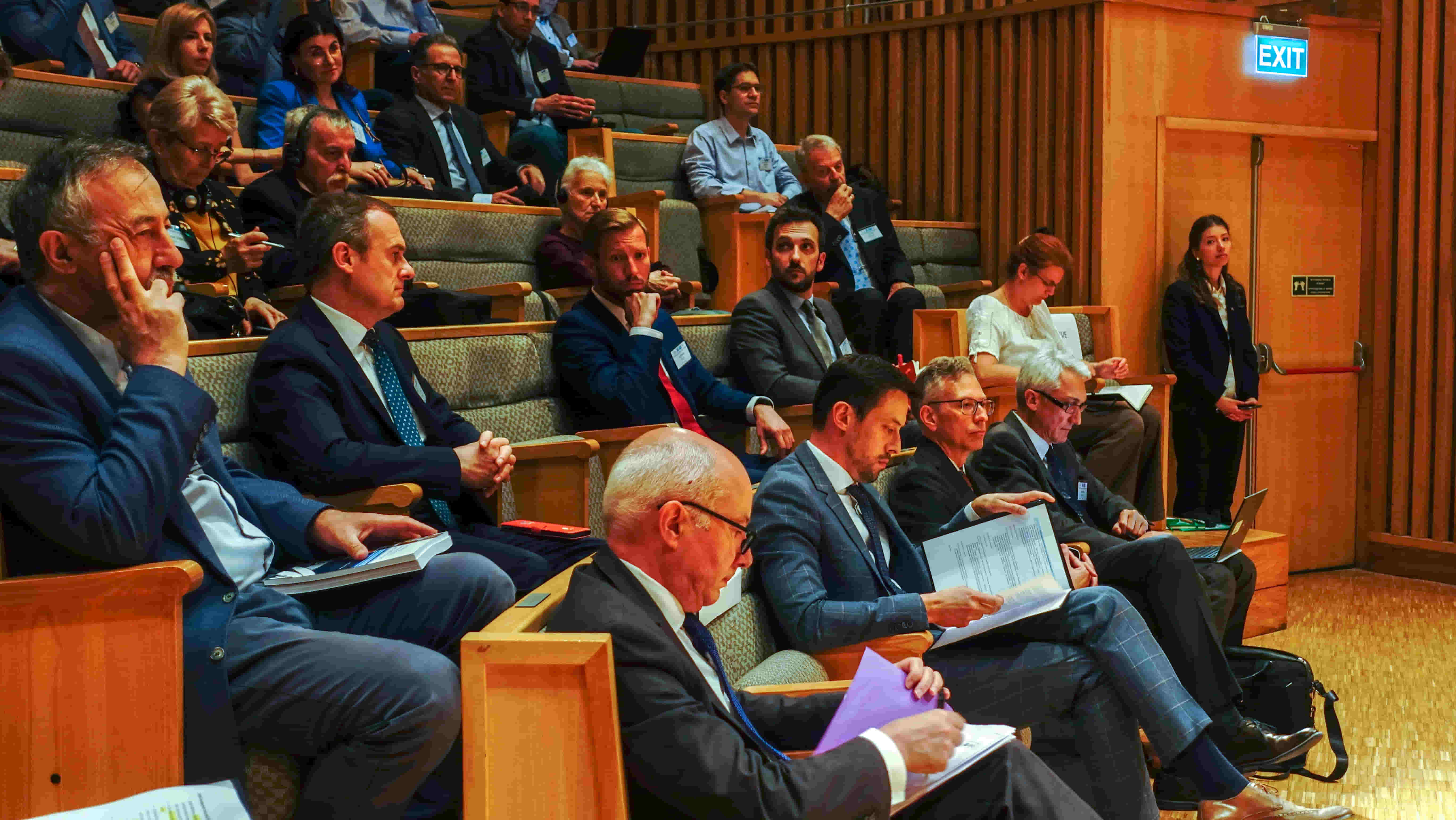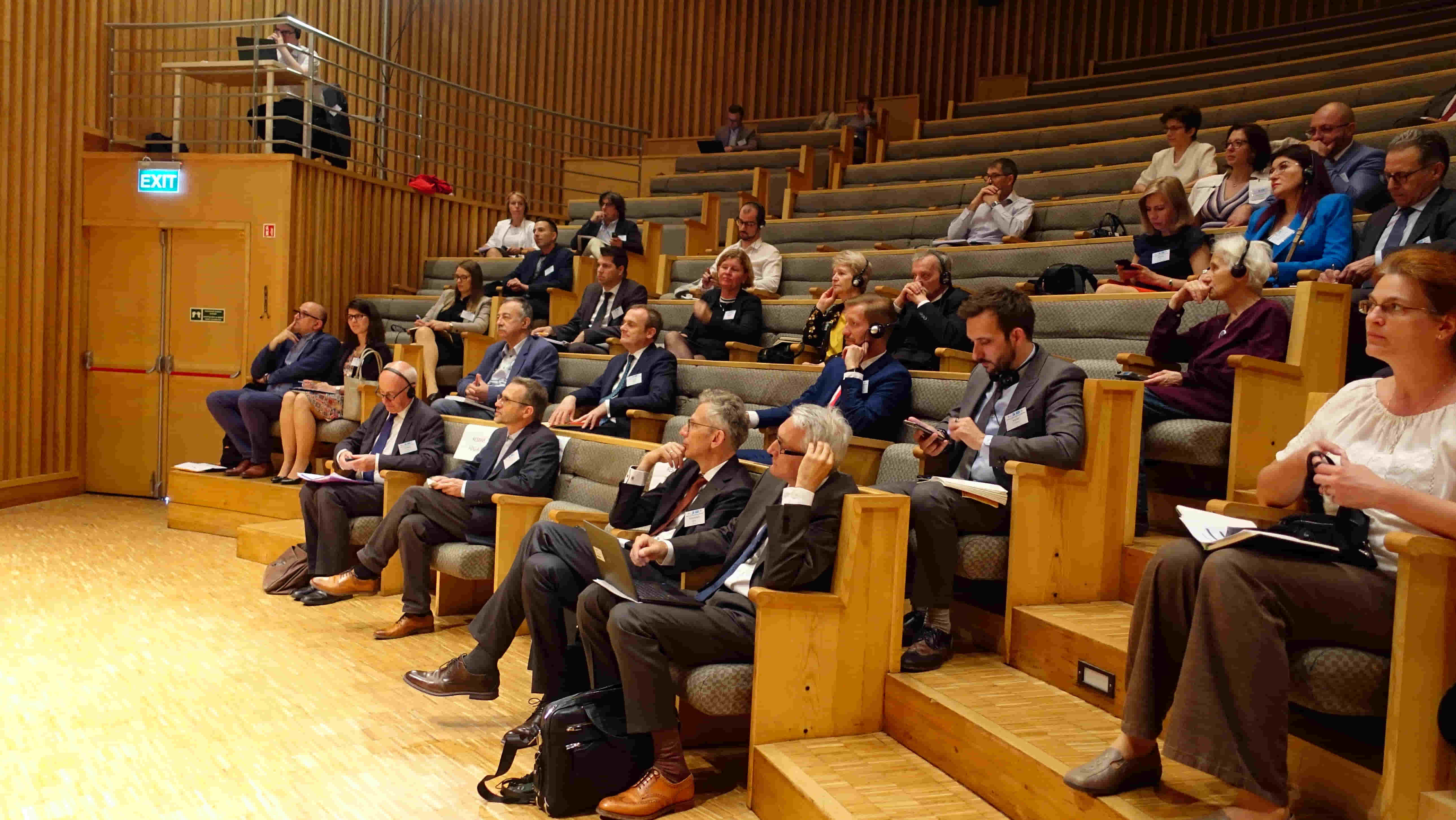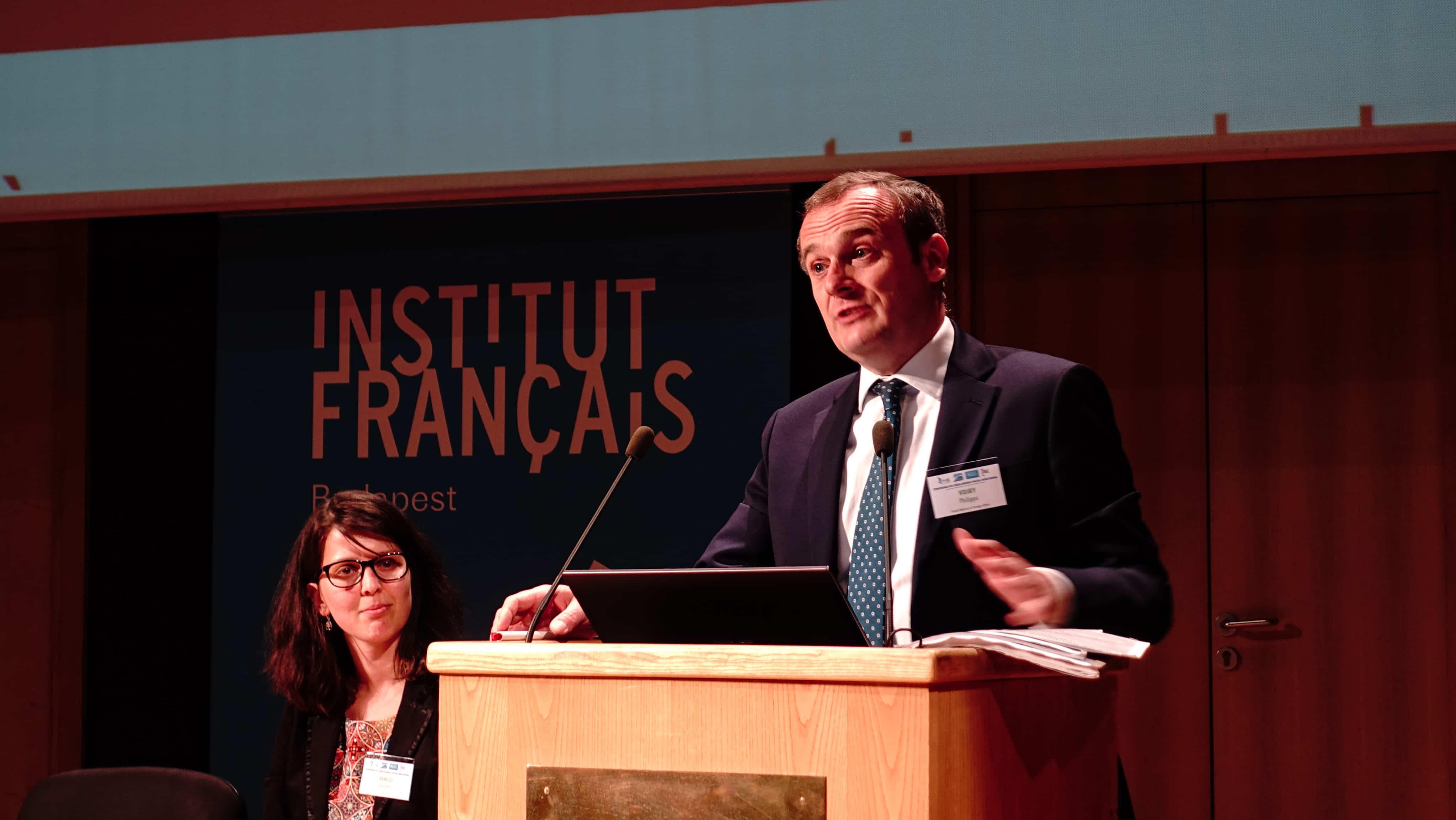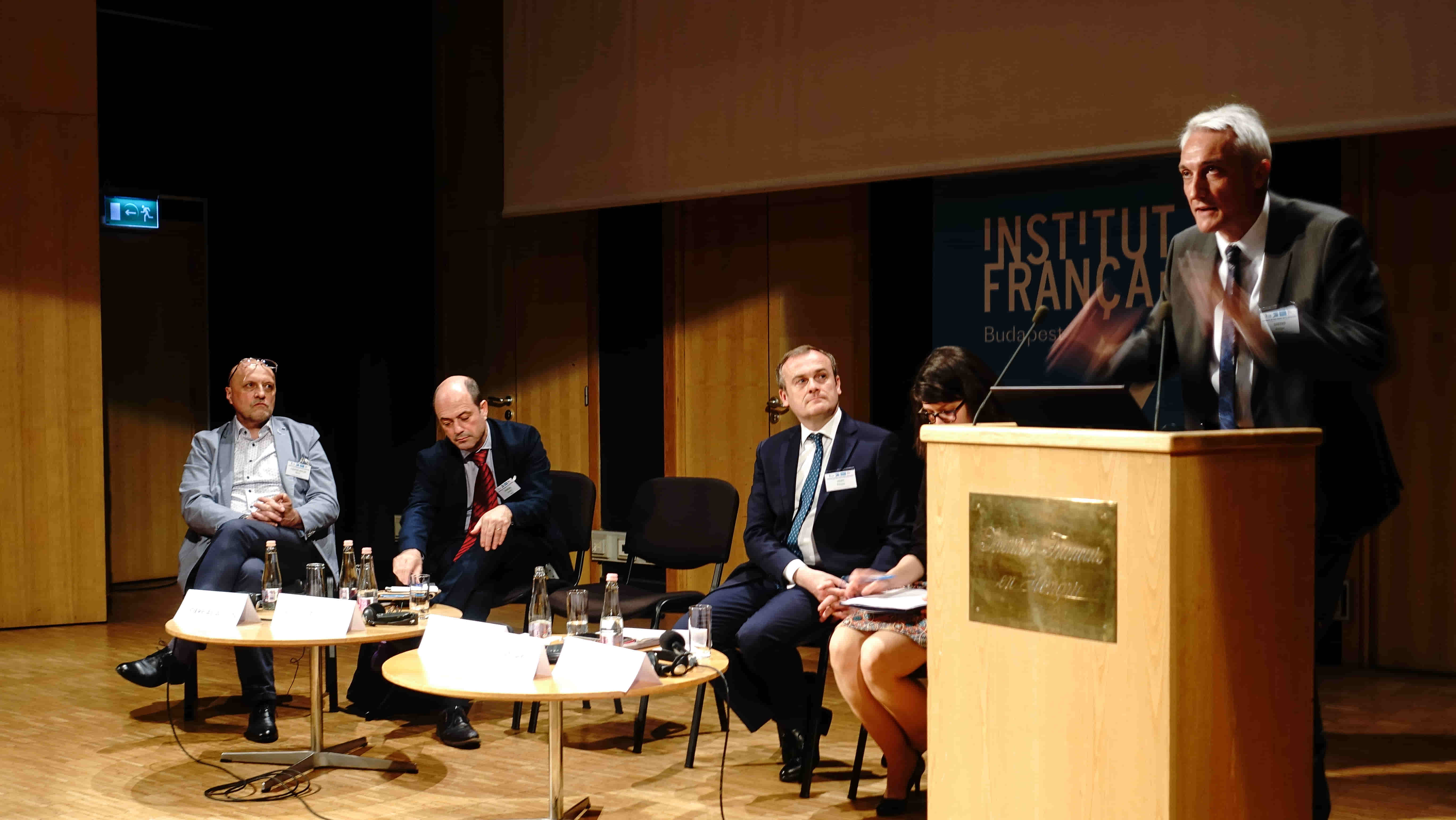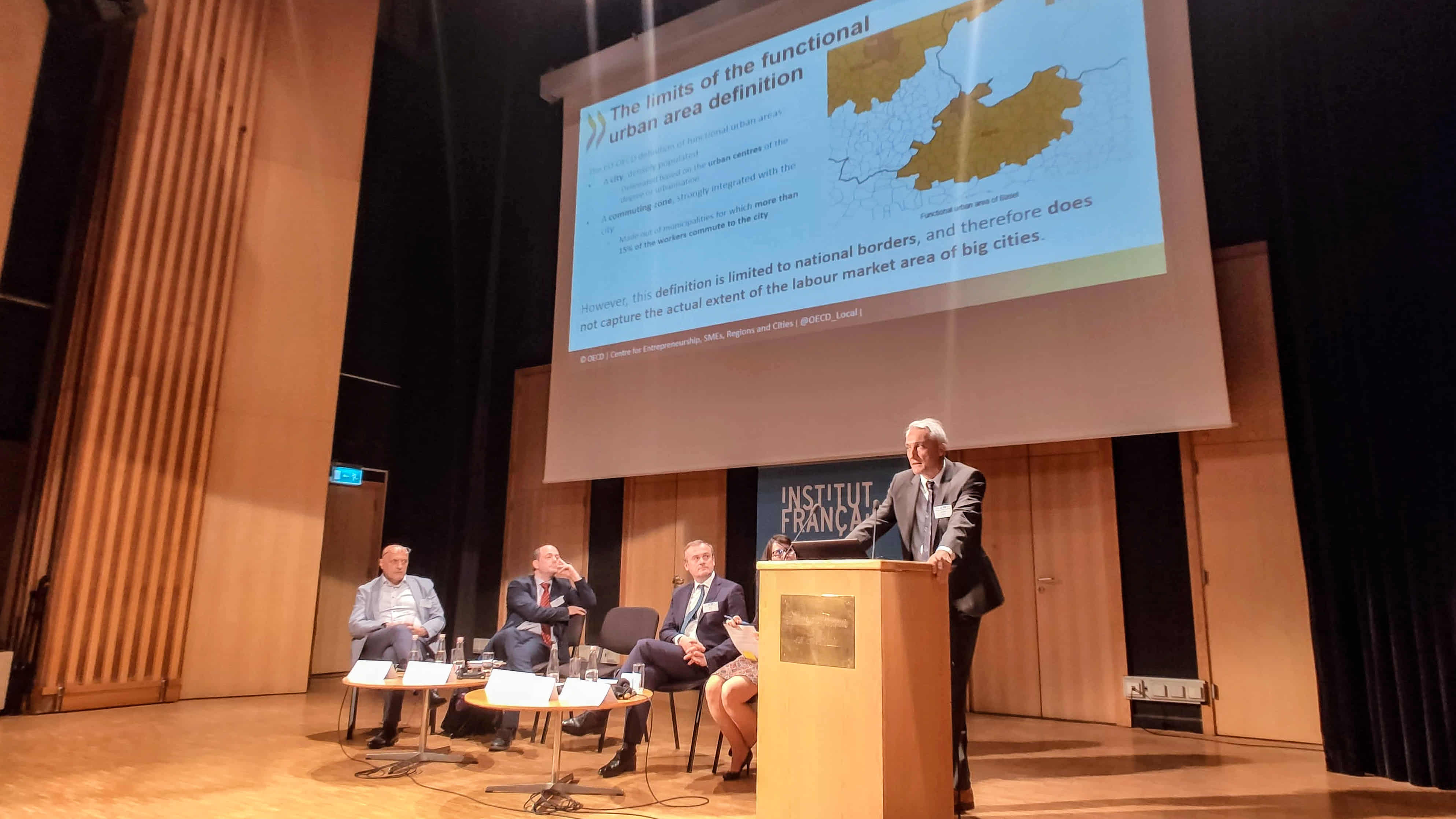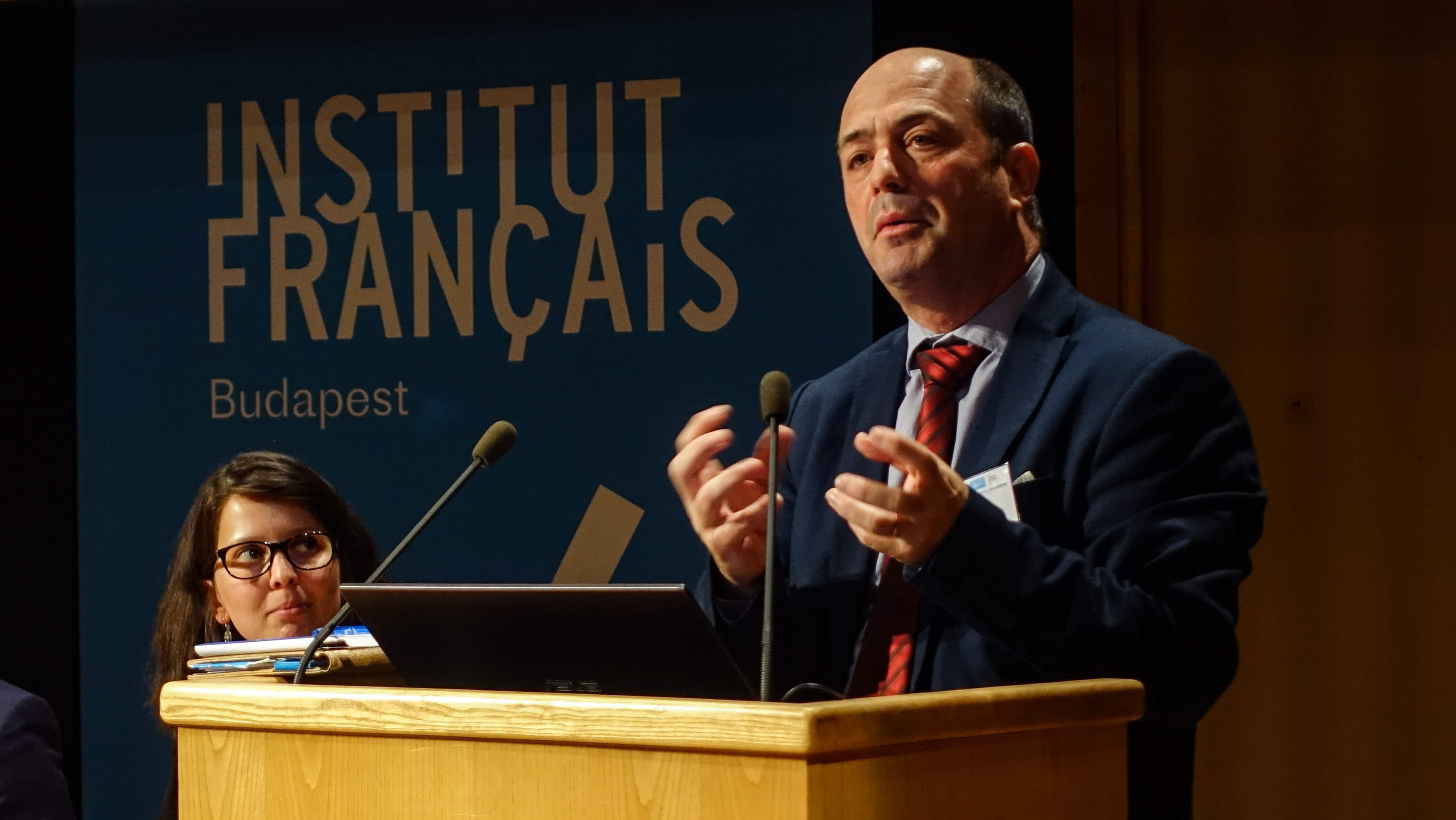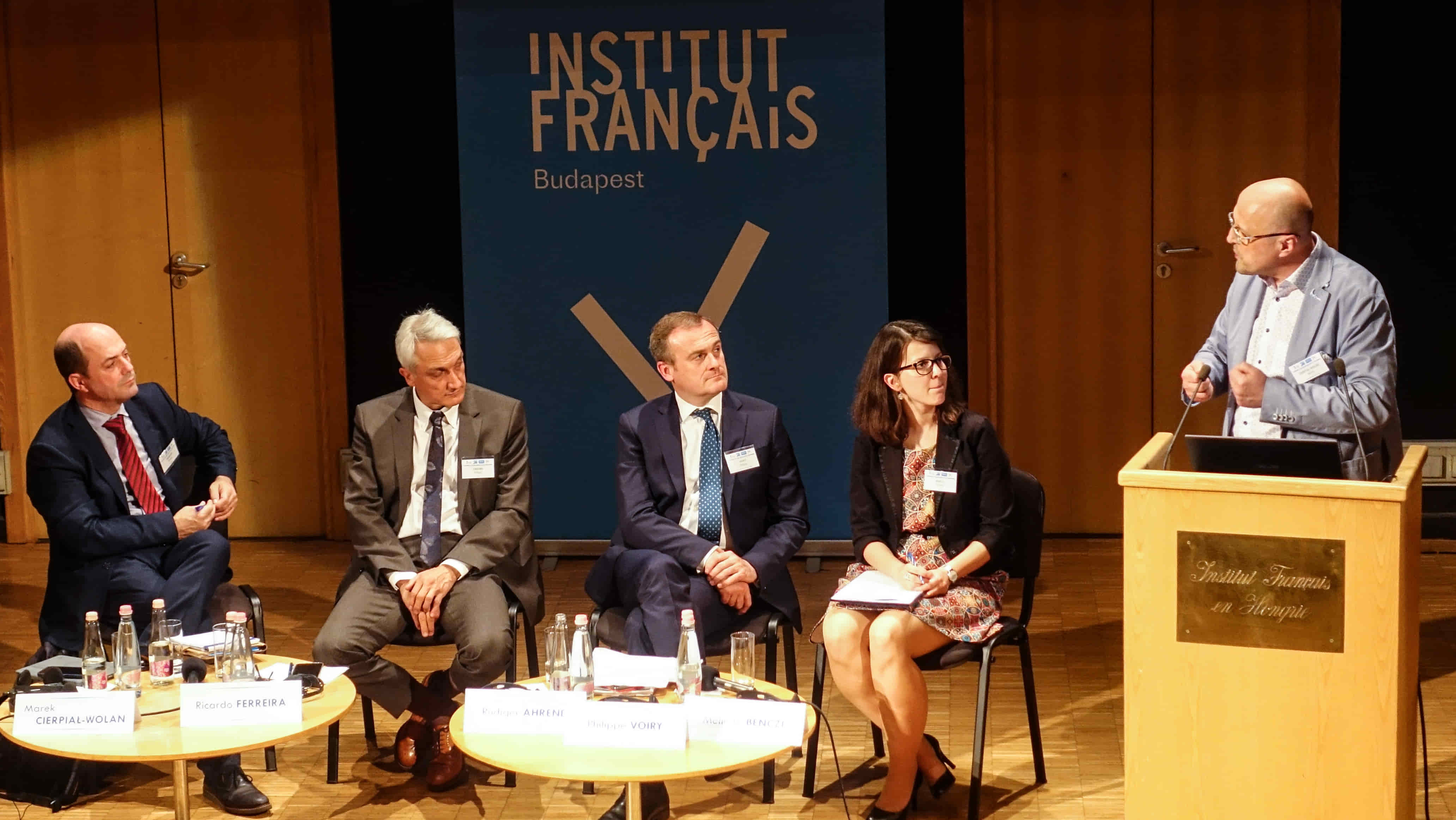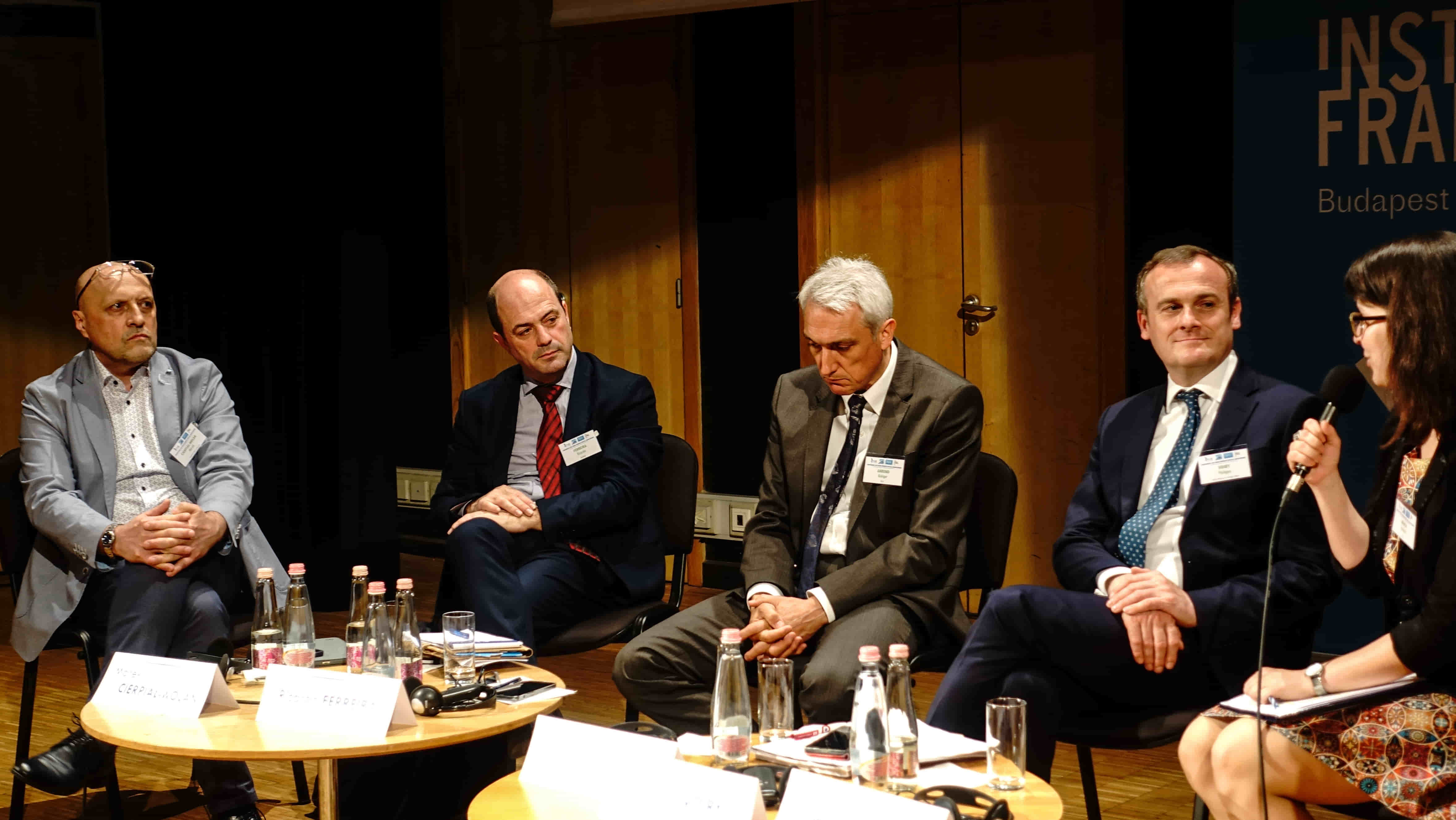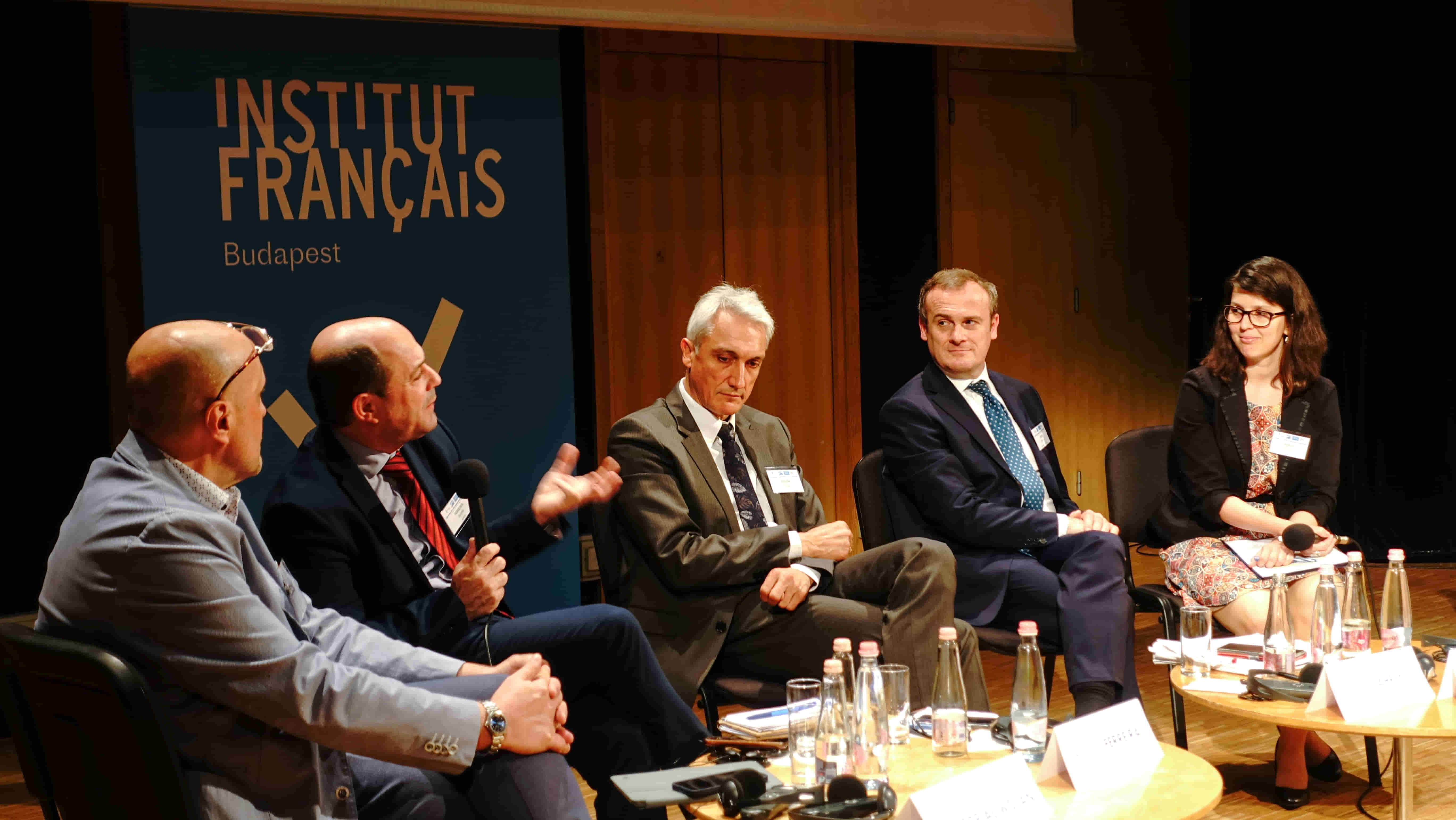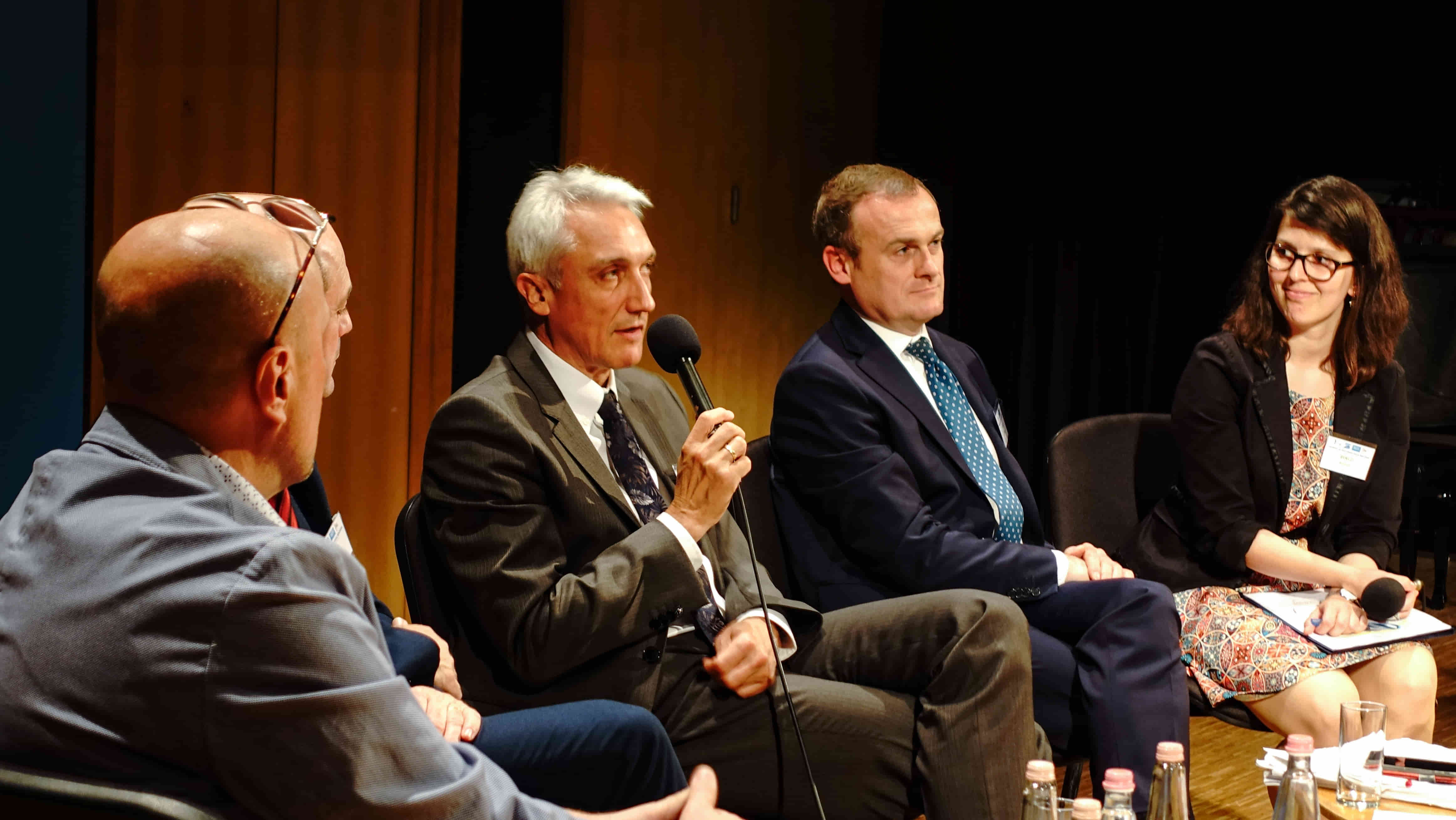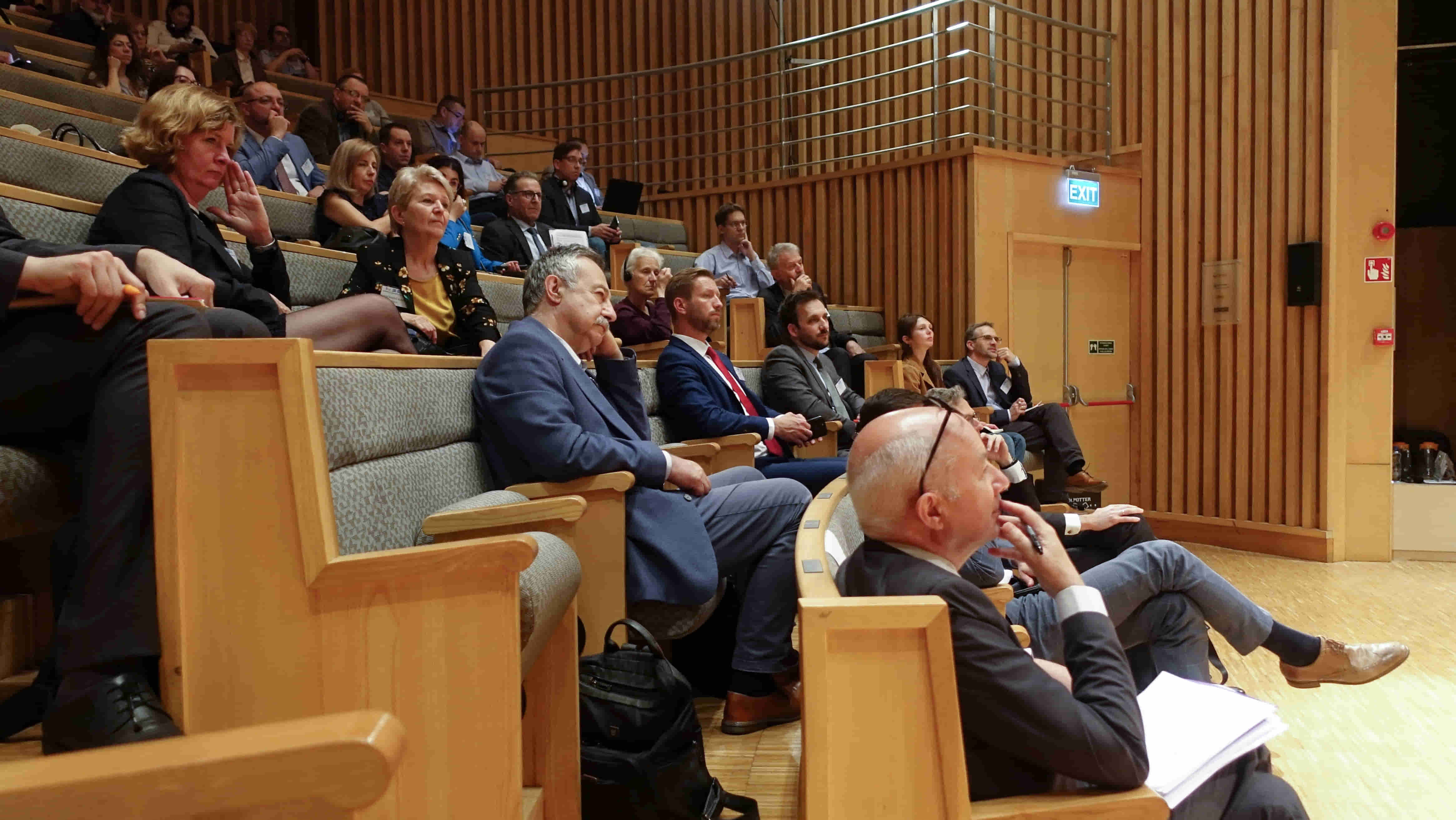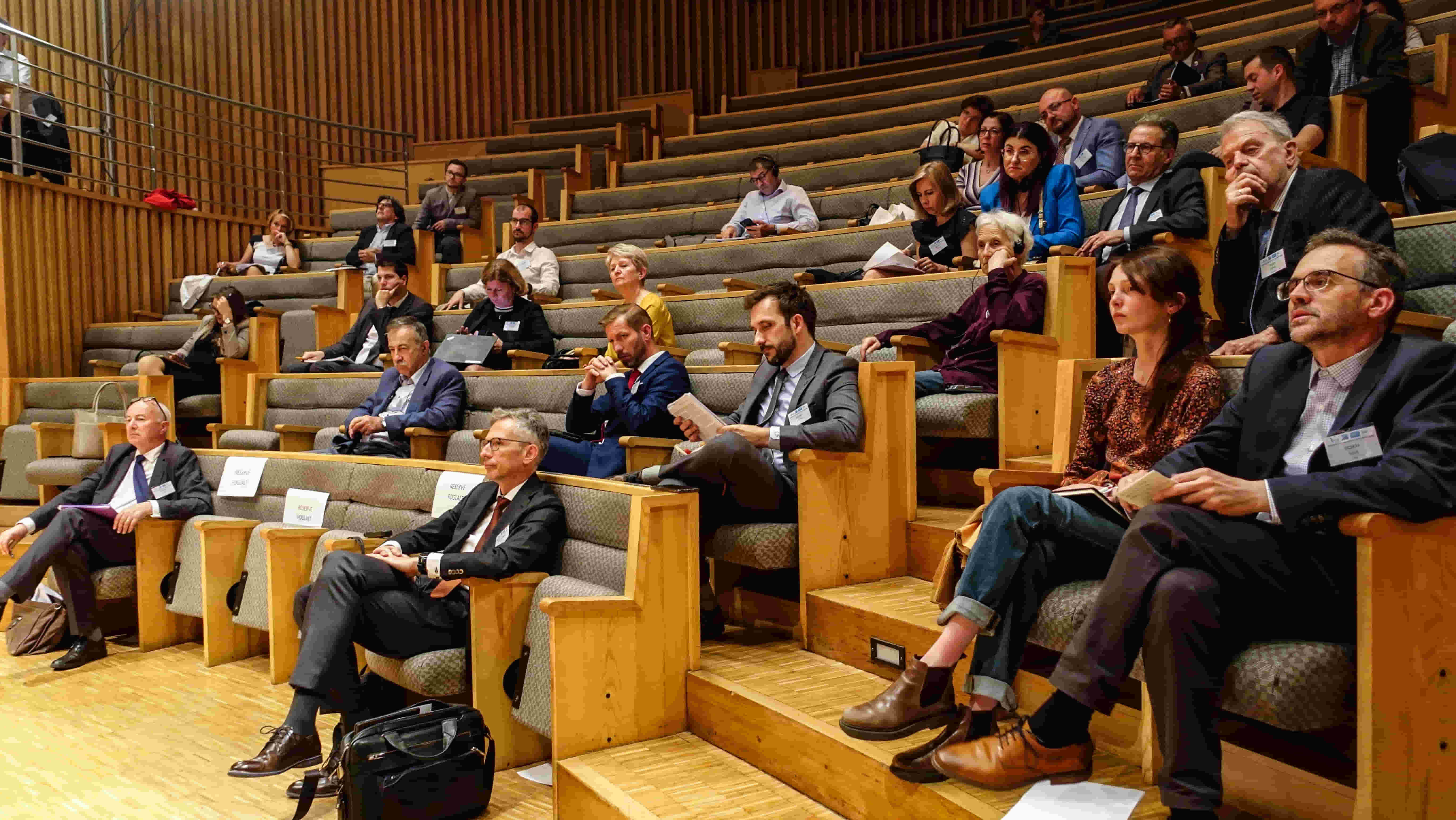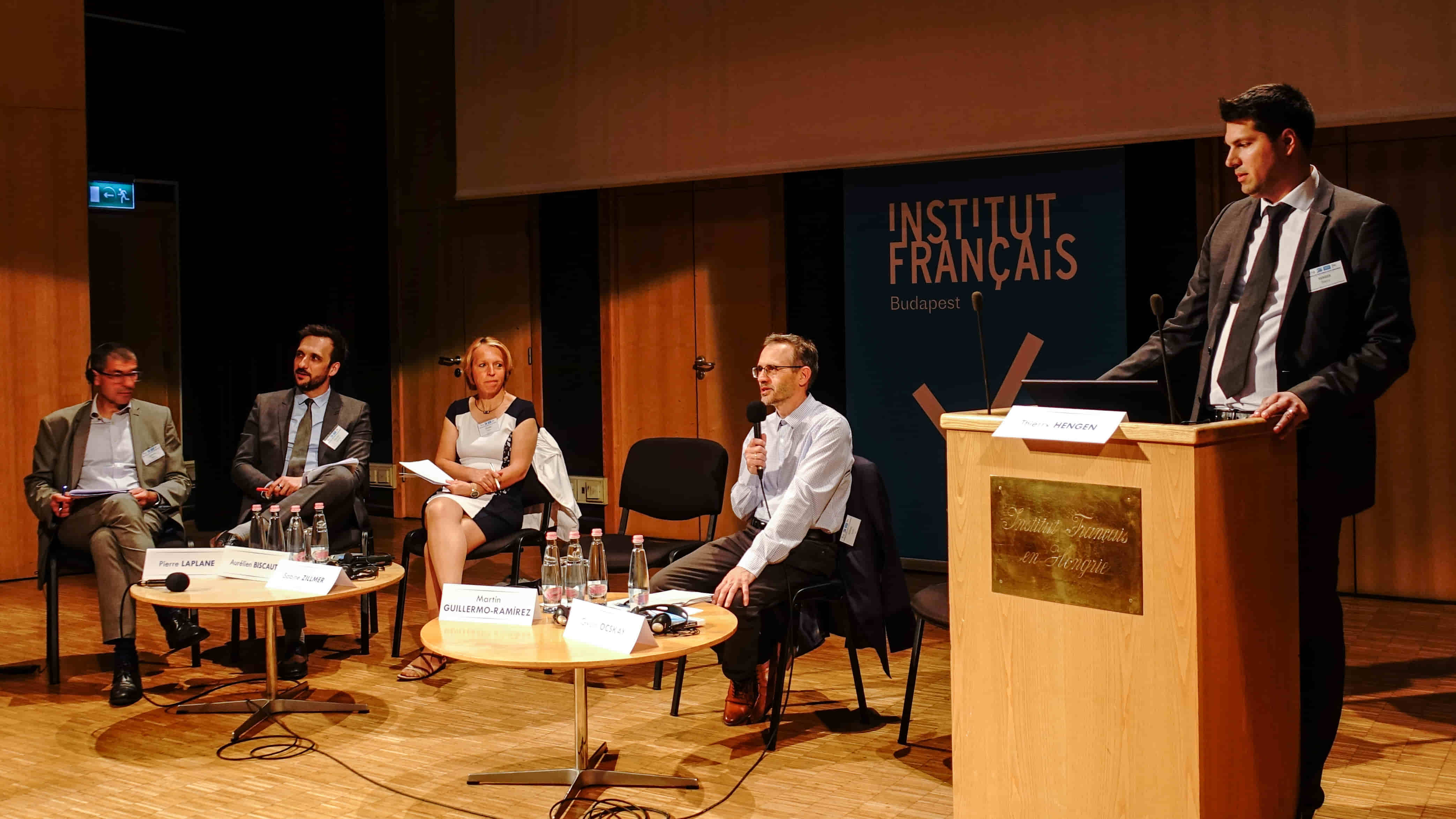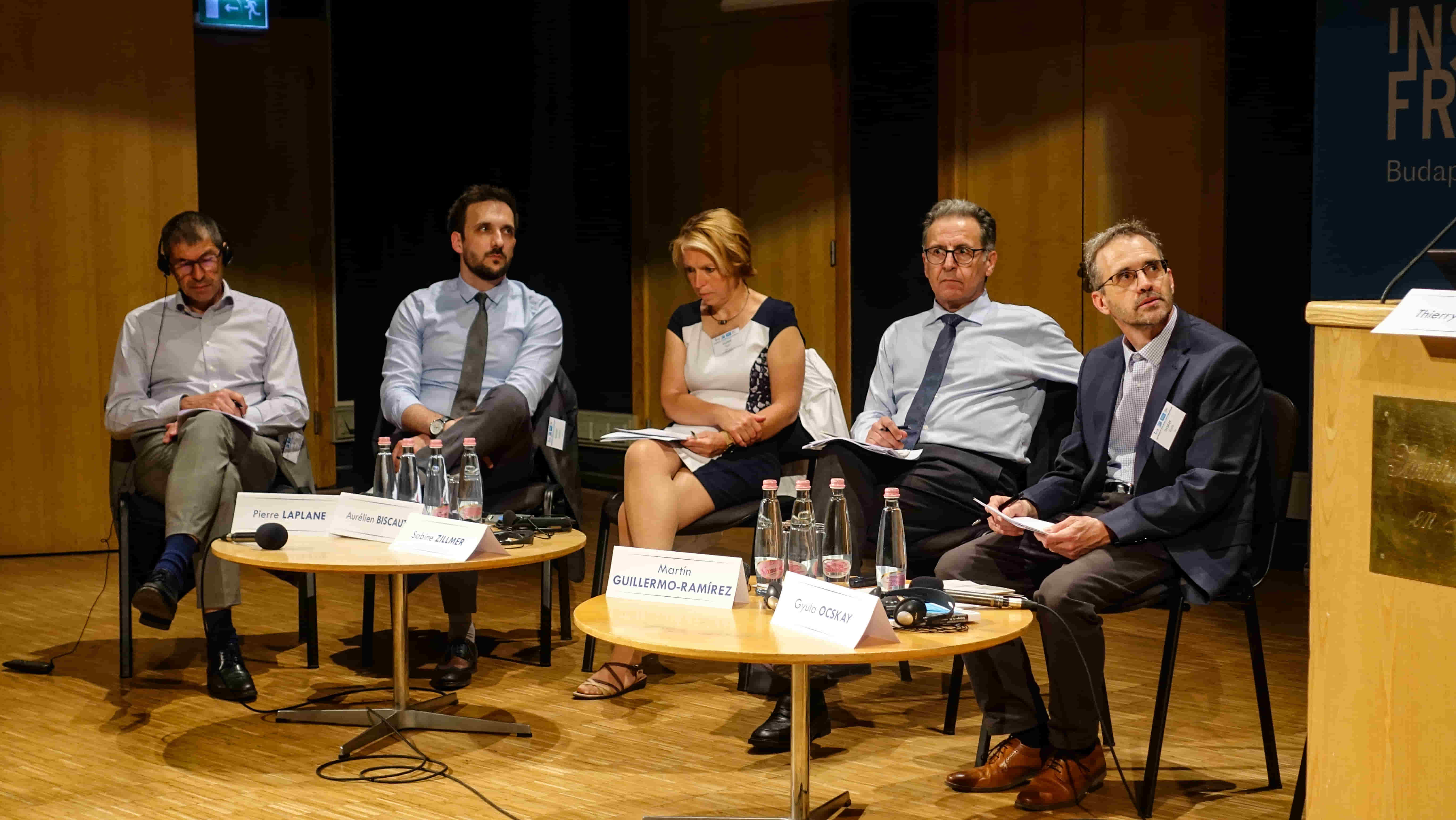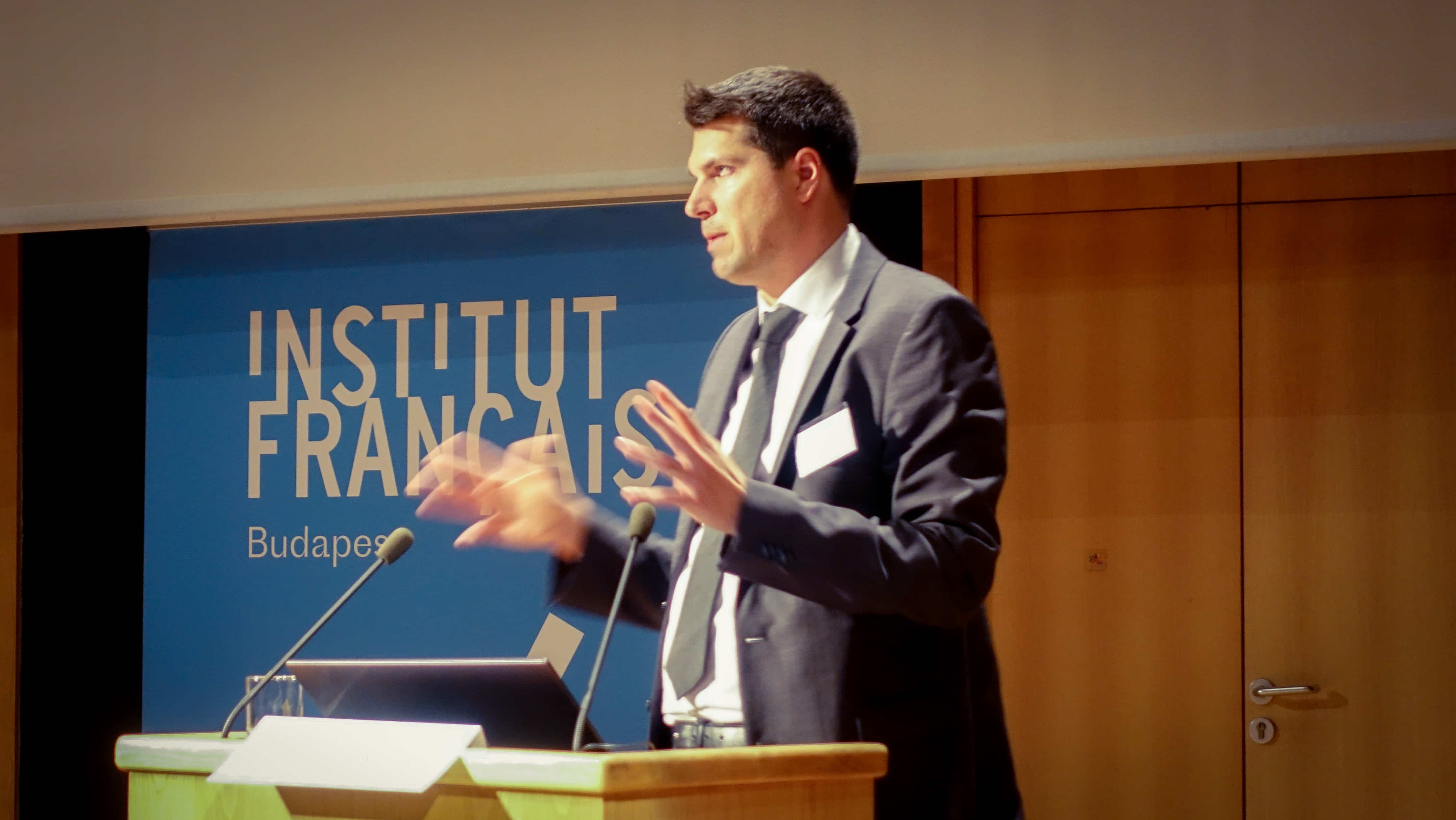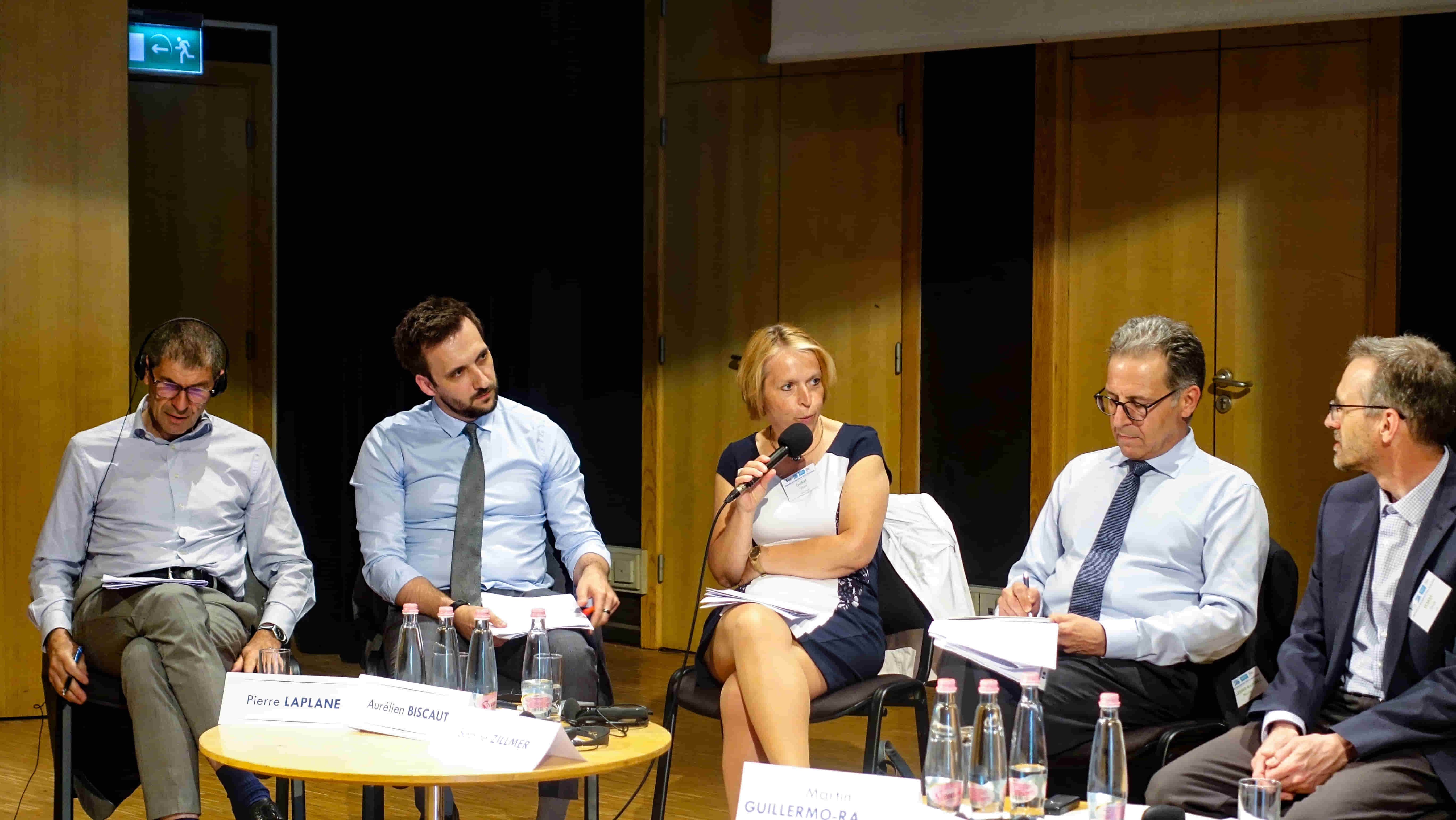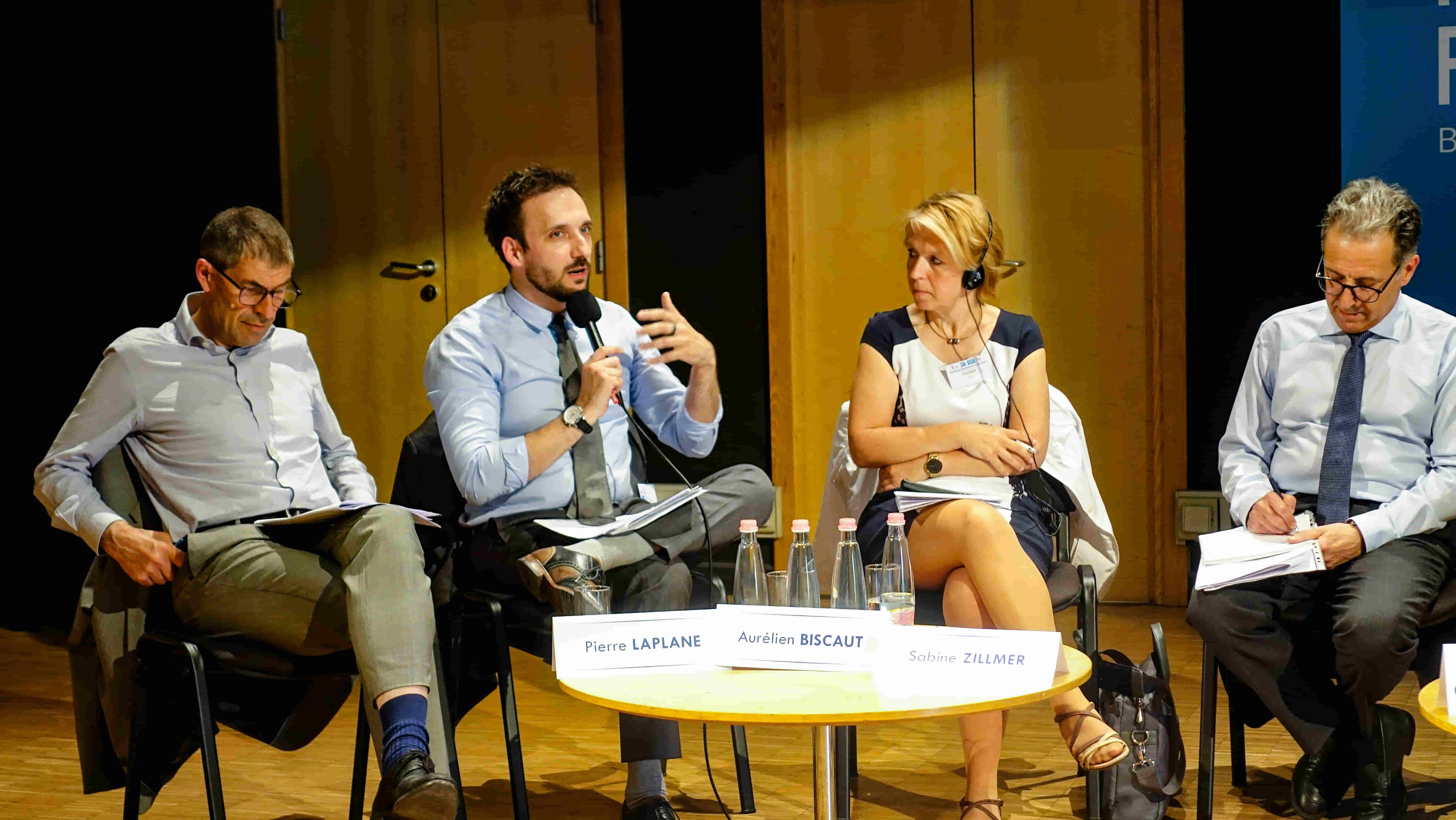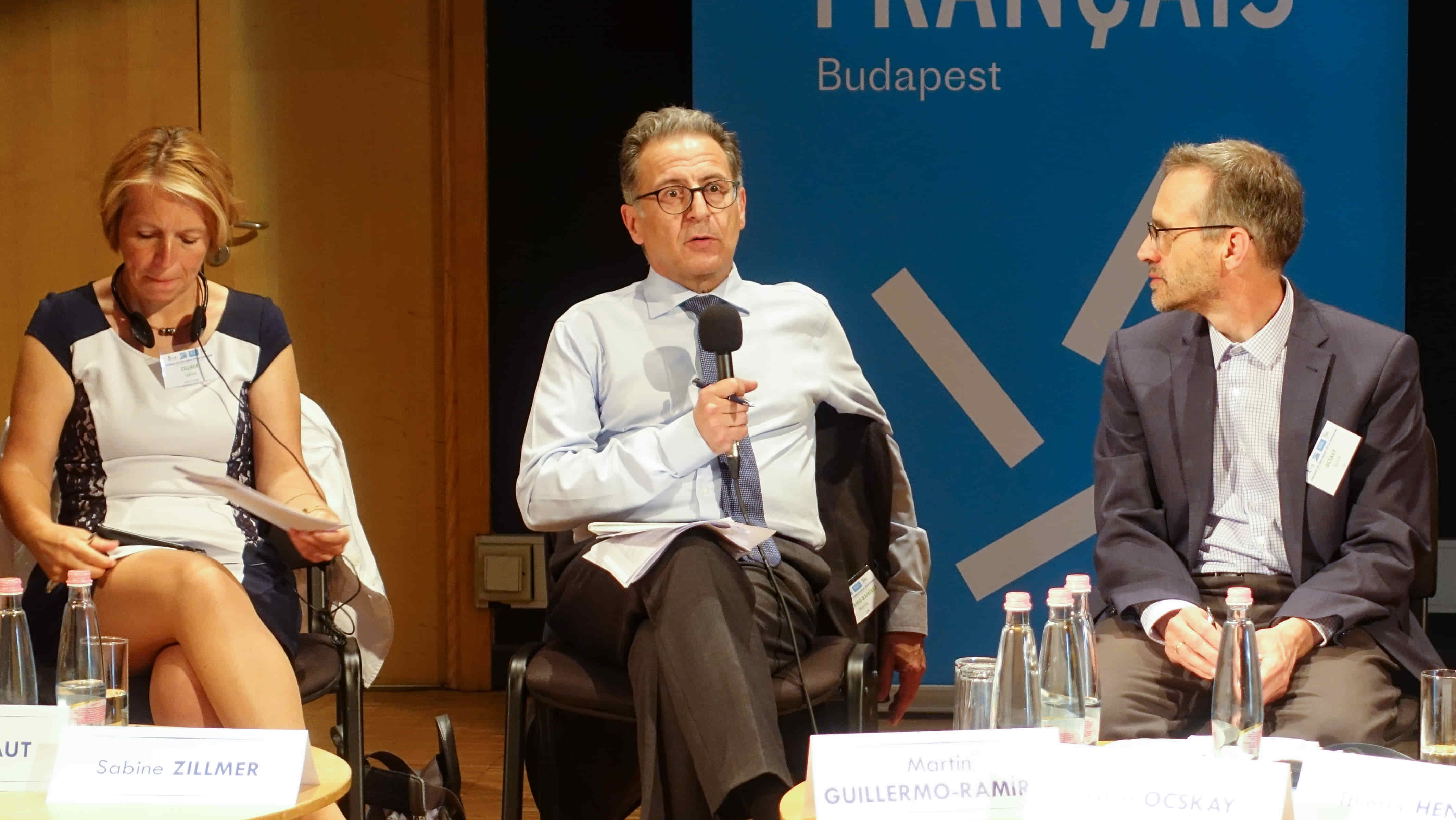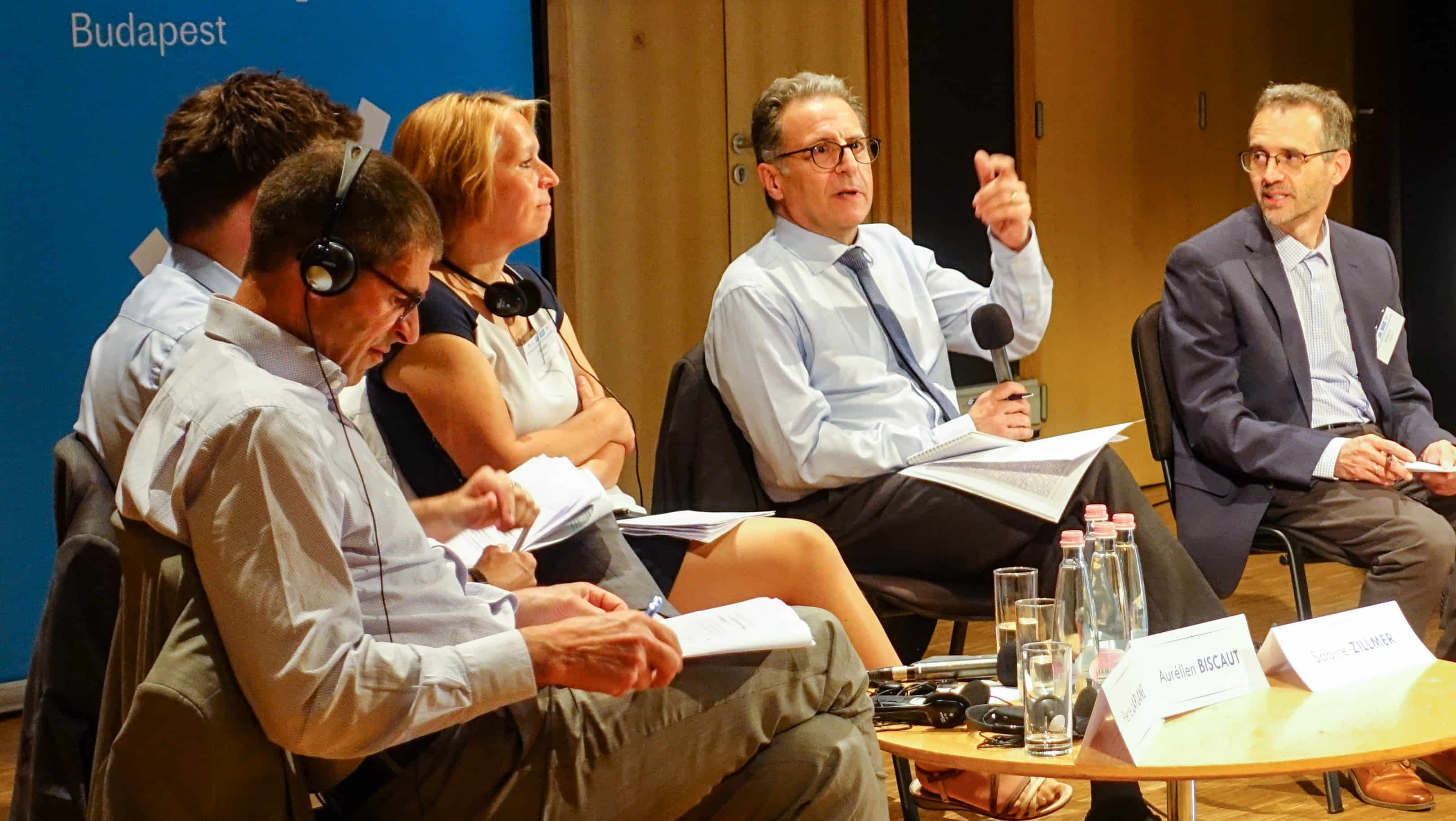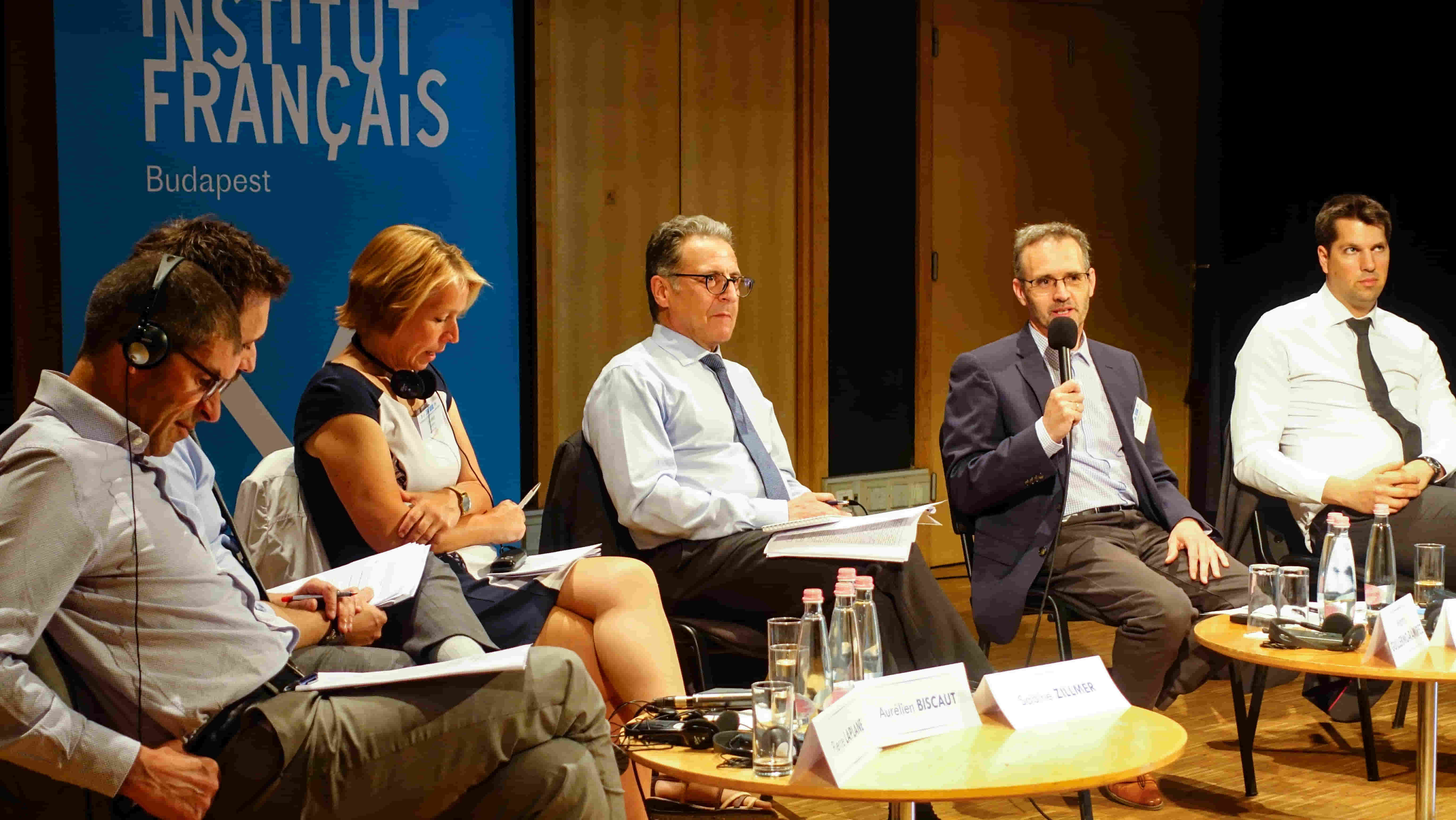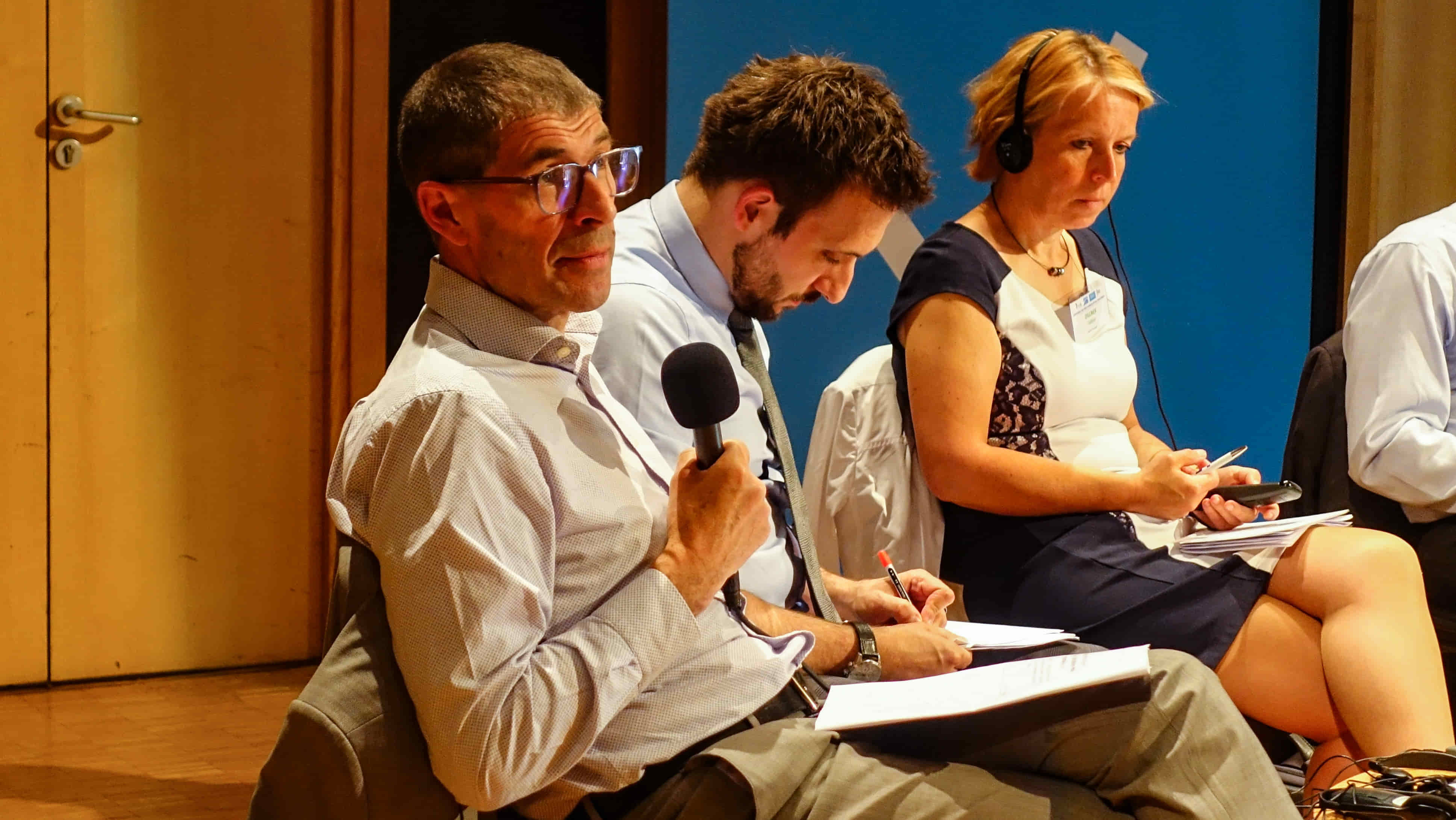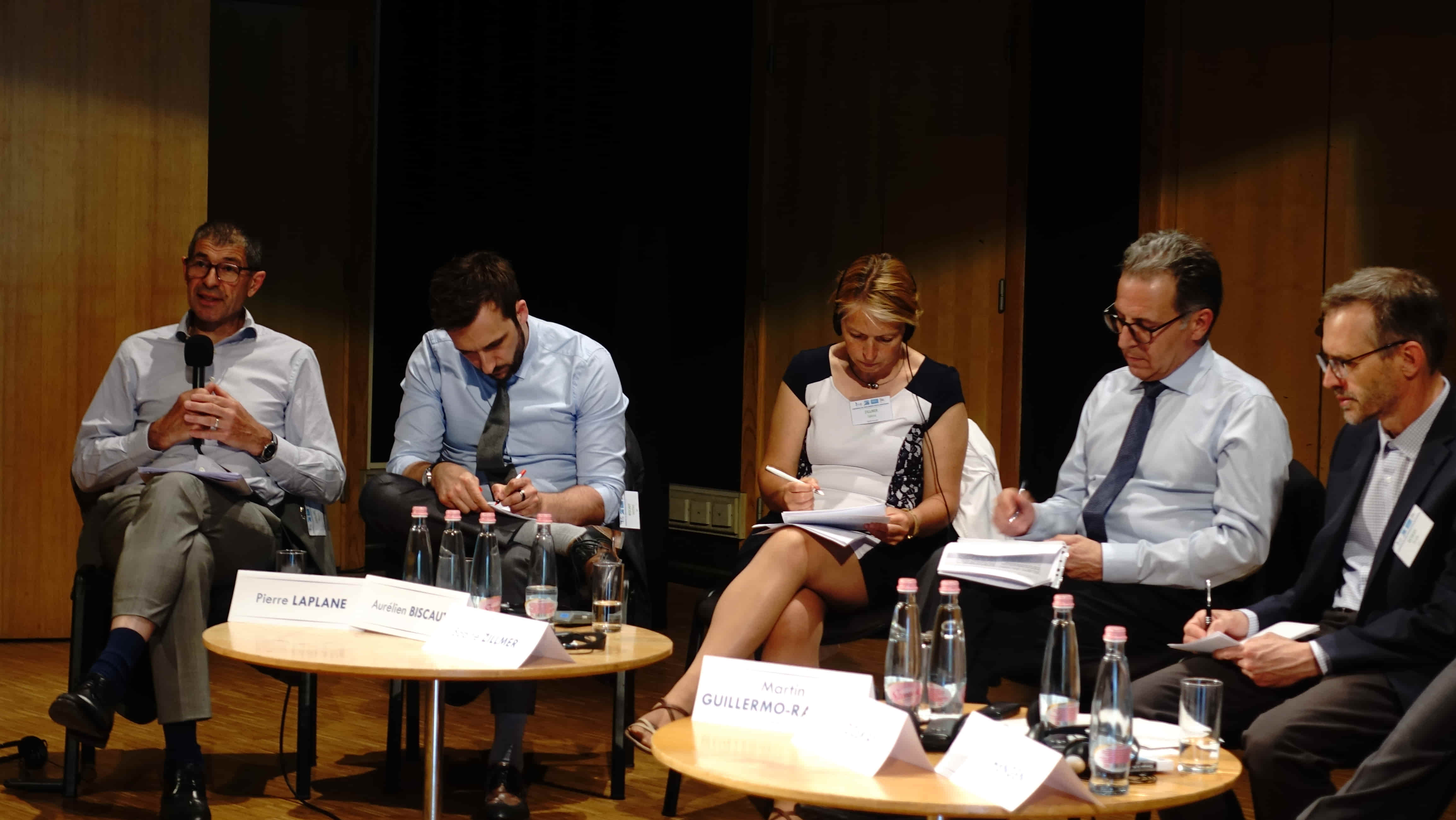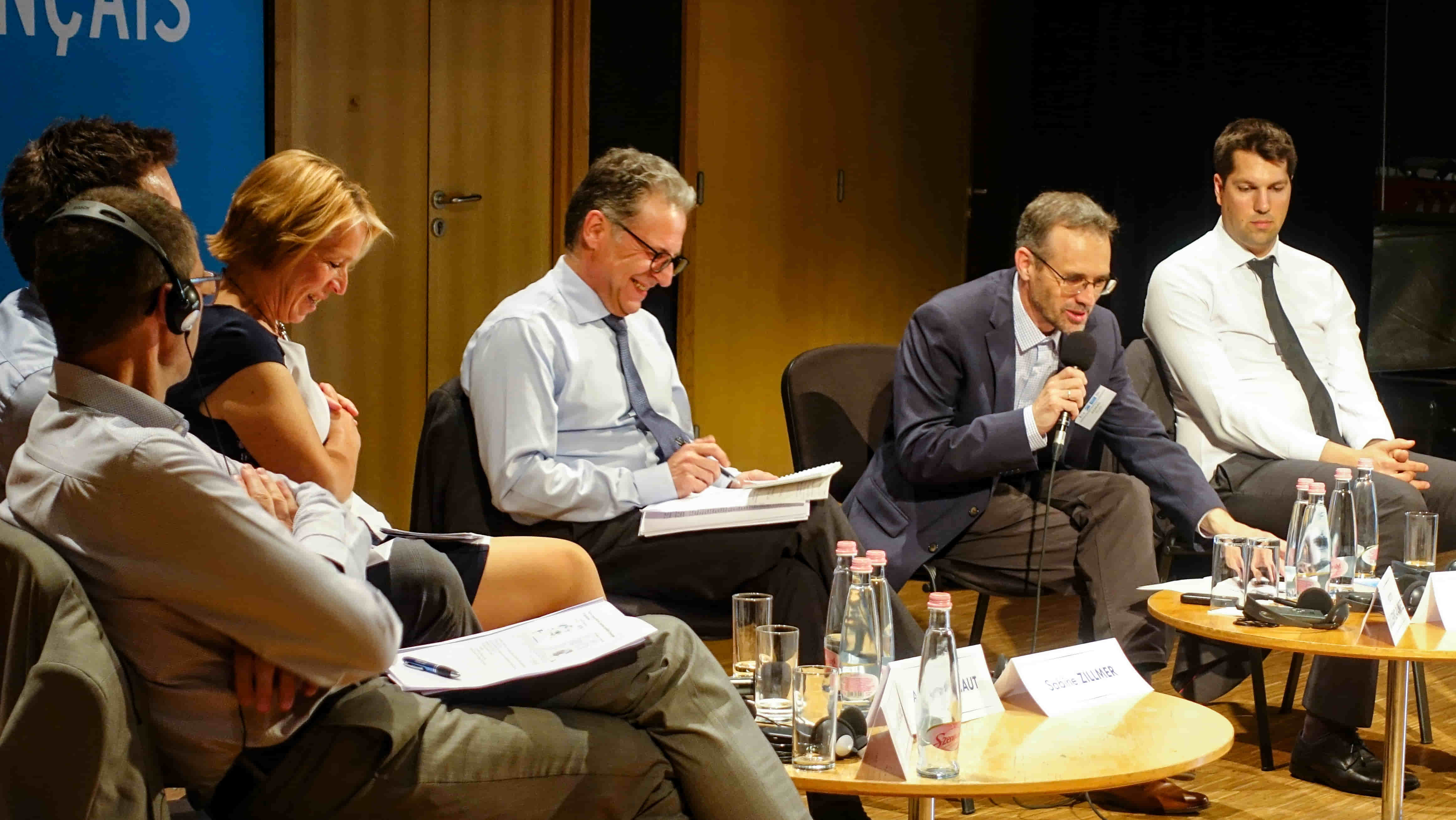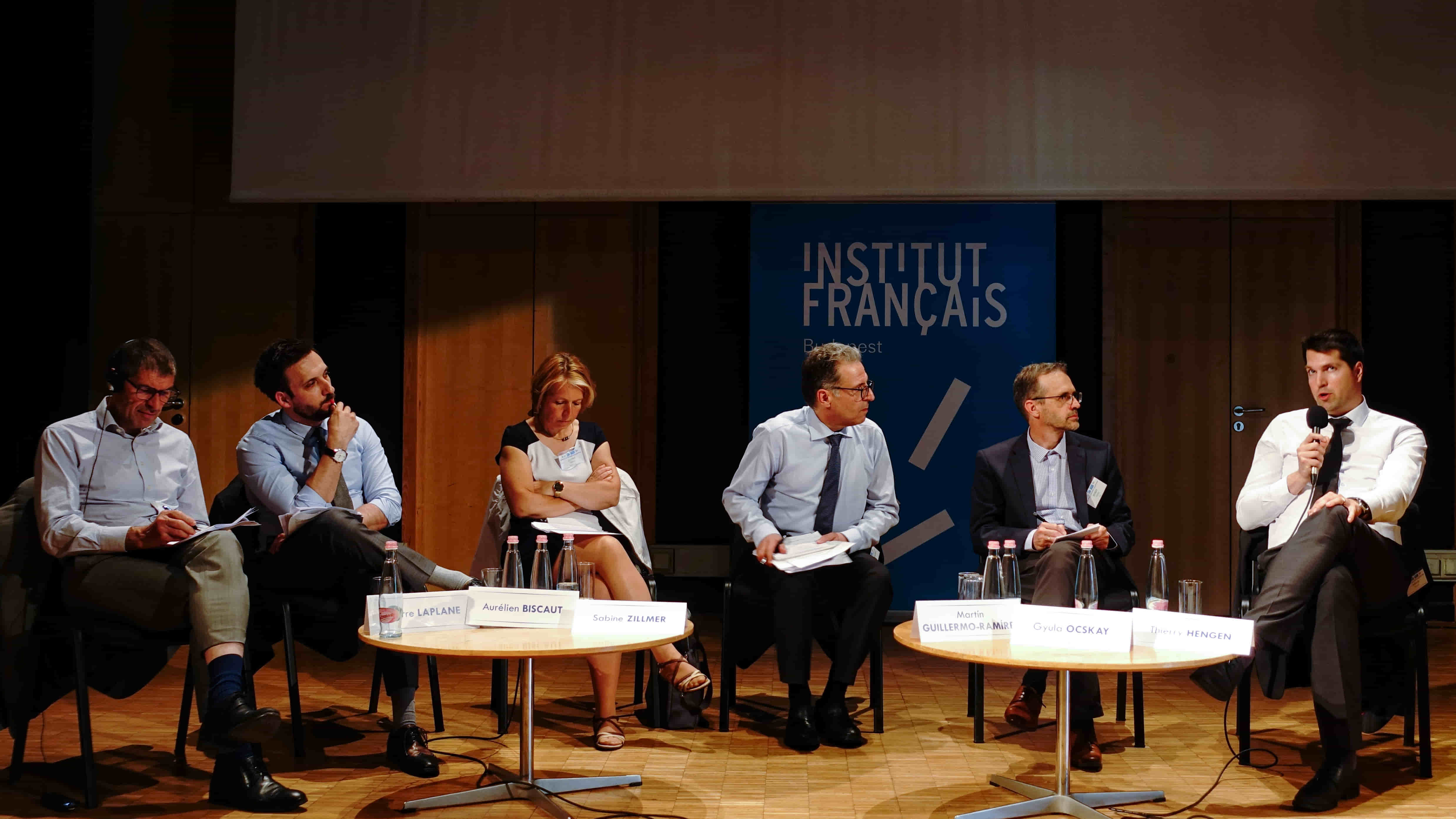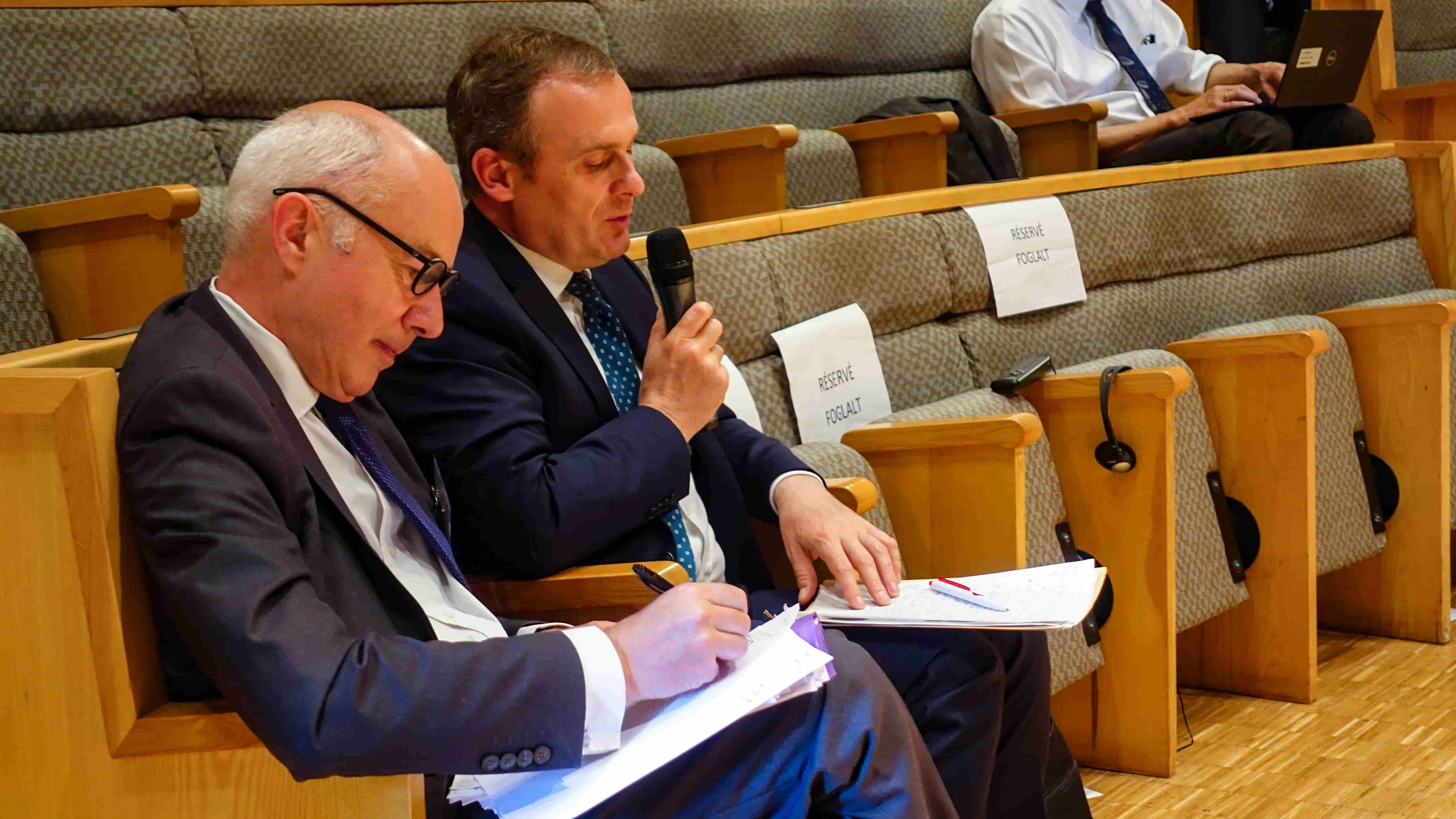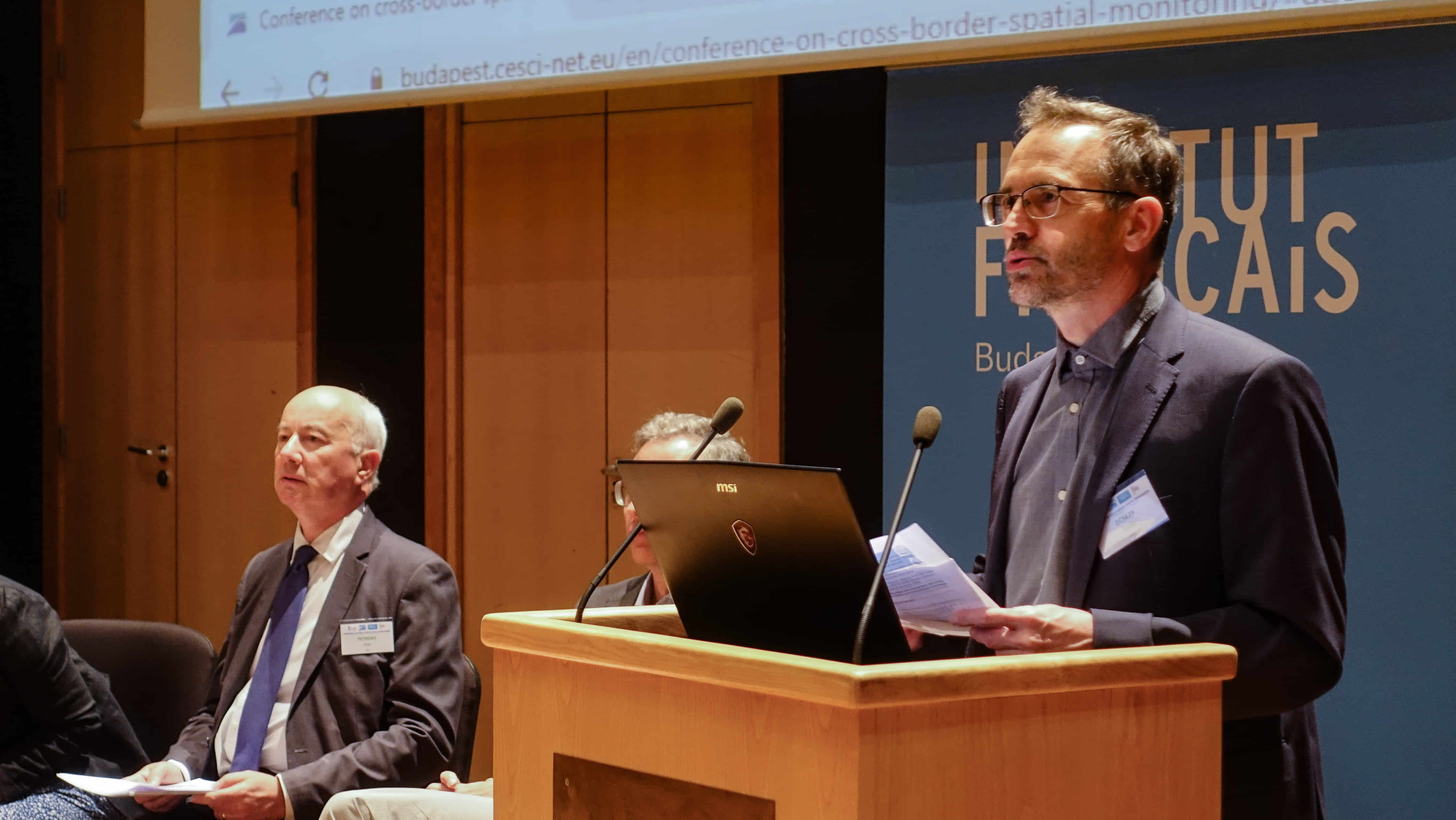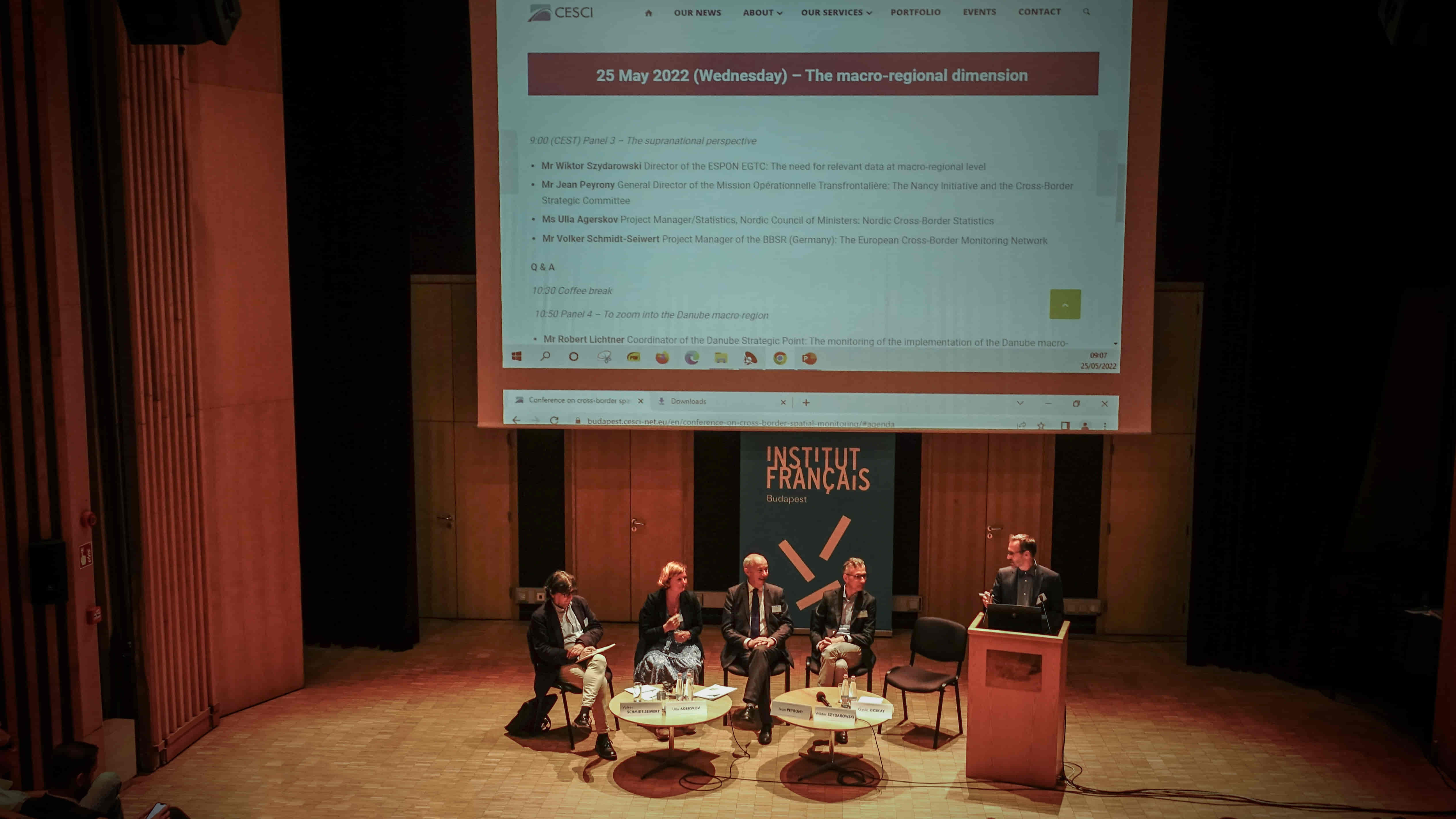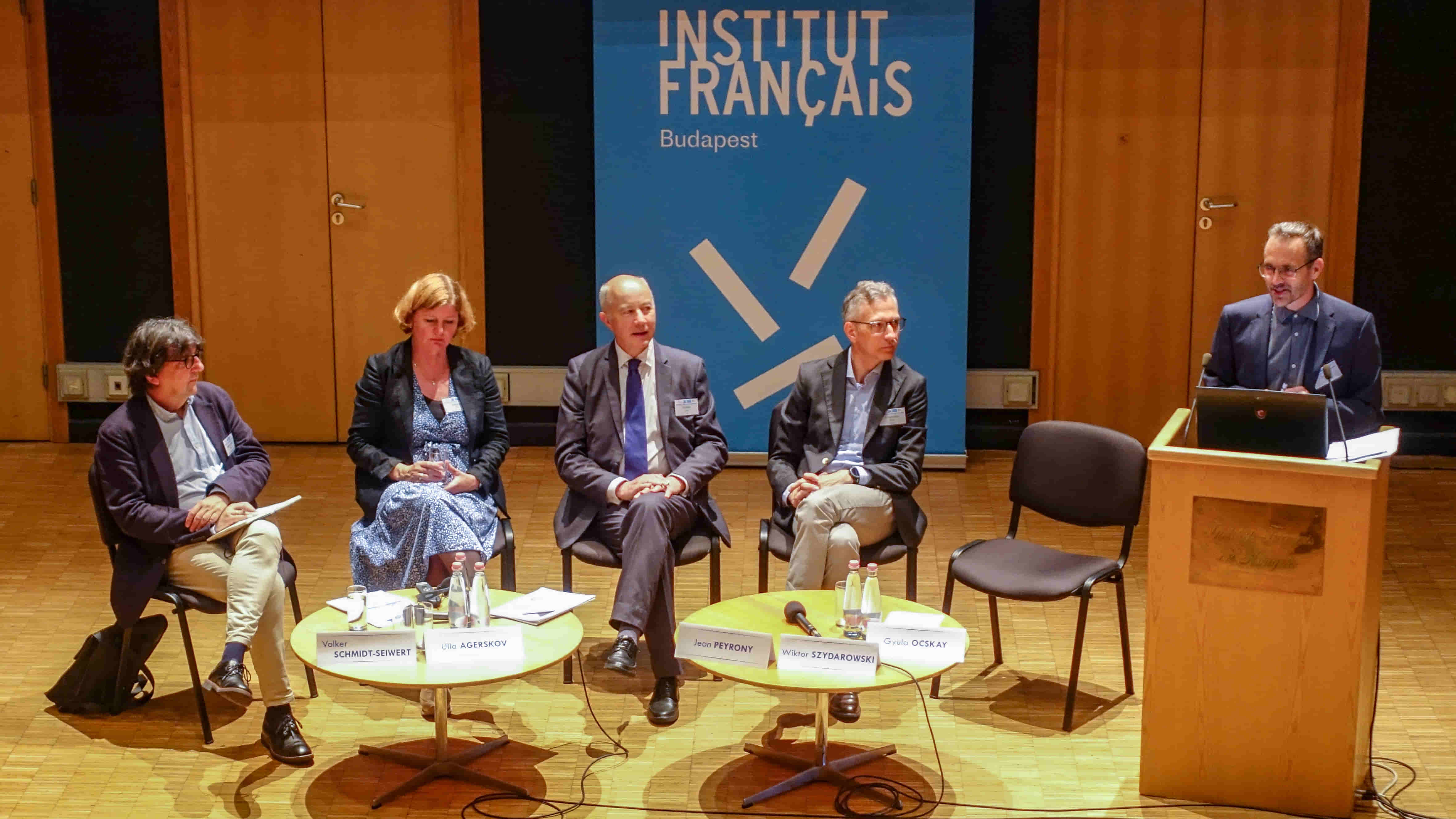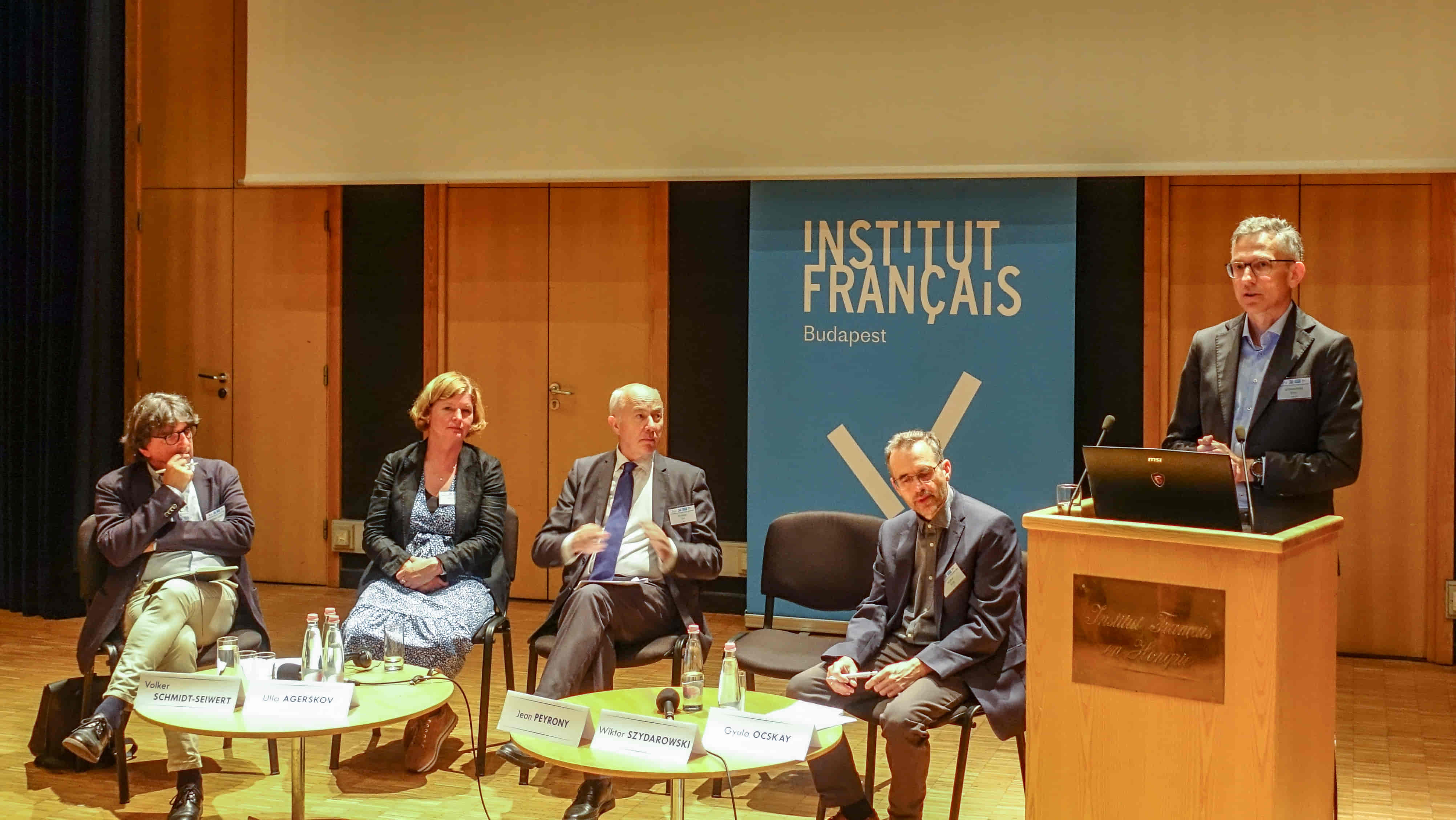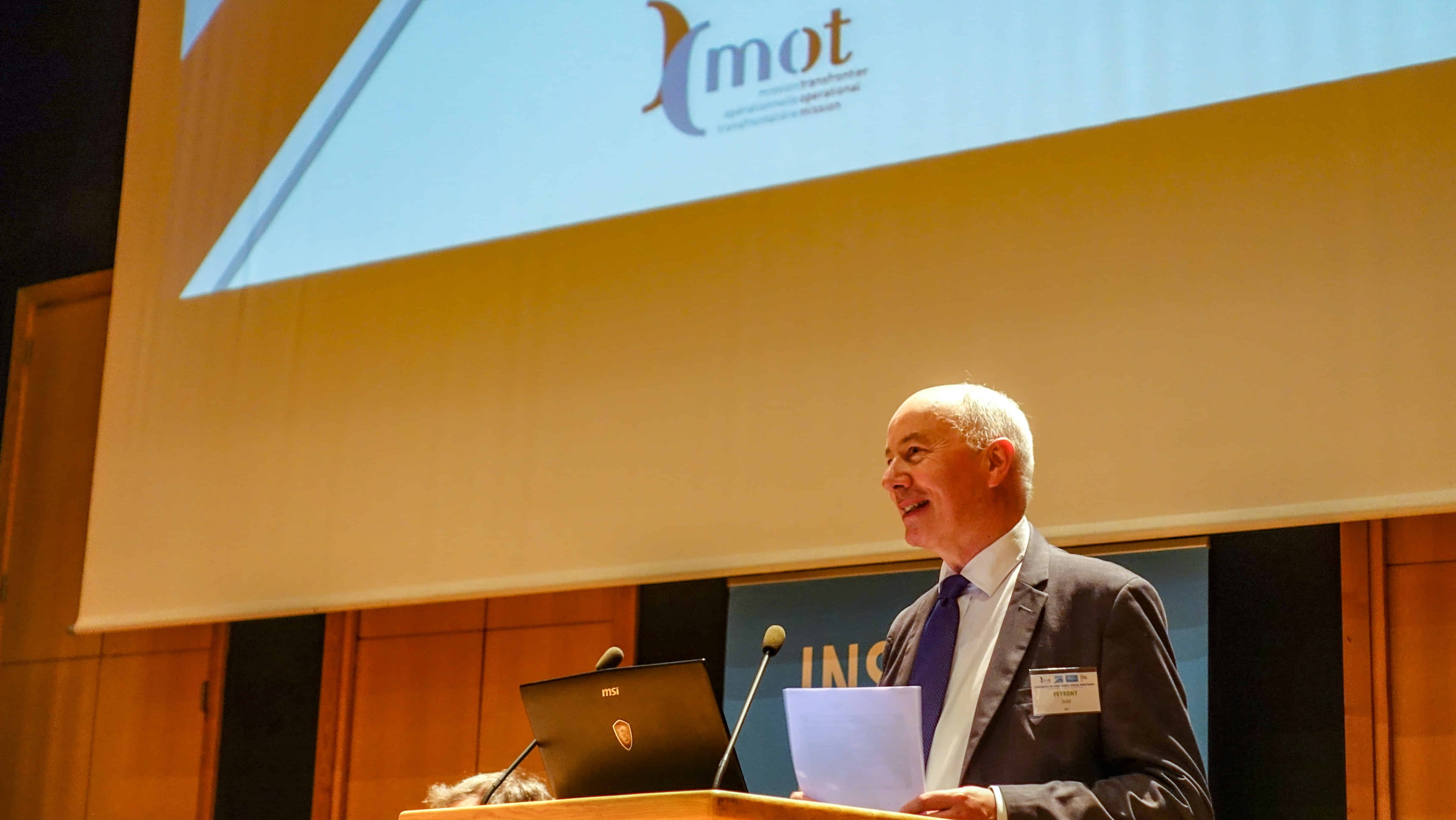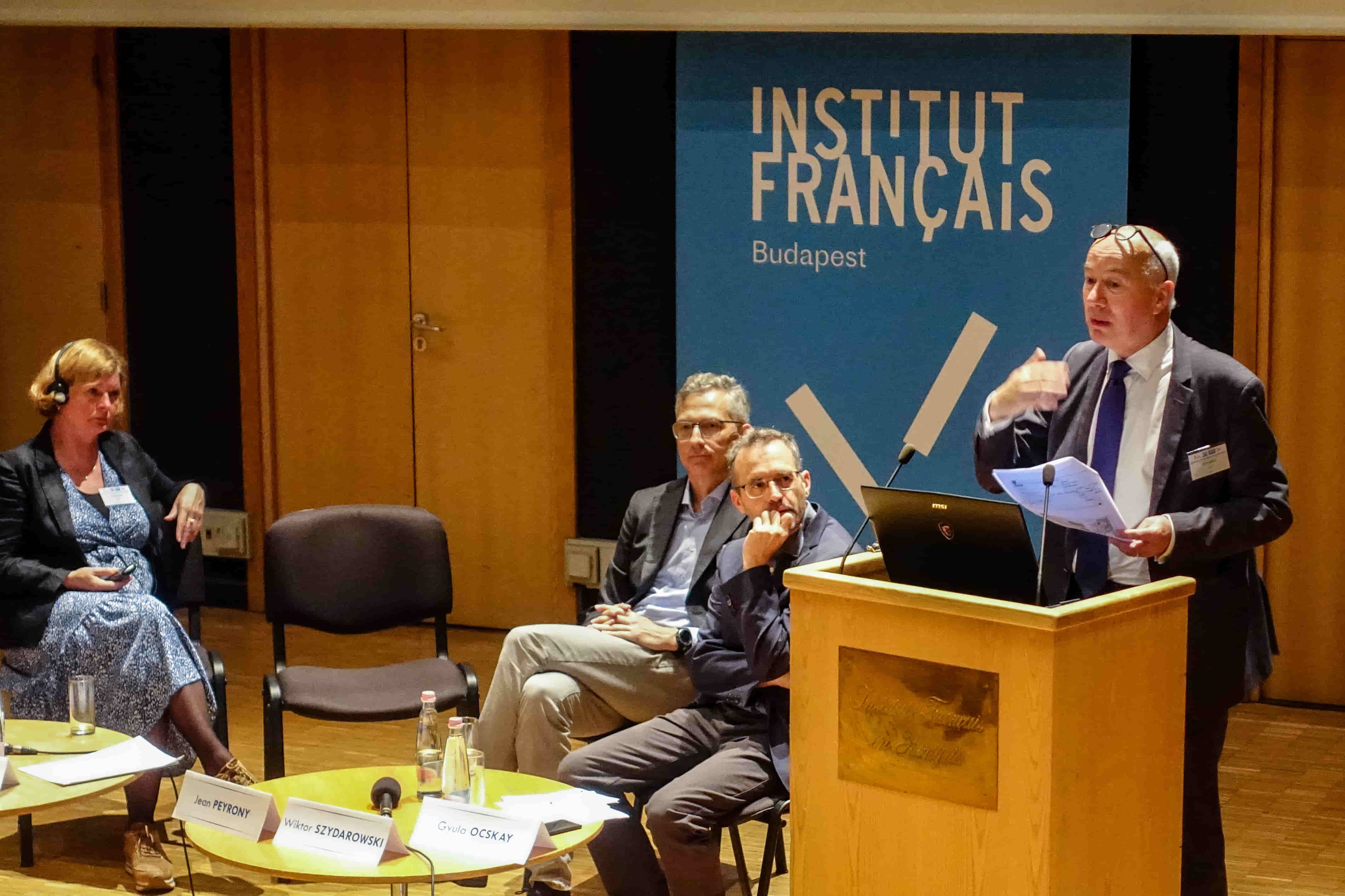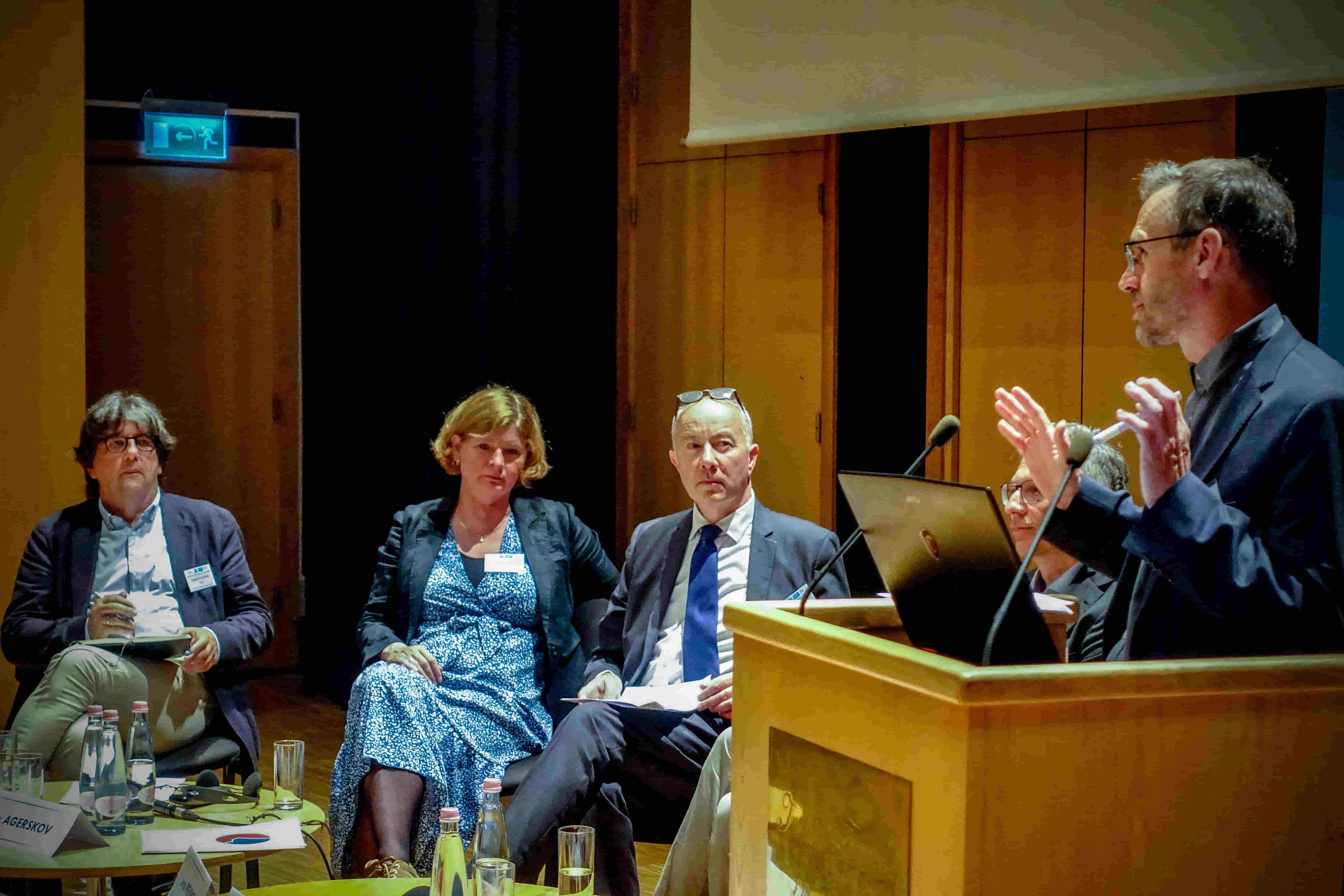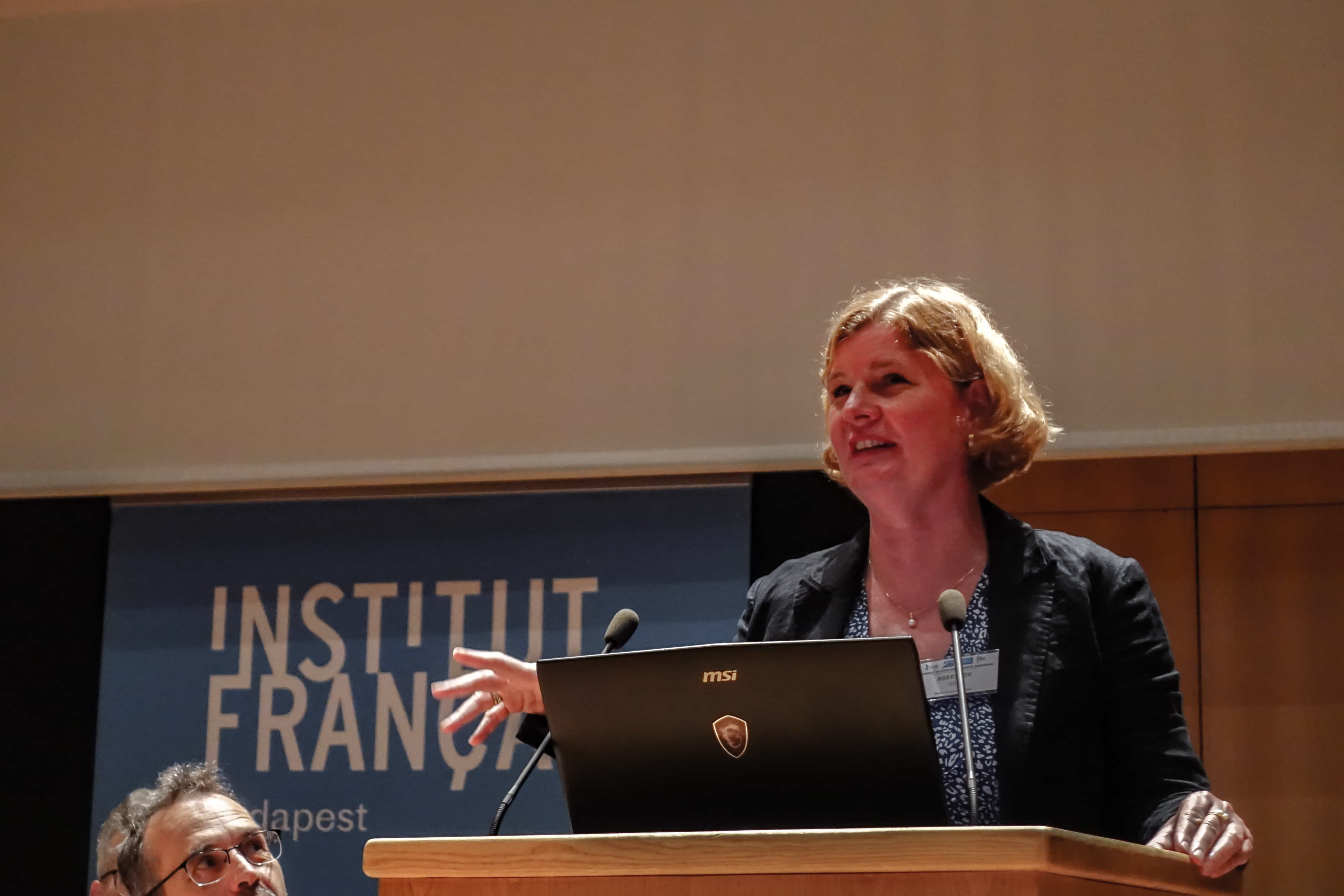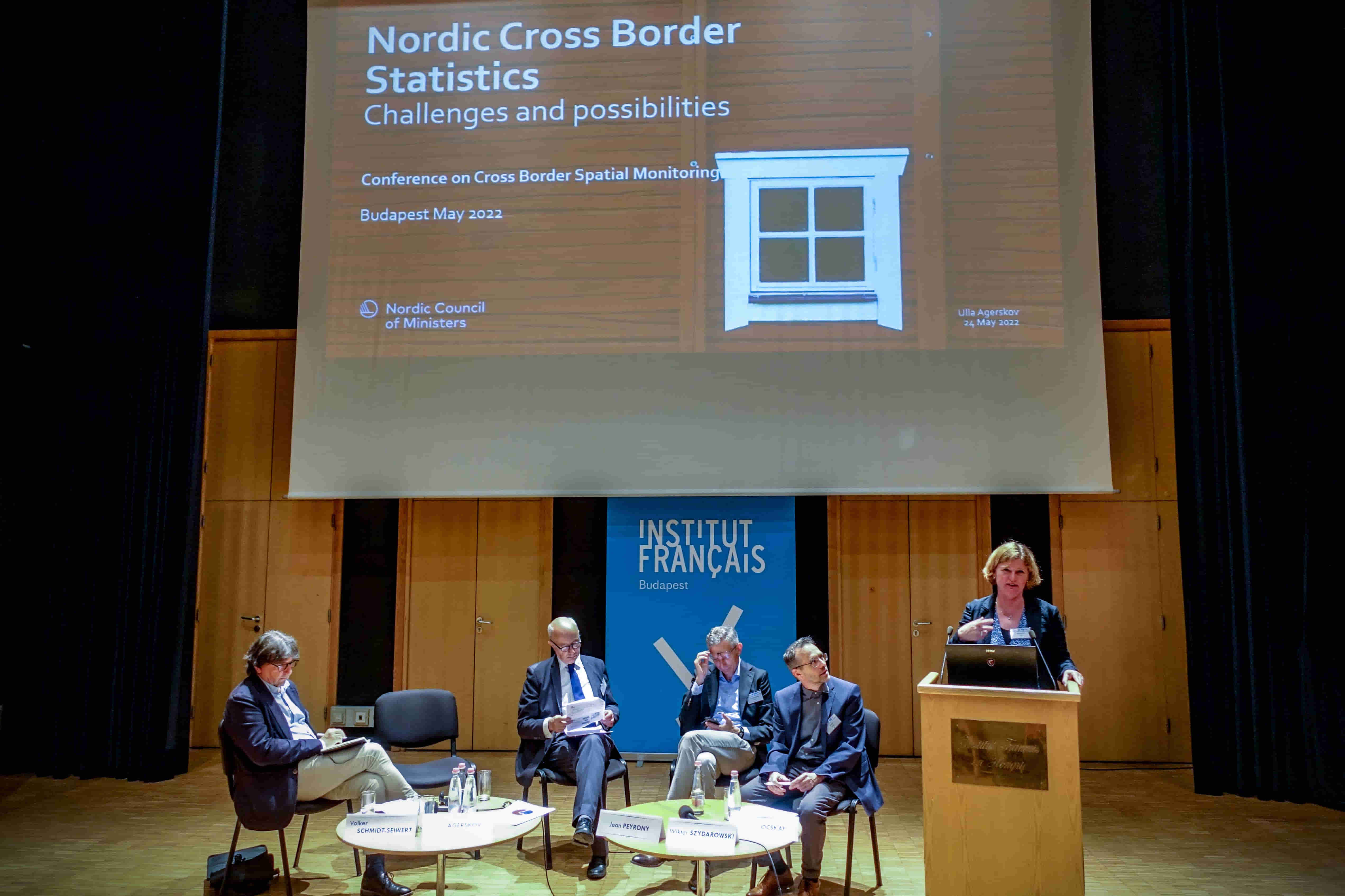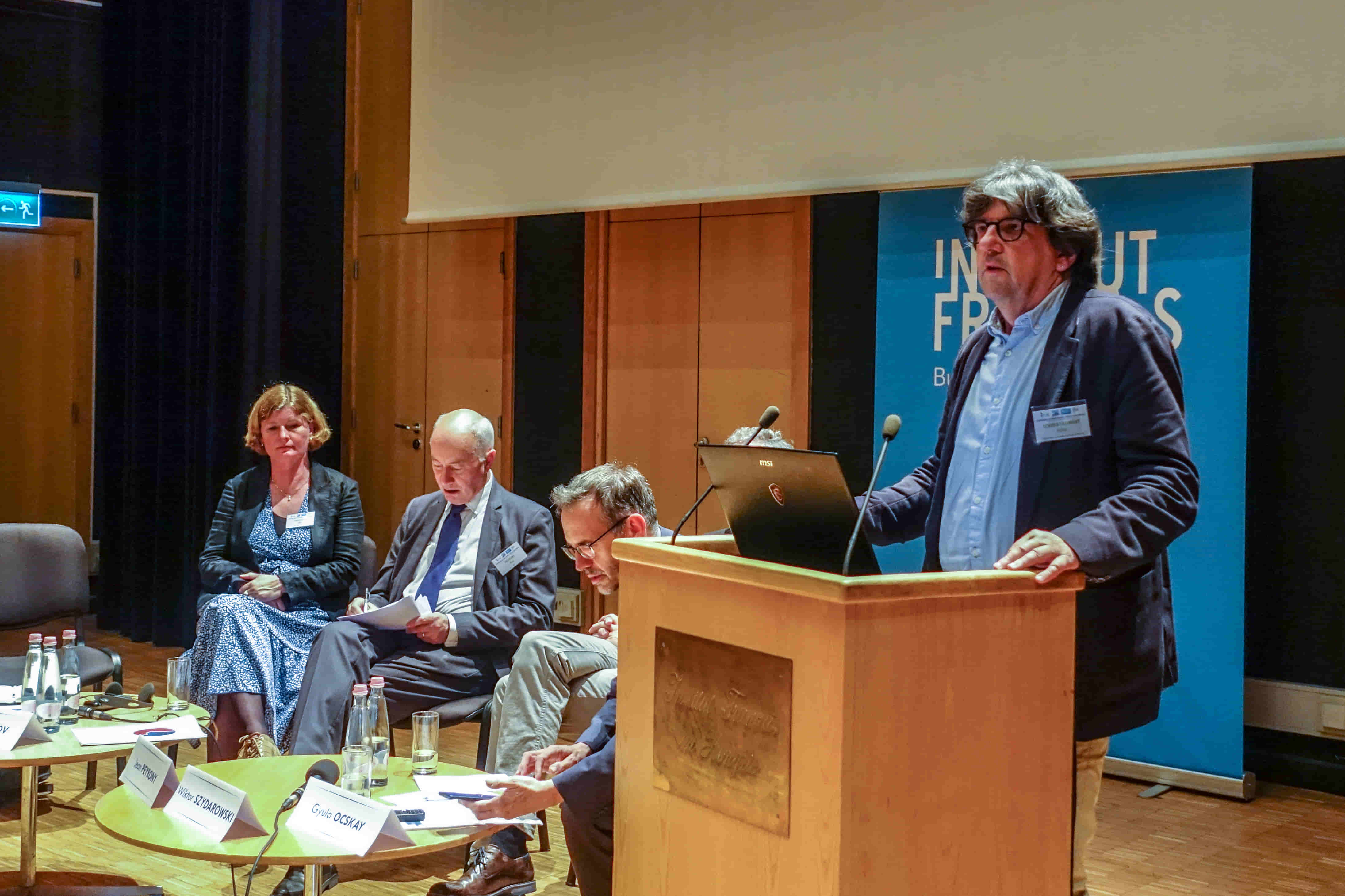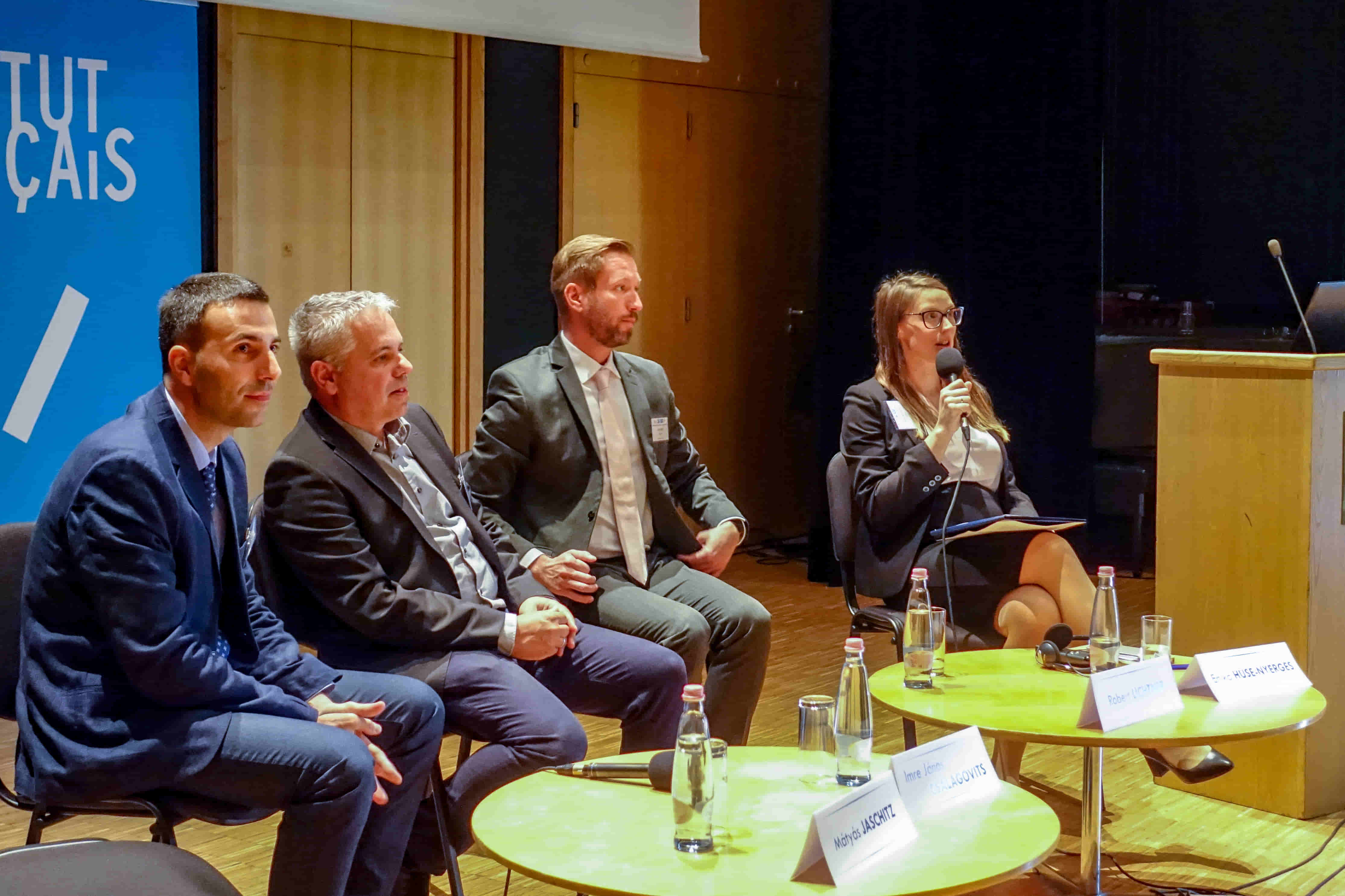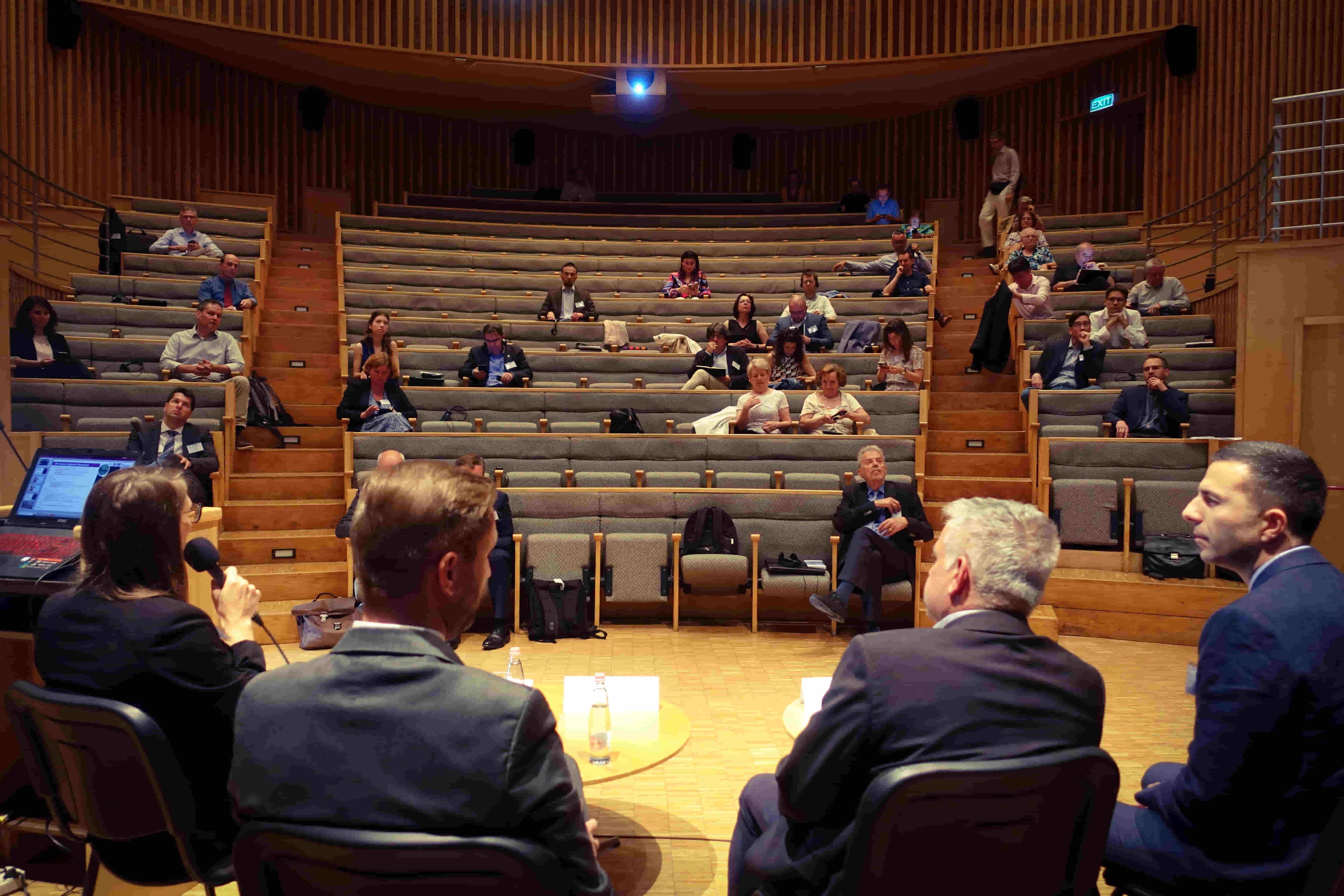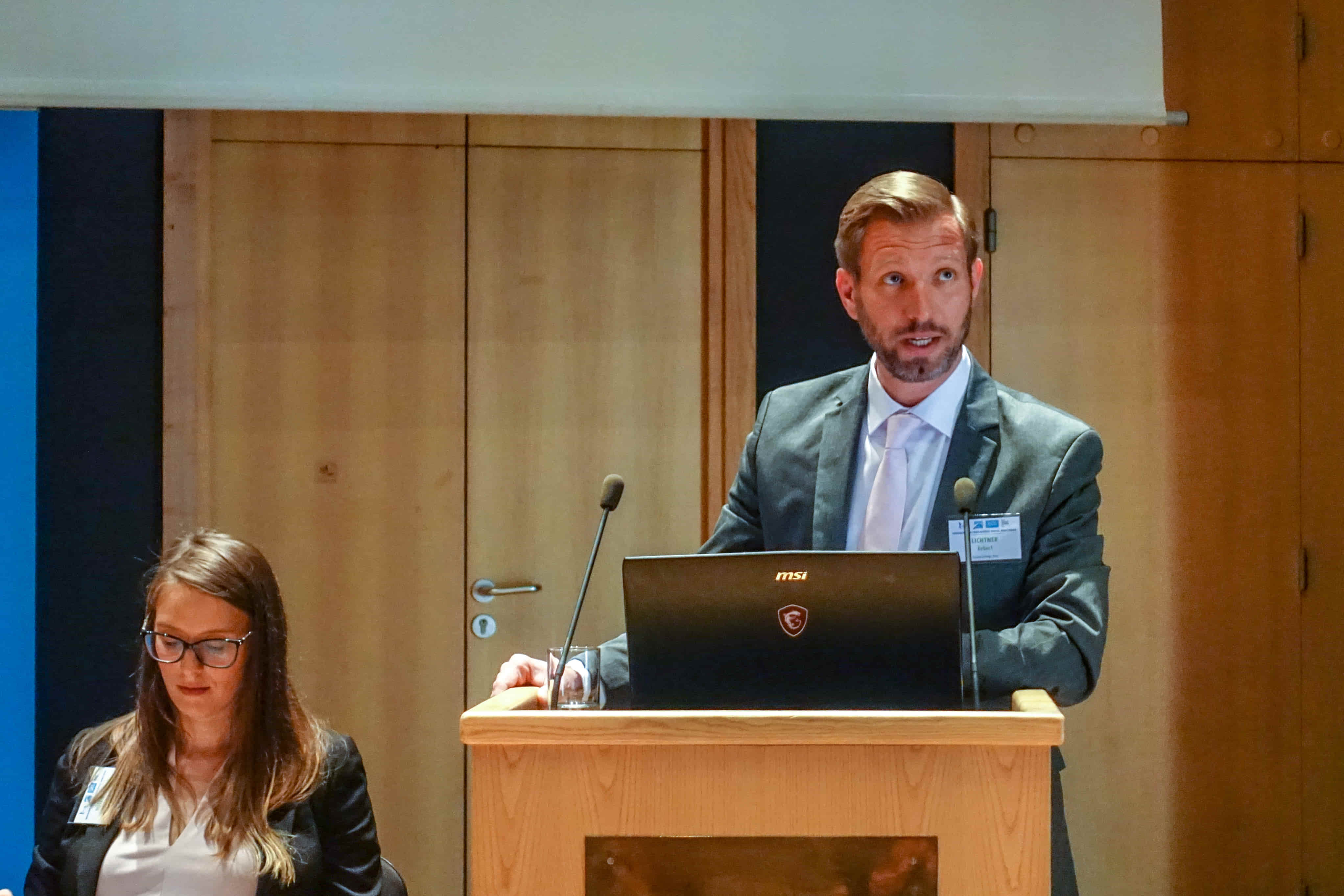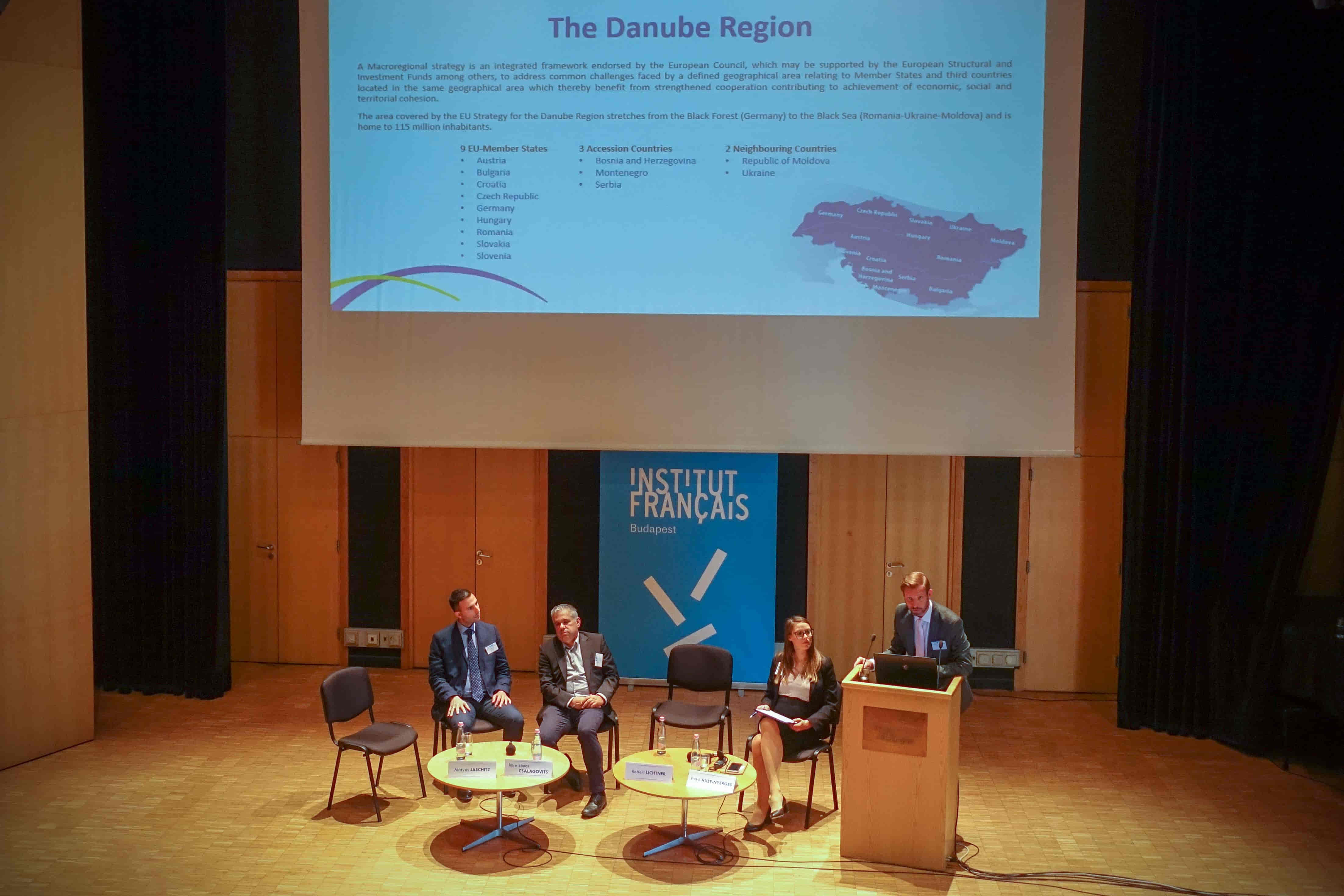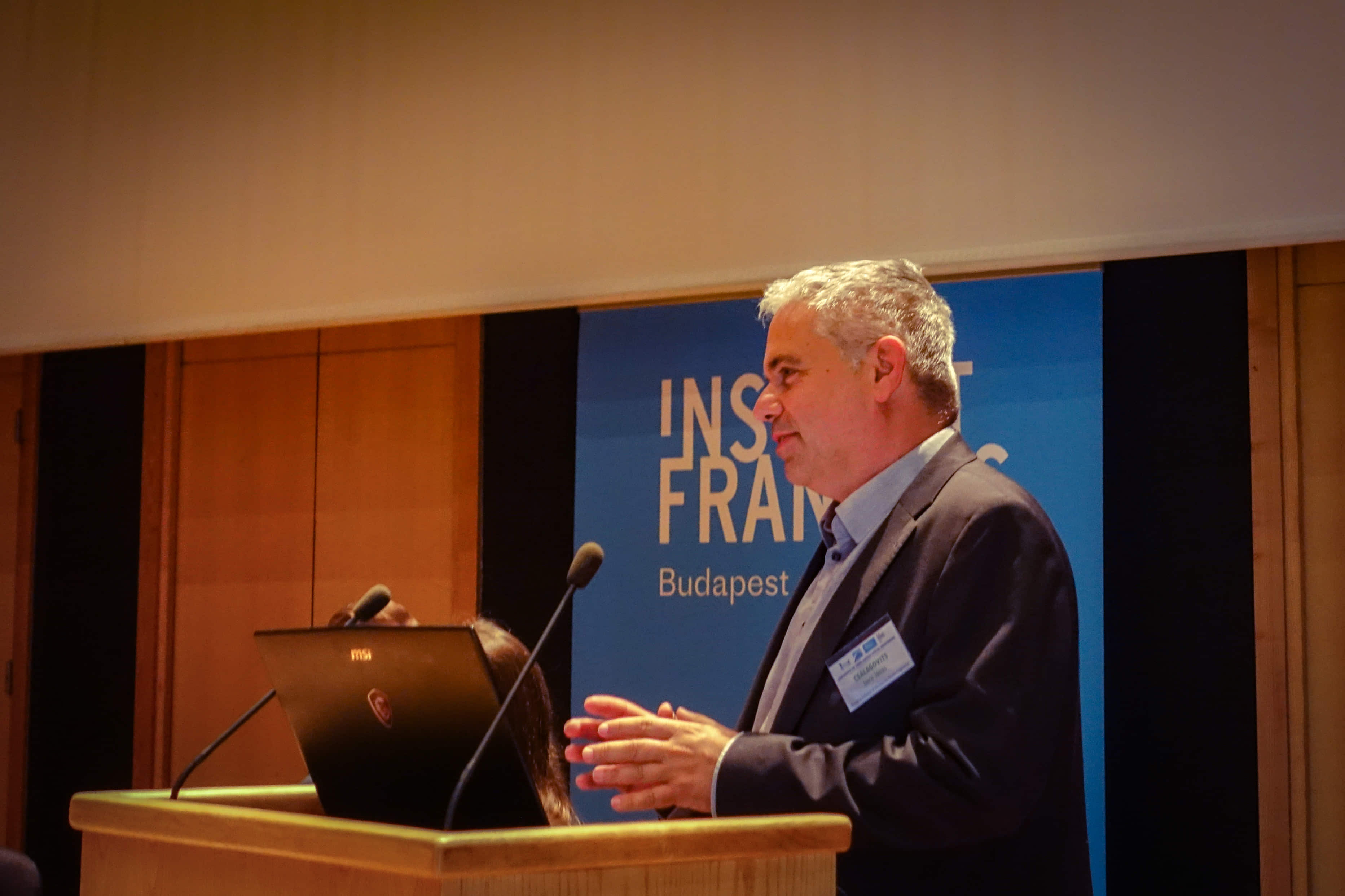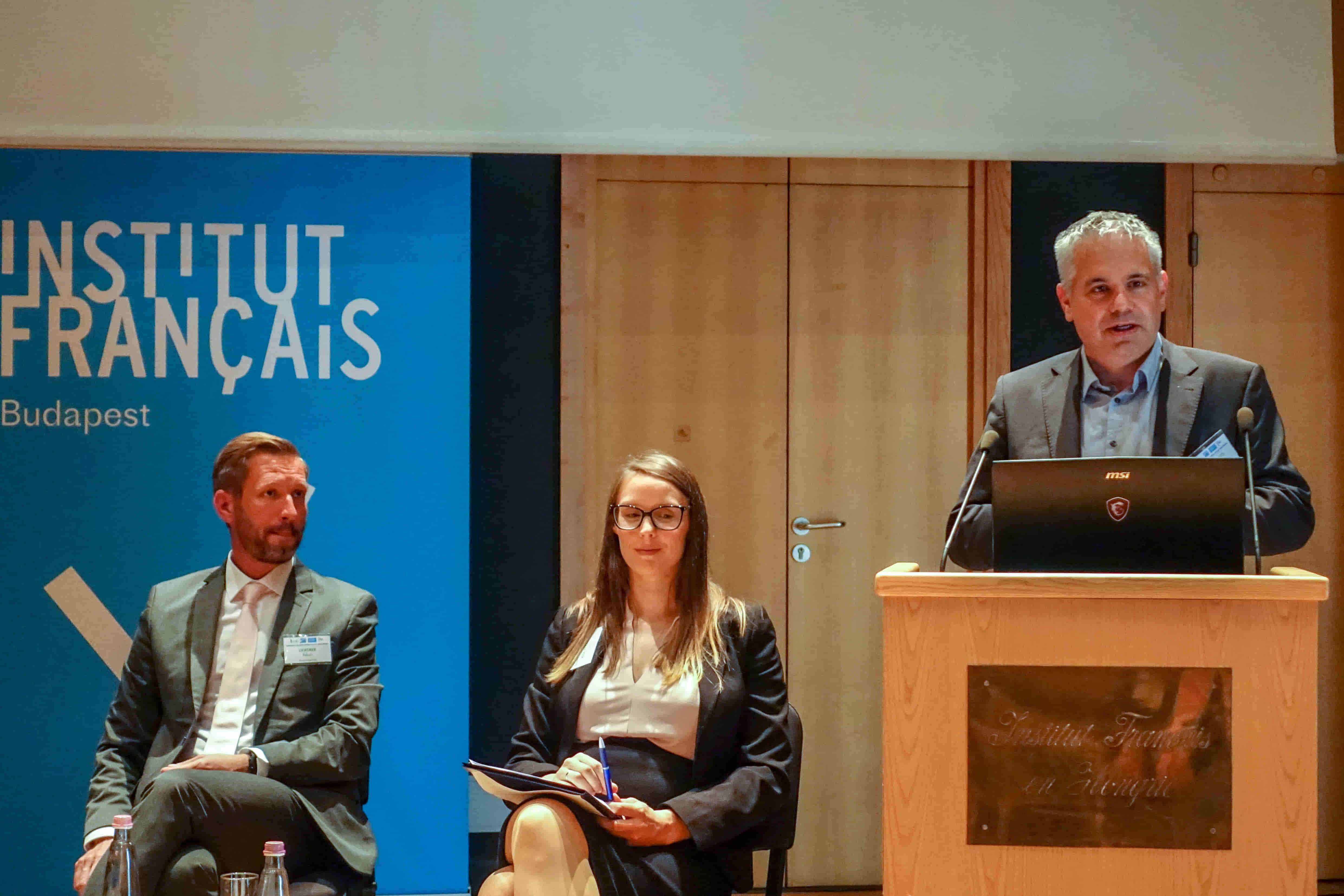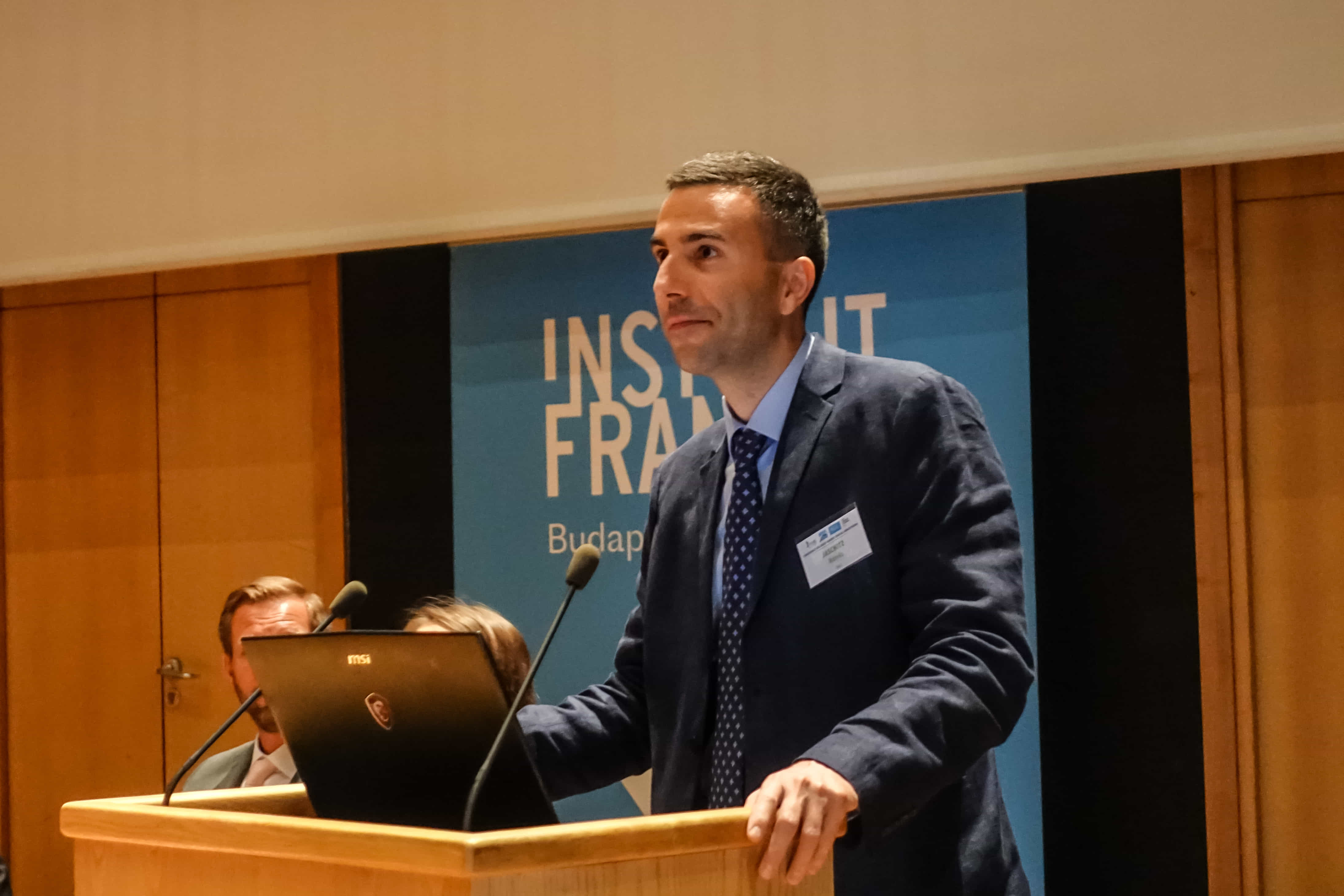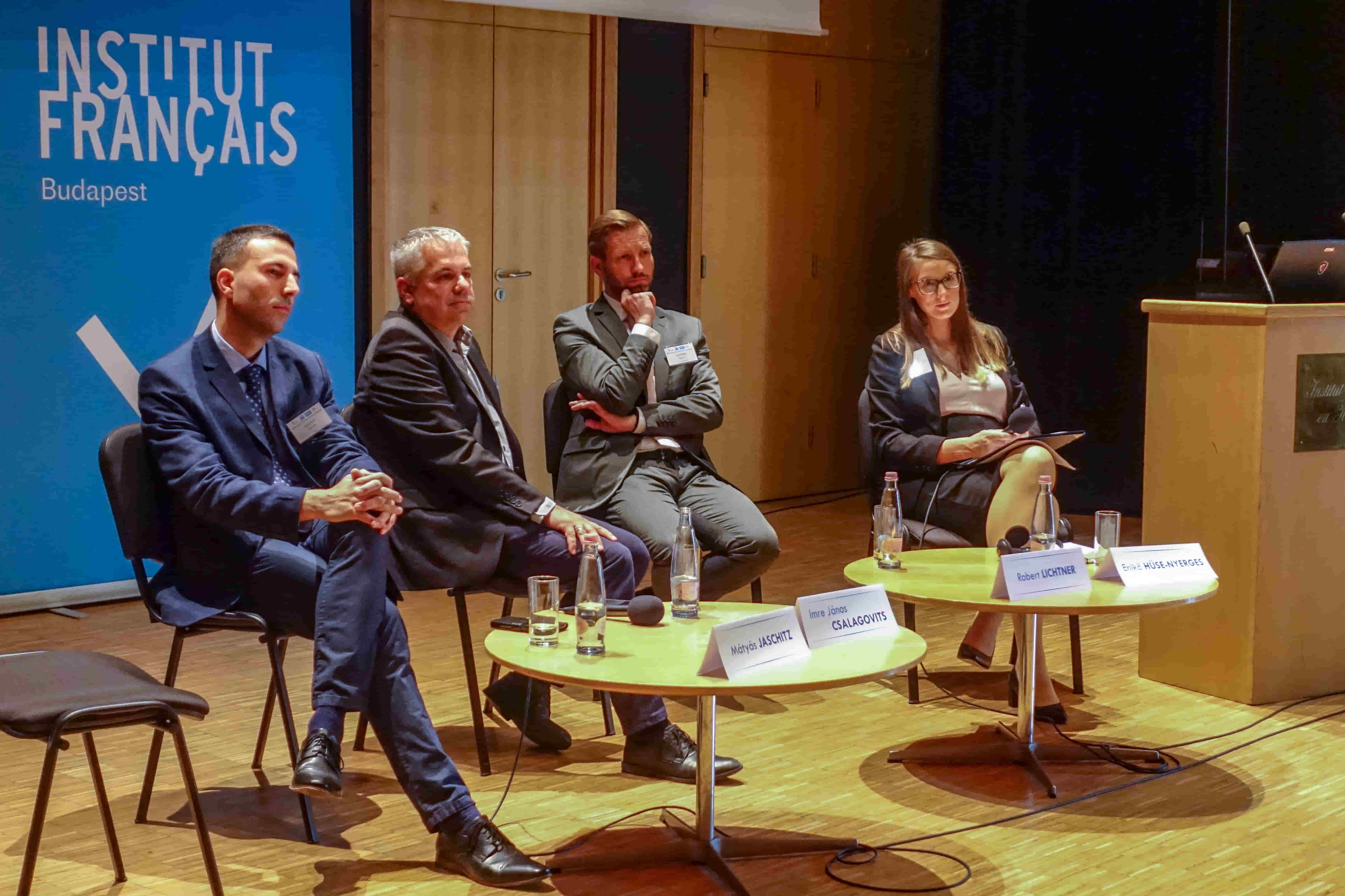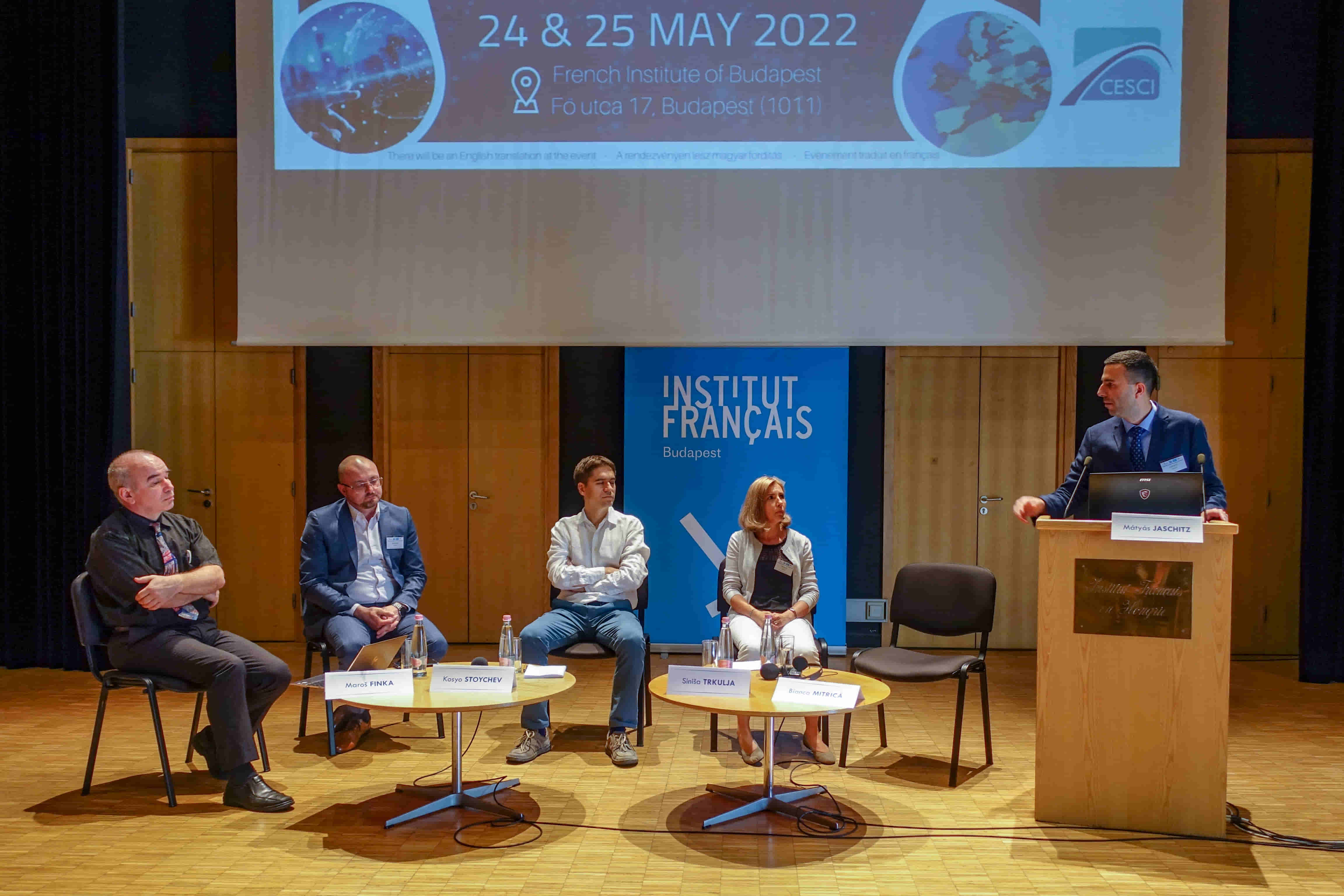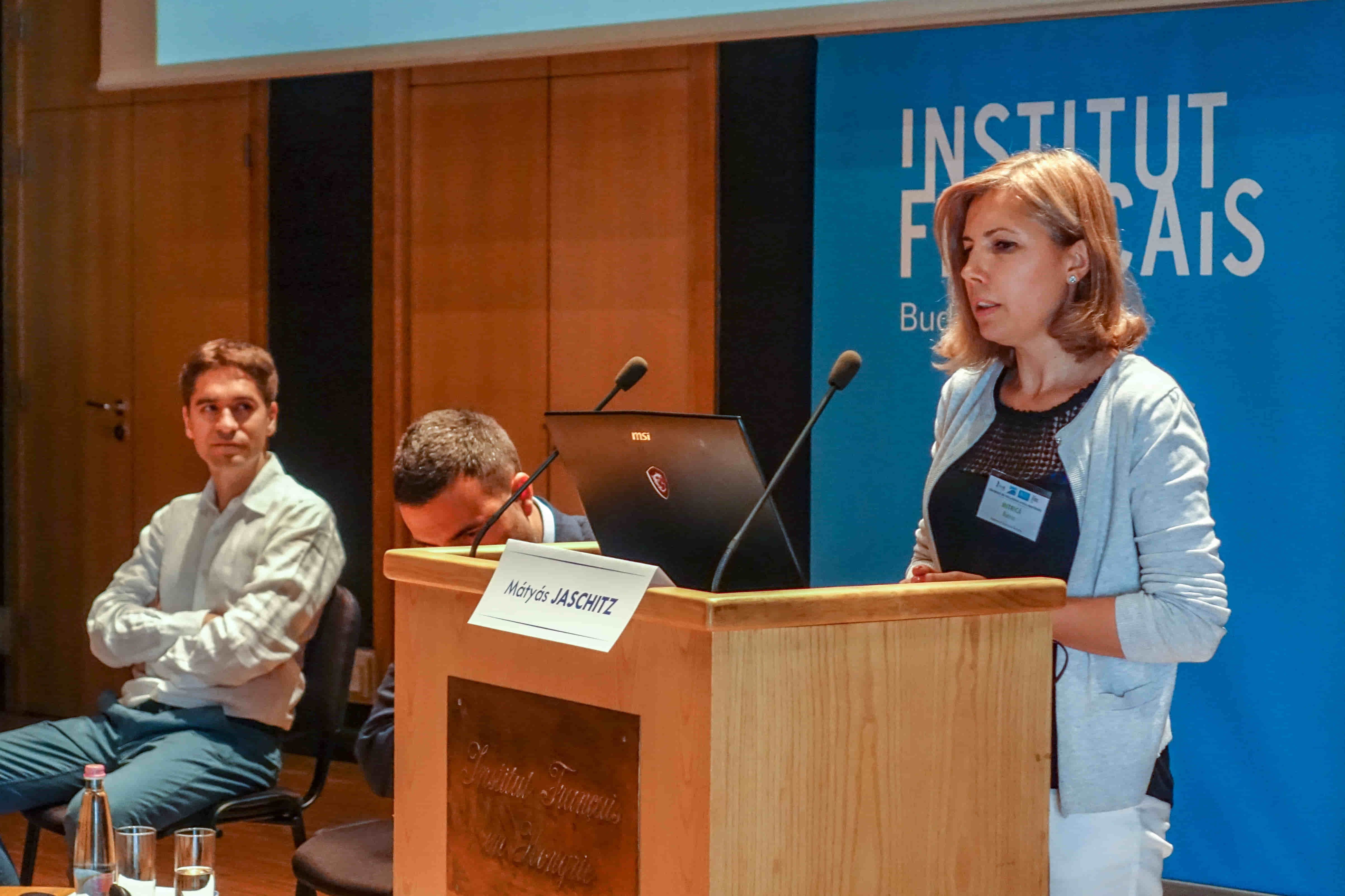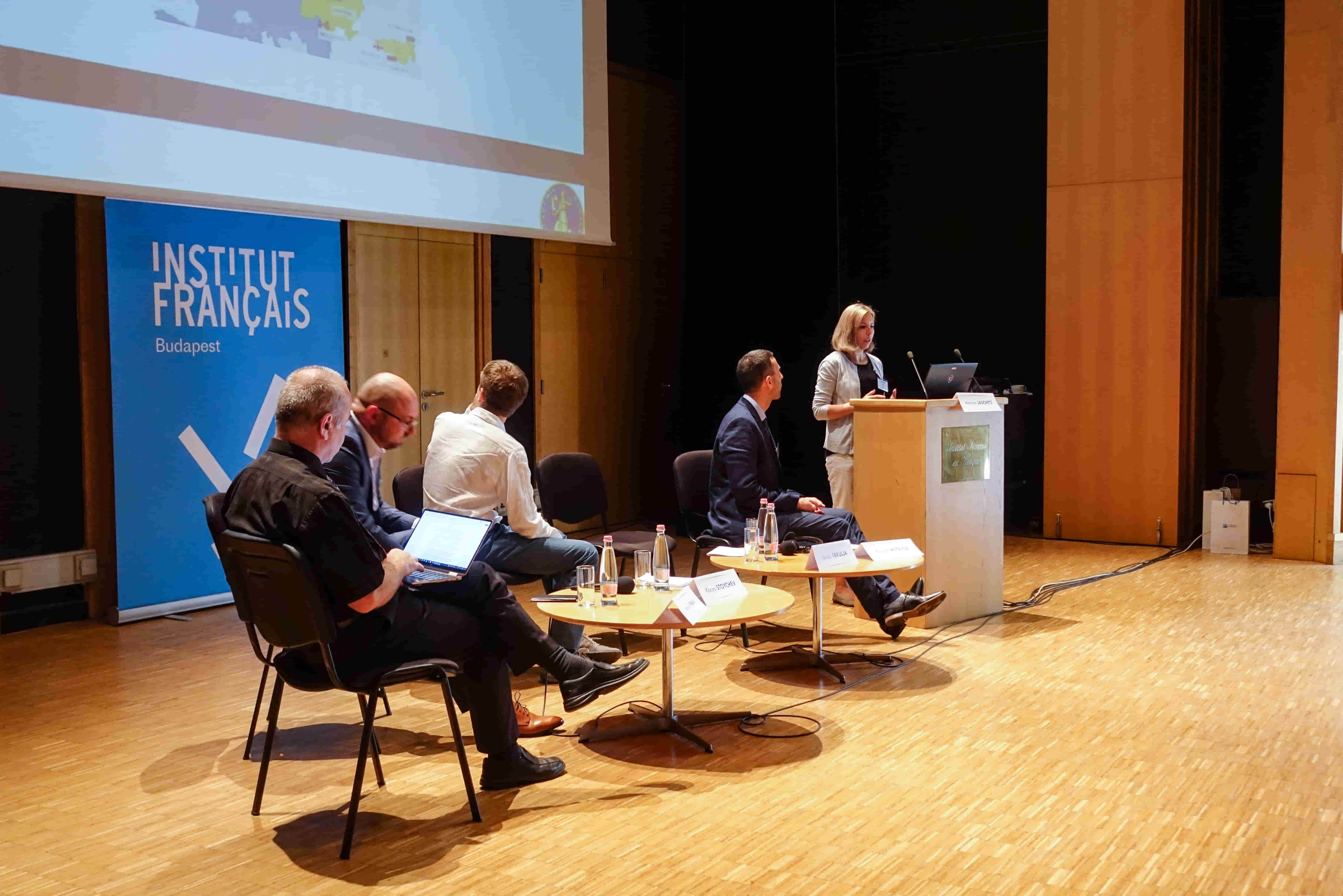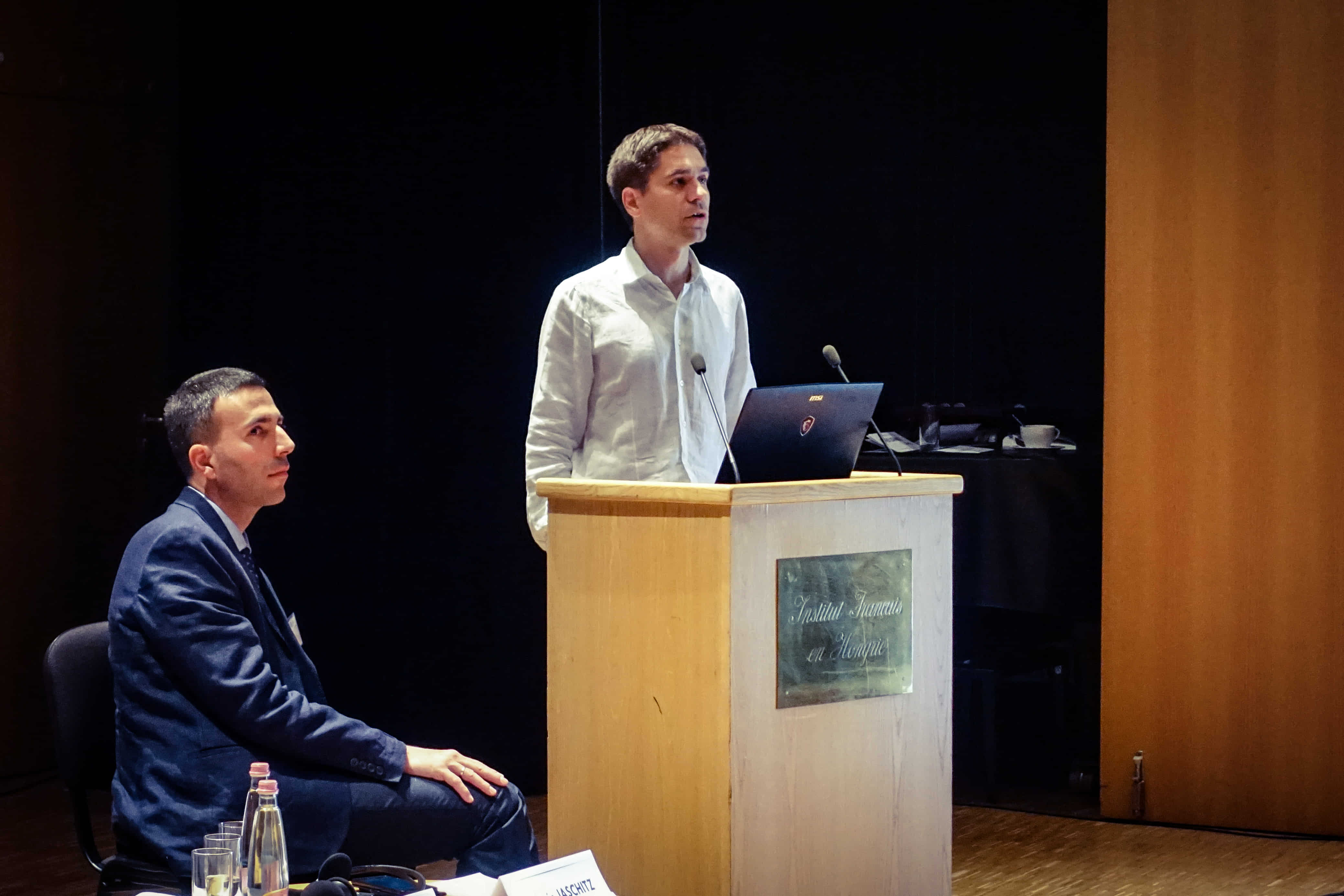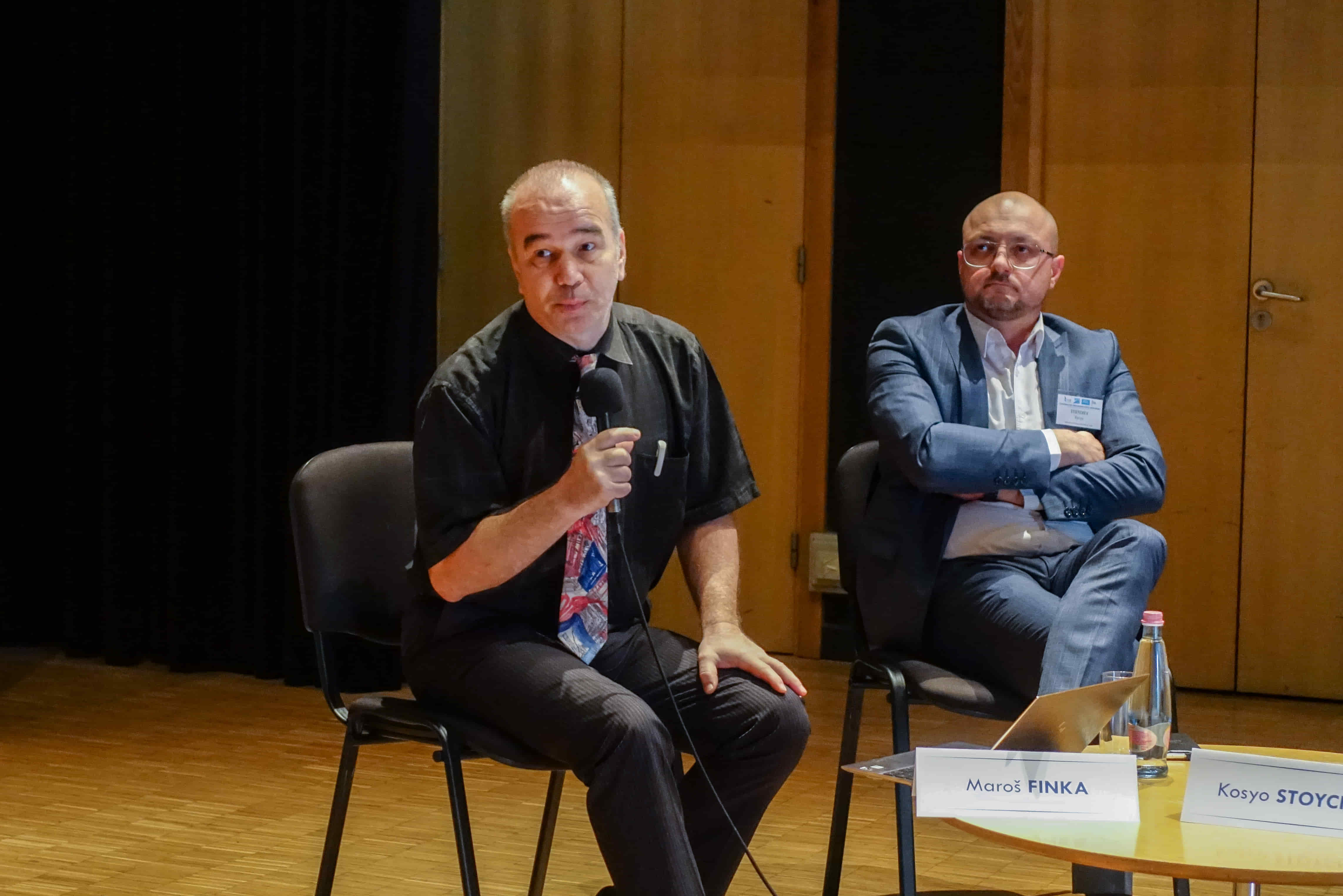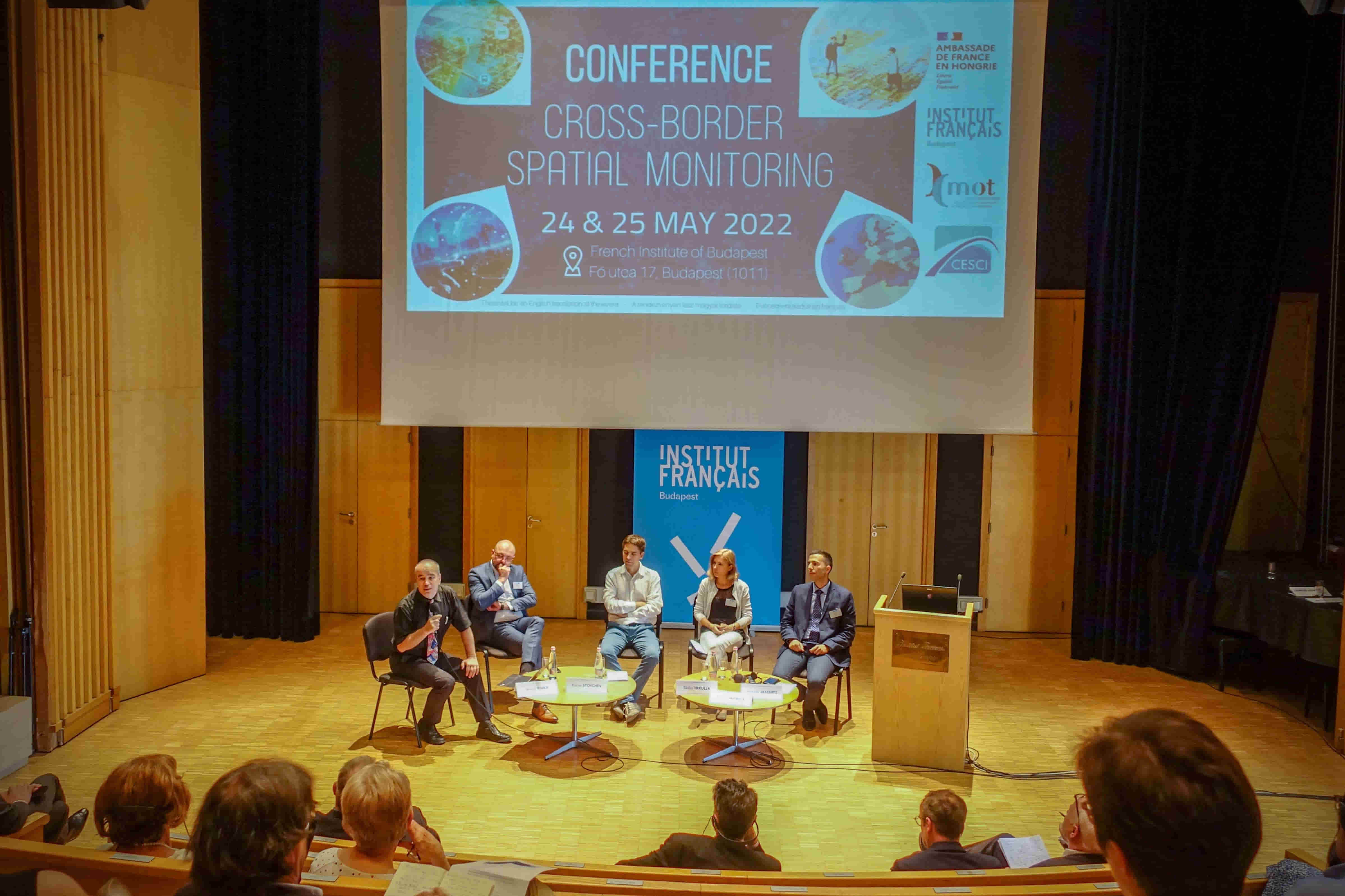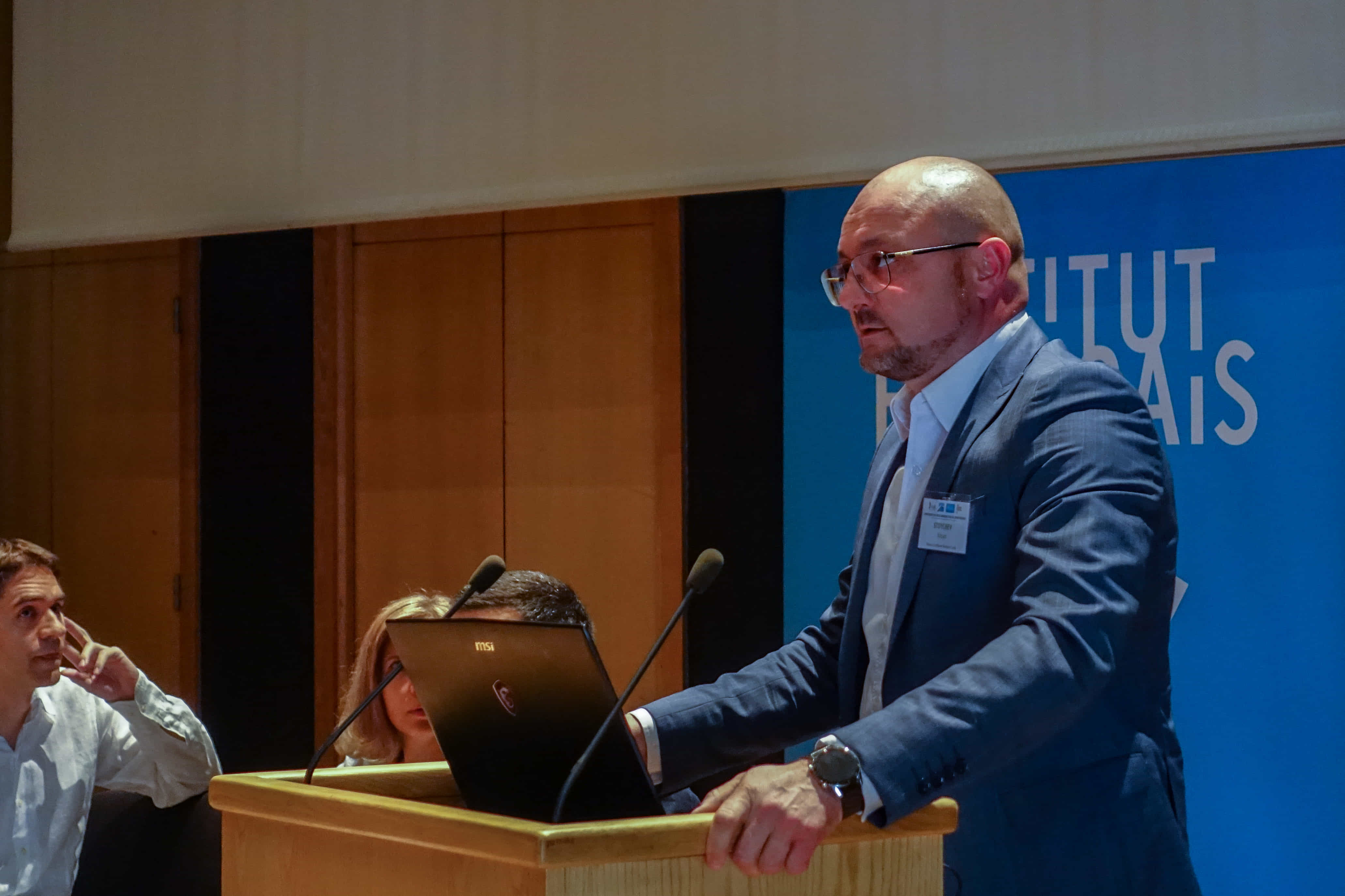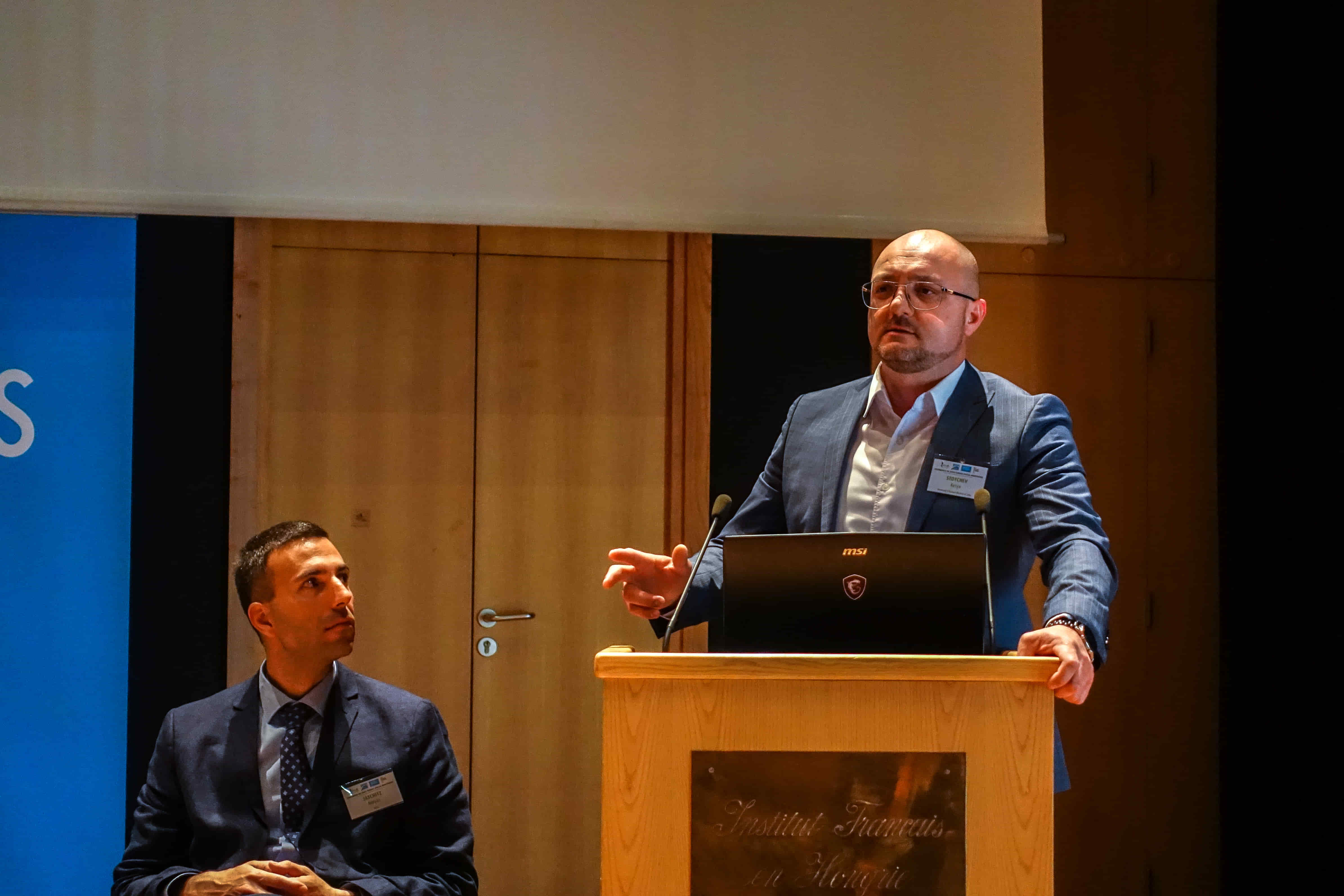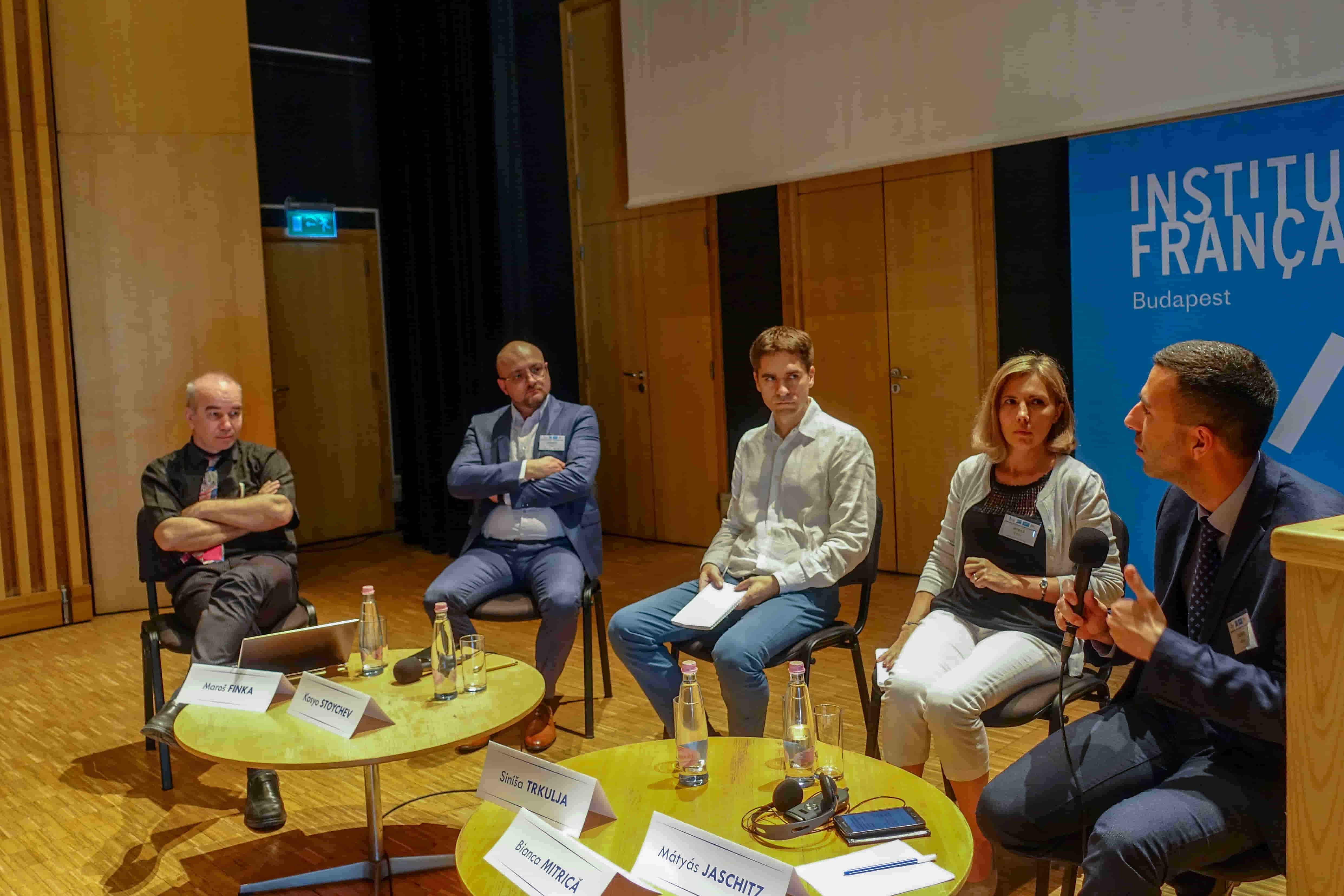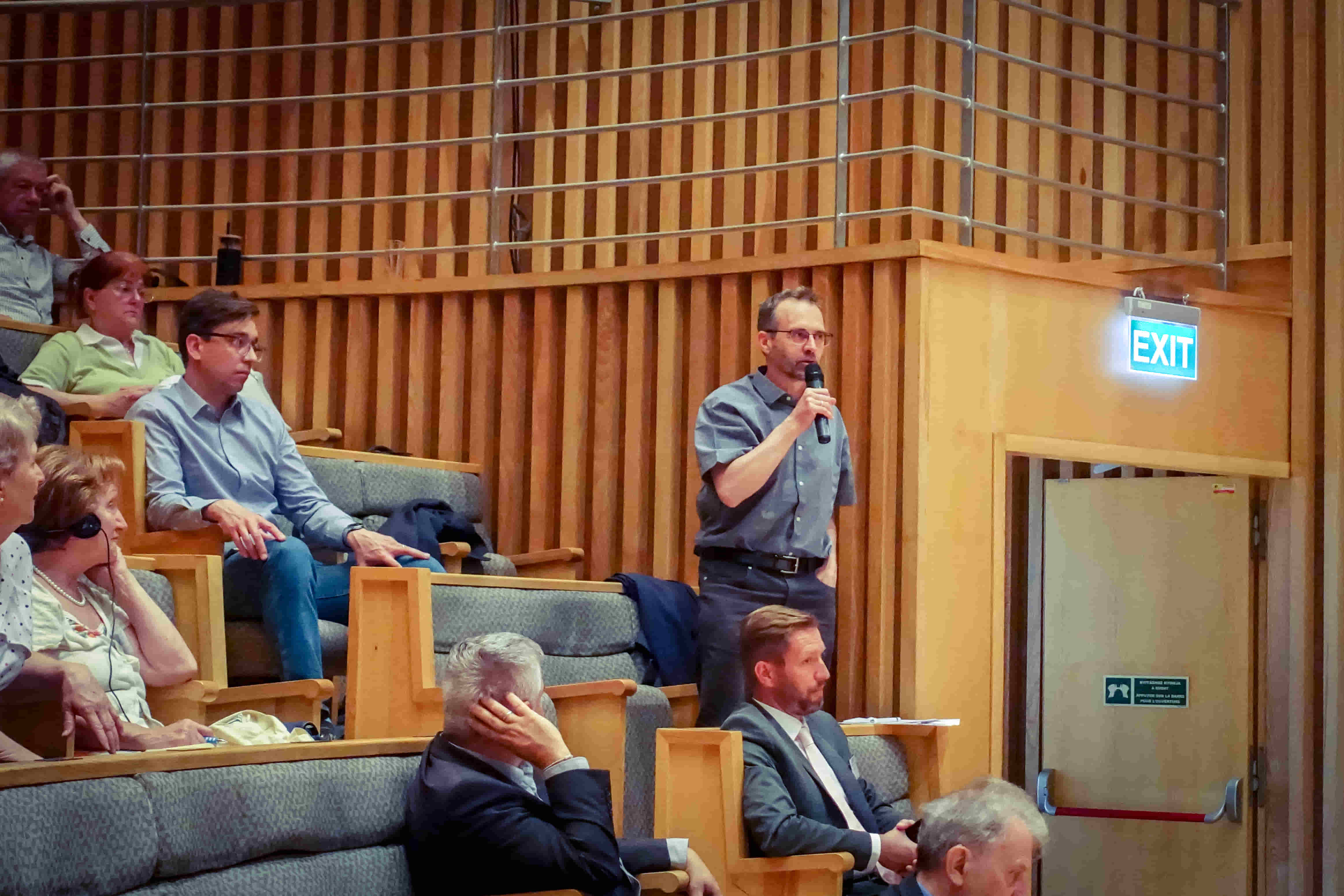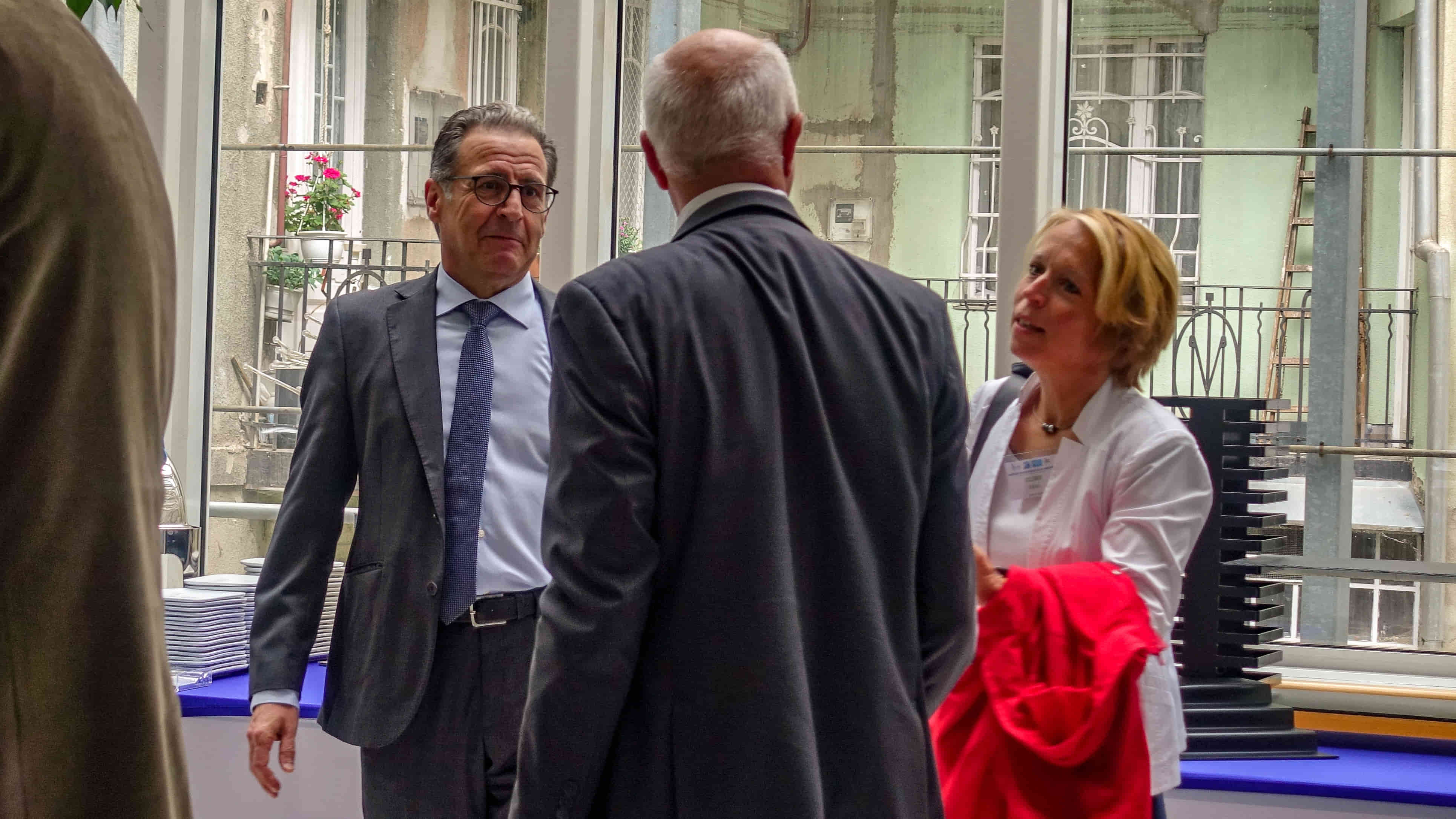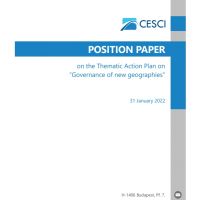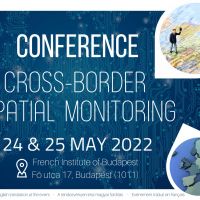The two most recent (and maybe the two deepest) crises of the European Union, namely the migration crisis in 2015 and the COVID-19 pandemic since 2020, strengthened re-nationalising and re-bordering tendencies within the EU. In addition, these crises revealed that both the academic and the government sector lack appropriate knowledge and information on cross-border flows and movements due to national confines of statistical data gathering and processing which end up at the state borders. The urgent need for information when sealing national borders puts those initiatives into the spotlight which are aimed at collecting and analysing spatial data in a cross-border or macro-regional context.
The observation of the territories has a long tradition in France. Since the 1990s, the DATAR and the CGET, the FNAU, the INSÉE and the MOT have been the engines of the topic and the pioneers at the European scene. In 2012, the MOT, the CGET and the FNAU organised a seminar in Nancy dedicated to cross-border observation which offered the basis for the Strategic Cross-border Committee which was established in 2013. The Committee involves the ministries in charge of spatial planning and development in France and in its neighbours. The objective of the cooperation is to harmonise the processing methods of territorial statistical data in order to get a more precise overview on the cross-border flows and to ensure a solid basis for integrated cross-border developments. With a view to facilitating the harmonisation process, also a working group has been set up by the professional agencies (i.e. the national statistical offices) which is still operational.
The topic was given a special emphasis during the implementation of the ‘Cross-Border Review’ project launched by the European Commission in 2015. As one of the results of the project, in 2017-2018 a consortium of national statistical offices realised a research project regarding the harmonisation possibilities of data in order to analyse cross-border flow of workers.
In parallel with the above research, the BBSR, the German institution of spatial planning initiated a platform which is very similar to what had been established in France in 2013. The European Cross-Border Monitoring Network was founded in 2018 with the participation of the agencies for cross-border monitoring from Germany and the neighbouring countries (with the exception of Czechia, Sweden and Denmark). According to the initiators, the platform should be developed into a EU level network.
CESCI has been participating in the process since the beginning. In partnership with the MOT, the association organised the first seminar dedicated to this subject in 2014, at the premises of the French Institute in Budapest with the participation of experts coming from different countries. Taking the small size of the countries situated in Central and Southeast Europe, cross-border monitoring might have more significance than in the larger western states. This fact underlines the necessity of applying the French and German coordination models in this region.
Planned agenda
Date: 24 and 25 May 2022
Venue: Budapest, French Institute
Languages: French, English, Hungarian
24 May 2022 (Tuesday) – The European dimension
11.00 (CEST) Greetings
- HE Ms Pascale Andréani Ambassador of France to Budapest
- Mr Péter Kiss-Parciu Deputy State Secretary, Ministry of Foreign Affairs and Trade
- Mr Wiktor Szydarowski Director of the ESPON EGTC
11:30 Panel 1 – Spatial management and monitoring at EU level
- Mr Rüdiger Ahrend Head of Division, OECD: On the need for spatial monitoring
- Mr Philippe Voiry Ambassador for Intergovernmental Commissions, Cross- border Issues and Cooperation, Ministry of Foreign Affairs (France): Some current challenges of cross-border cooperation in the light of the French Presidency of the EU
- Mr Ricardo Ferreira Administrator, European Commission, DG REGIO: Cross-border monitoring and the Communication ‘Boosting Growth and Cohesion in EU Border Regions’
- Mr Marek Cierpiał-Wolan Director Statistical Office in Rzeszów (Poland): Lessons learnt from the « Border Region Data Collection» project and future perspectives
Q & A
13:00 Lunch
14:00 Panel 2 – Why do we need cross-border data for spatial development?
Keynote address: Mr Thierry Hengen Project Manager, Ministry of Energy and Spatial Planning (Luxembourg): The geo informatical system of the Greater Region
Round-table discussion; participants:
- Mr Aurélien Biscaut Secretary General of the Mission Opérationnelle Transfrontalière
- Mr Martín Guillermo-Ramírez Secretary General of the Association of European Border Region
- Ms Sabine Zillmer Director of the Berlin Branch Office of Spatial Foresight (Luxembourg-Germany)
- Mr Pierre Laplane Director, Agency of Urbanism of Strasbourg (France)
Discussion
16:00 Closing of the first day’s program
25 May 2022 (Wednesday) – The macro-regional dimension
9:00 (CEST) Panel 3 – The supranational perspective
- Mr Wiktor Szydarowski Director of the ESPON EGTC: The need for relevant data at macro-regional level
- Mr Jean Peyrony General Director of the Mission Opérationnelle Transfrontalière: The Nancy Initiative and the Cross-Border Strategic Committee
- Ms Ulla Agerskov Project Manager/Statistics, Nordic Council of Ministers: Nordic Cross-Border Statistics
- Mr Volker Schmidt-Seiwert Project Manager of the BBSR (Germany): The European Cross-Border Monitoring Network
Q & A
10:30 Coffee break
10:50 Panel 4 – To zoom into the Danube macro-region
- Mr Robert Lichtner Coordinator of the Danube Strategic Point: The monitoring of the implementation of the Danube macro-regional strategy
- Mr Imre János Csalagovits Head of the Managing Authority of the Interreg Danube programme: The need for spatial monitoring for the sake of better performance of the transnational programme
- Mr Mátyás Jaschitz Director of CESCI (Hungary): The challenges of access to data during the design of the new Interreg Danube programme
Q & A
12:00 Coffee Break
12:20 Round-table discussion on the national level
Participants :
- Ms Bianca Mitrică Head of Department, Academy of Sciences of Romania (Romania)
- Mr Siniša Trkulja PhD in Spatial Planning, Ministry of Construction, Transport and Infrastructure (Serbia)
- Mr Maroš Finka Professor, Slovak University of Technology (Slovakia)
- Mr Kosyo Stoychev Associate Professor, University St Kliment Ohridski of Sofia (Bulgaria)
Q & A
13: 30 Closing lecture: Perspectives for the future
- Mr Andreas Faludi Professor Emeritus, Delft University (The Netherlands): The Poverty of (Methodological) Territorialism
Reception
May 24-25, 2022 in the auditorium of the French Institute in Budapest
Slideshows of each presentation can be viewed and downloaded by clicking on the images.

